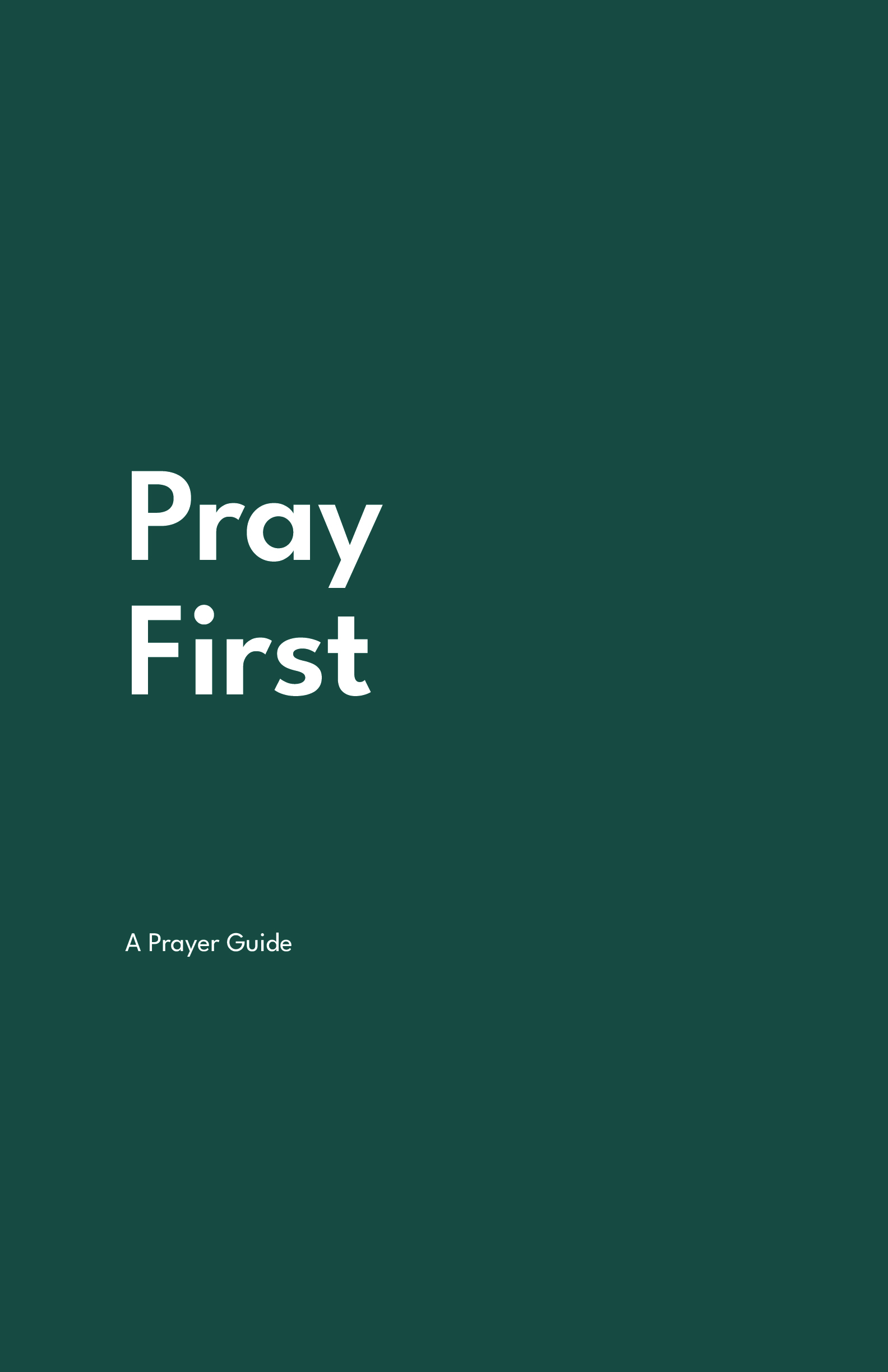
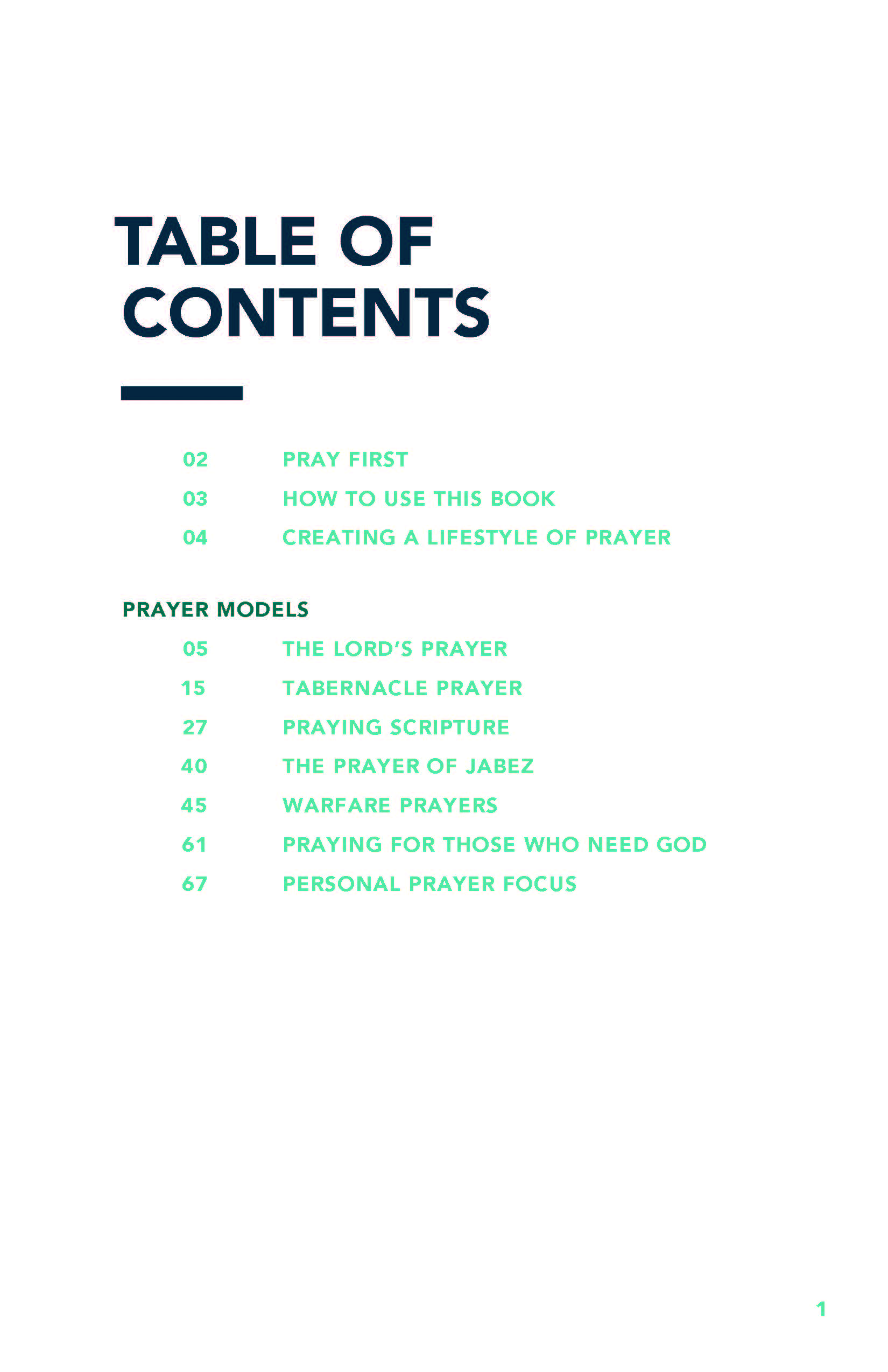
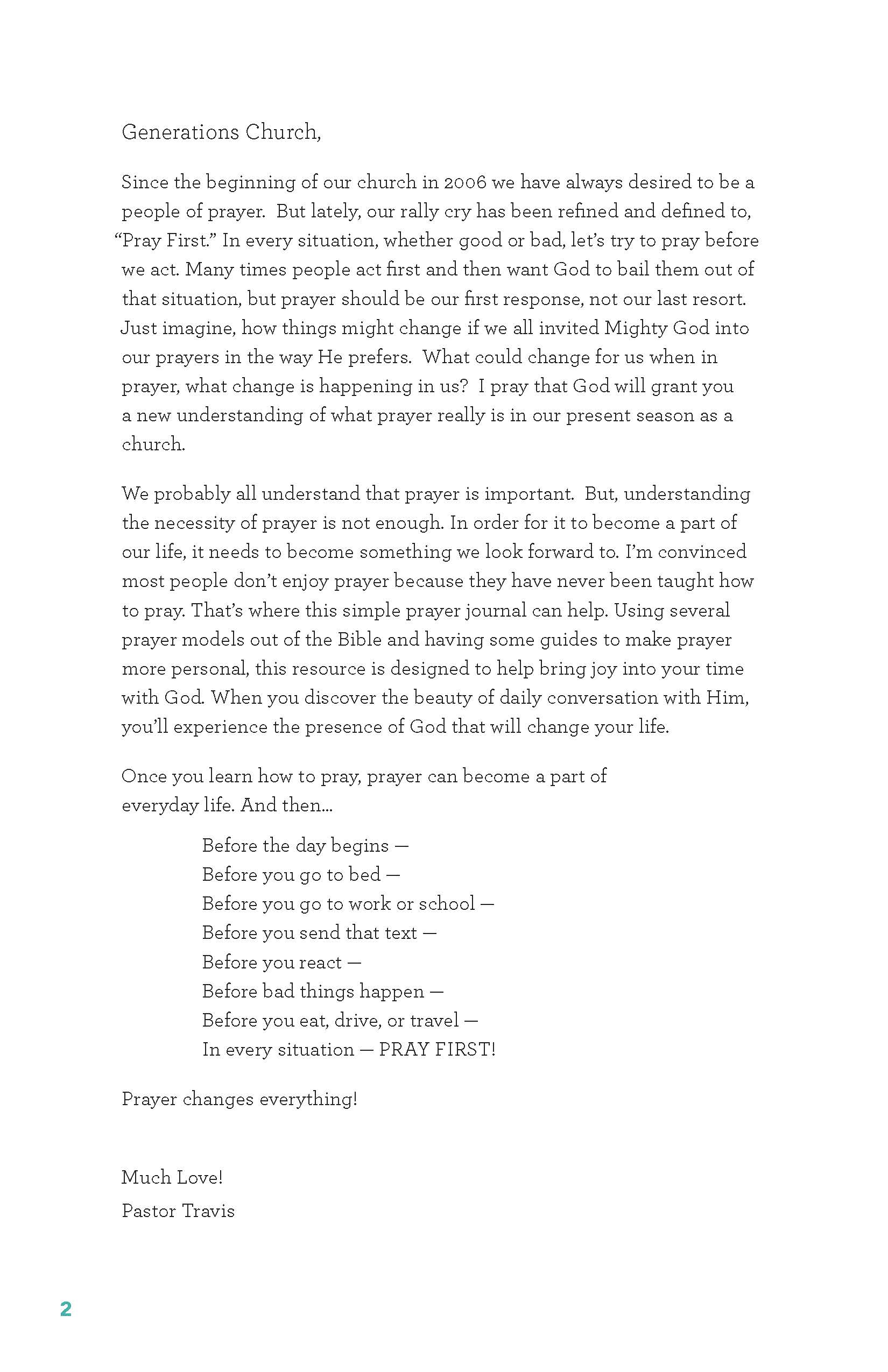
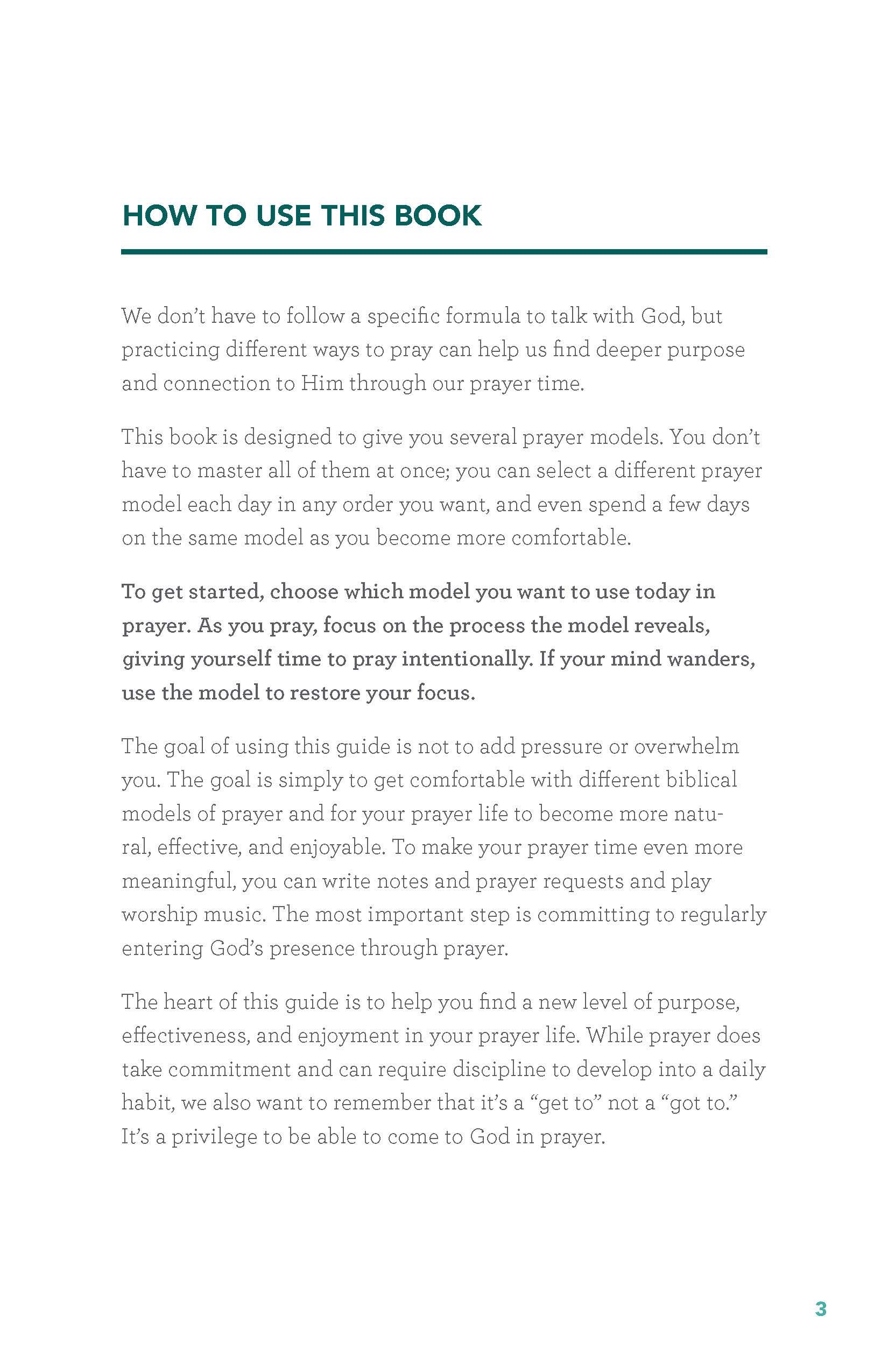
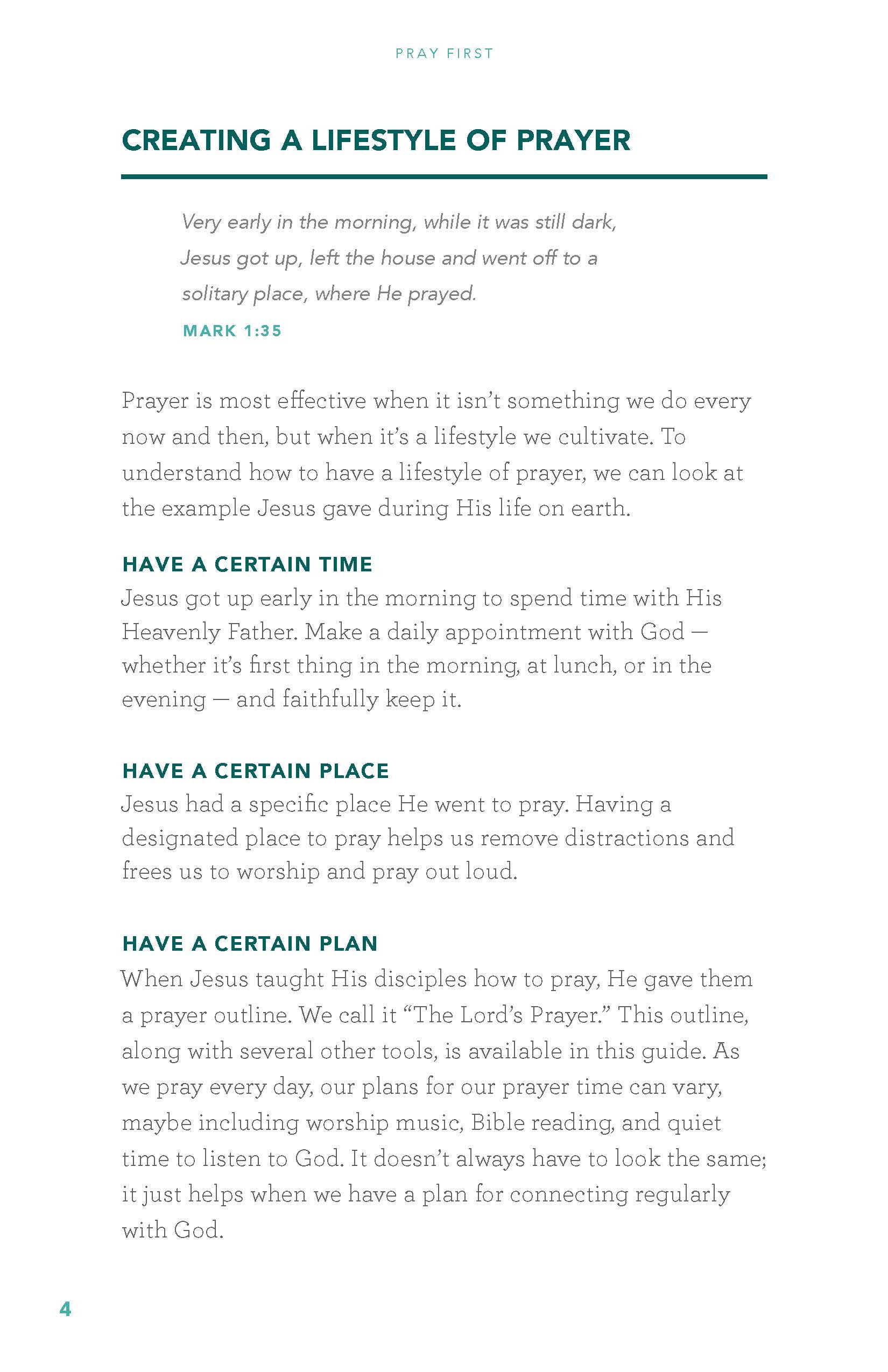
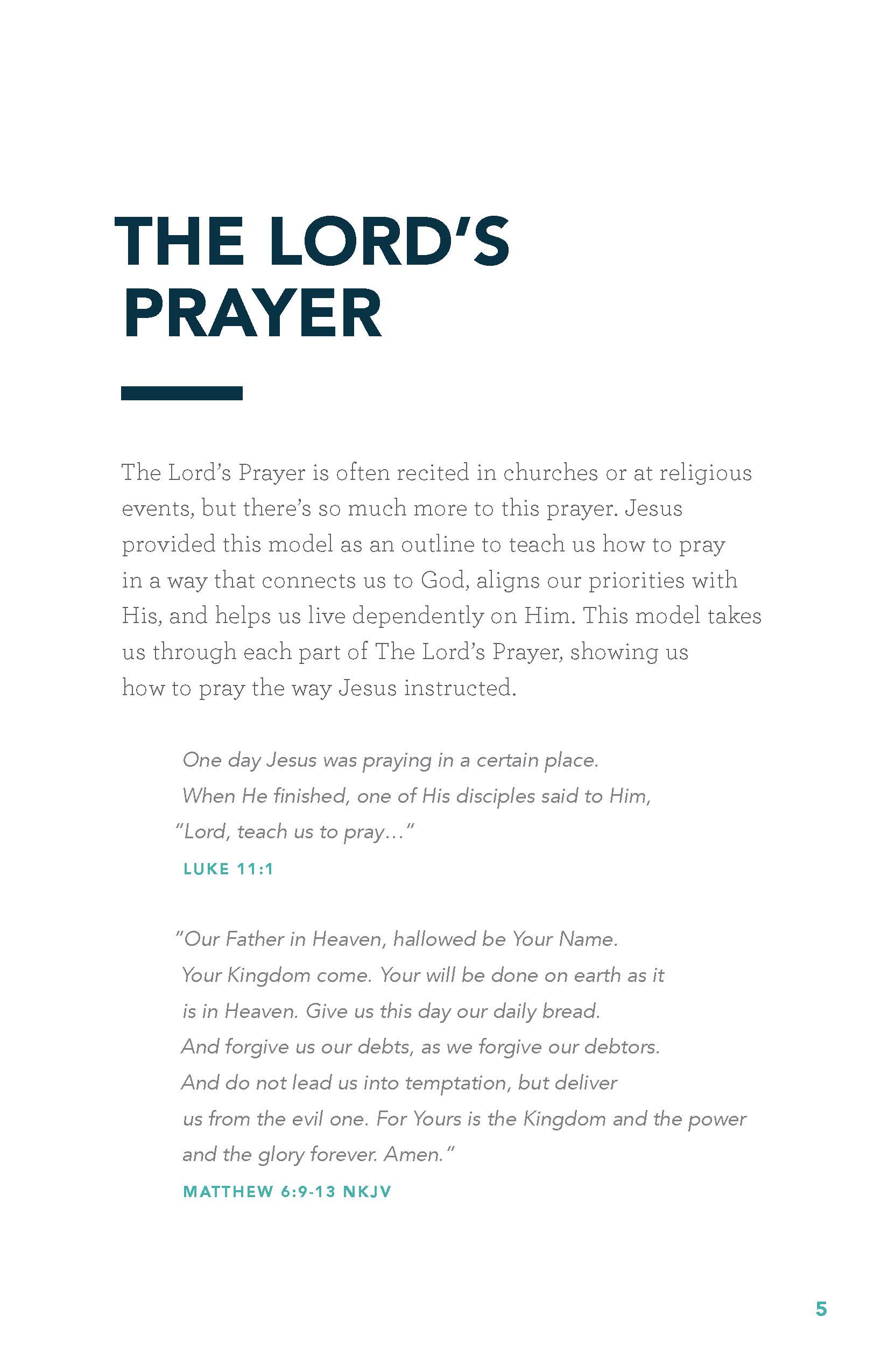
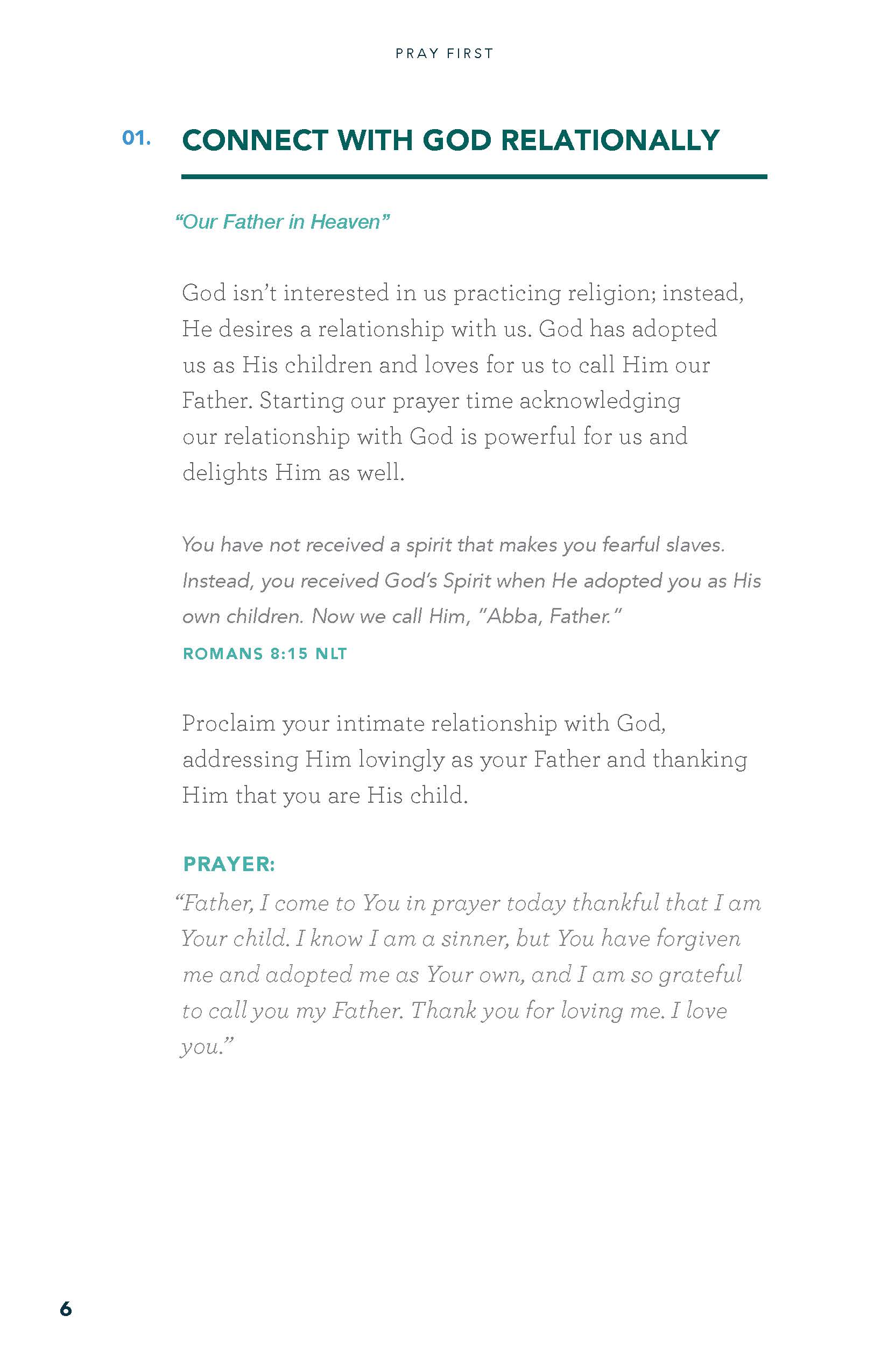
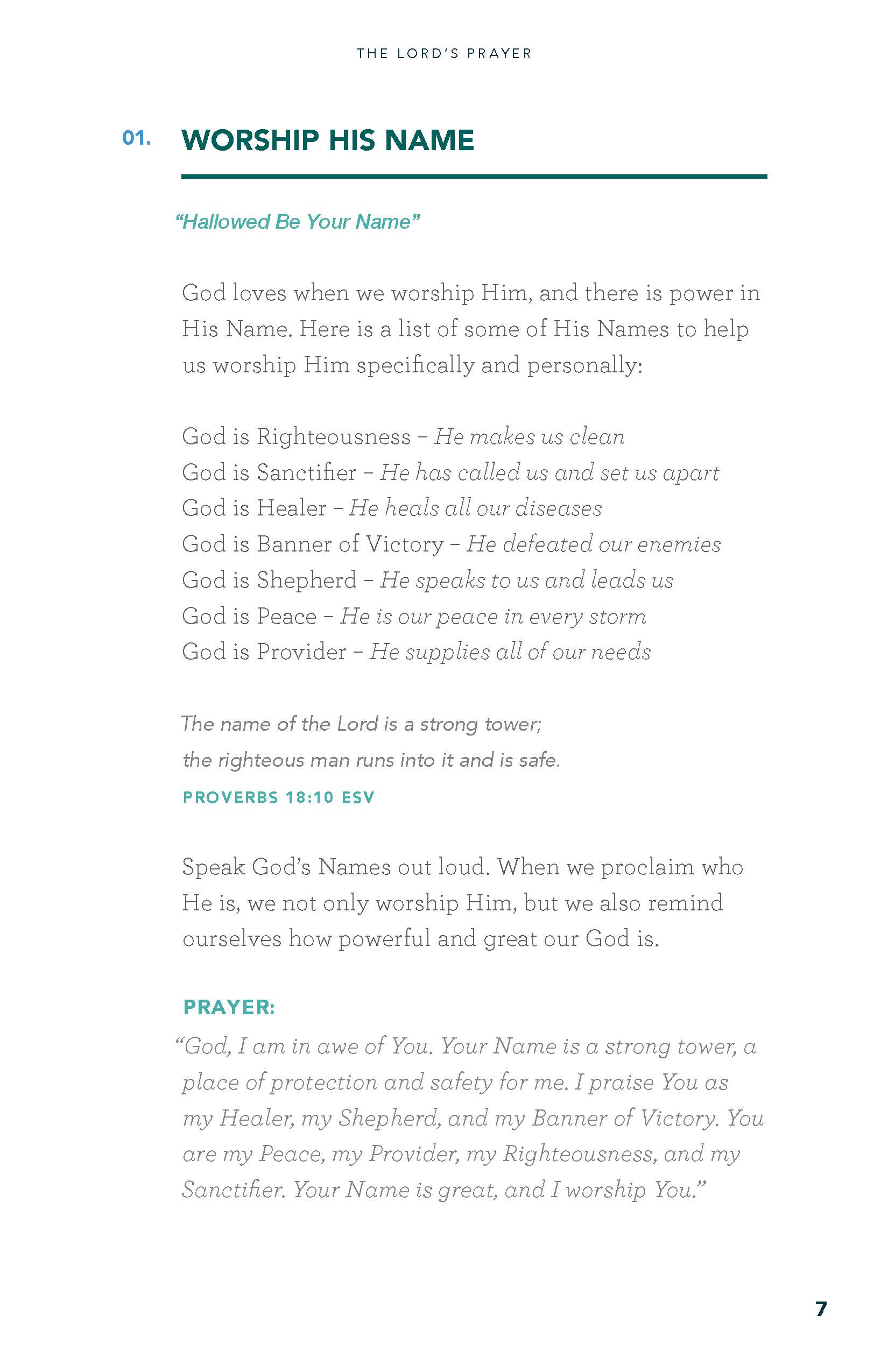
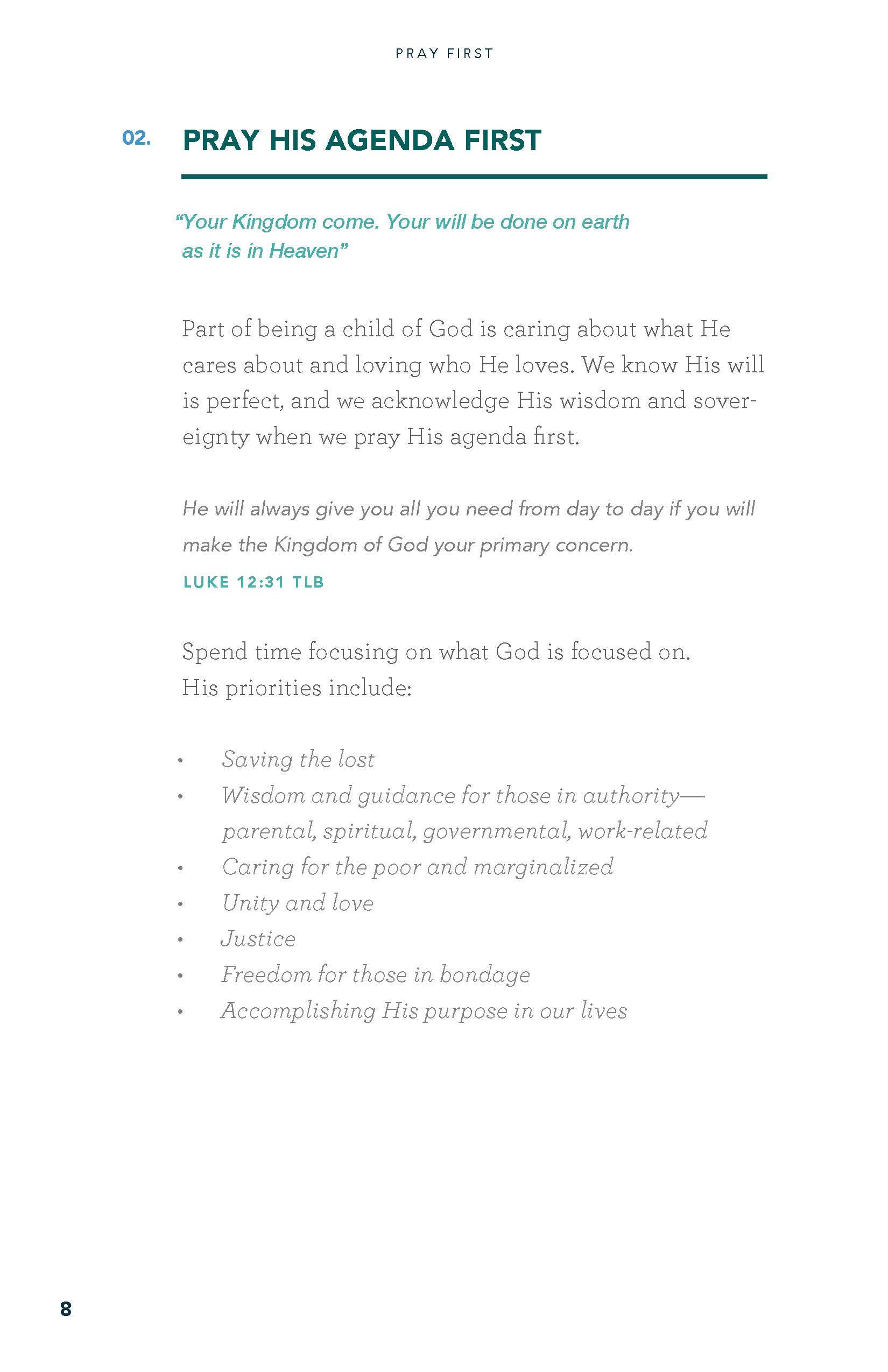
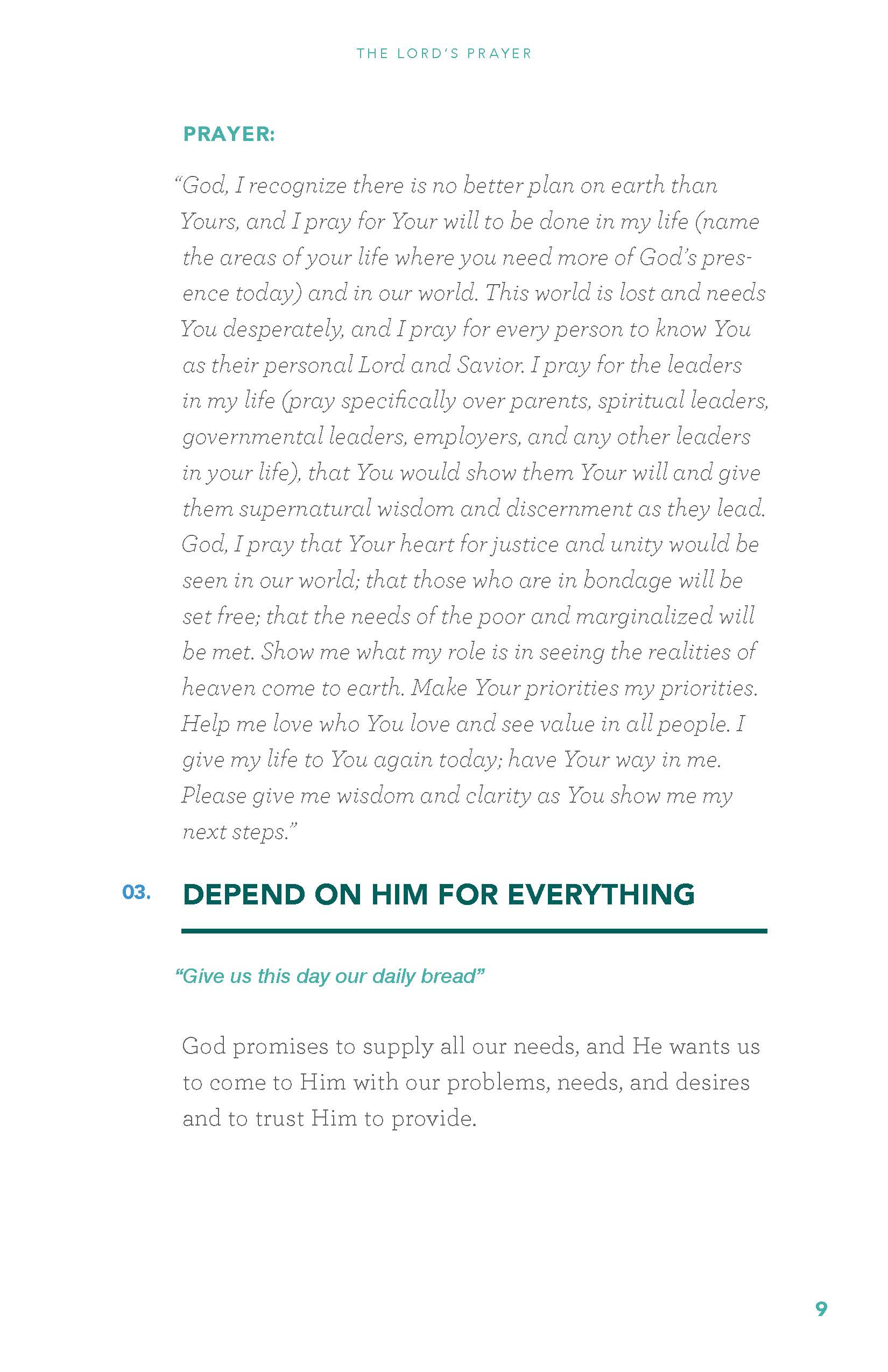
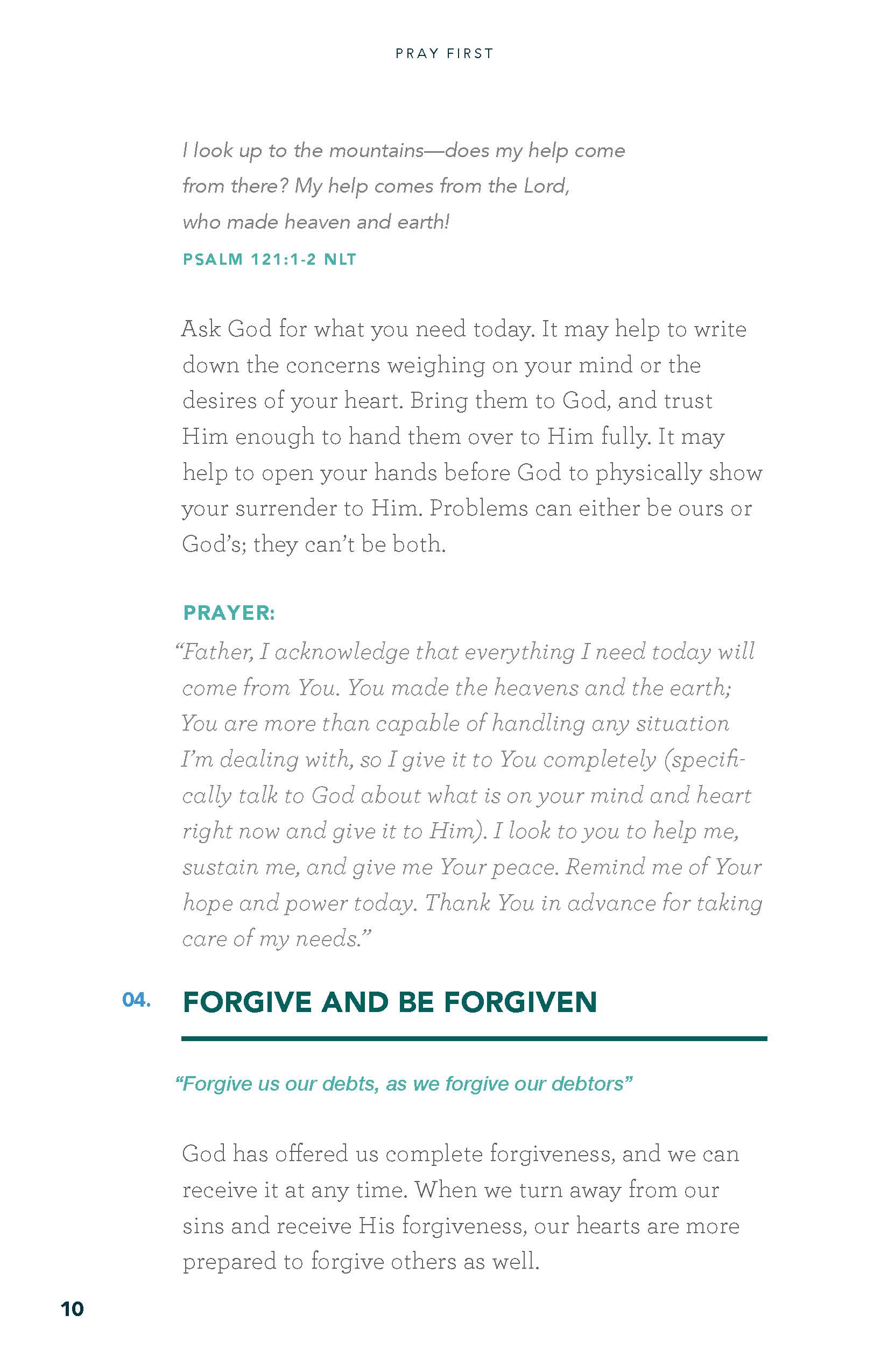
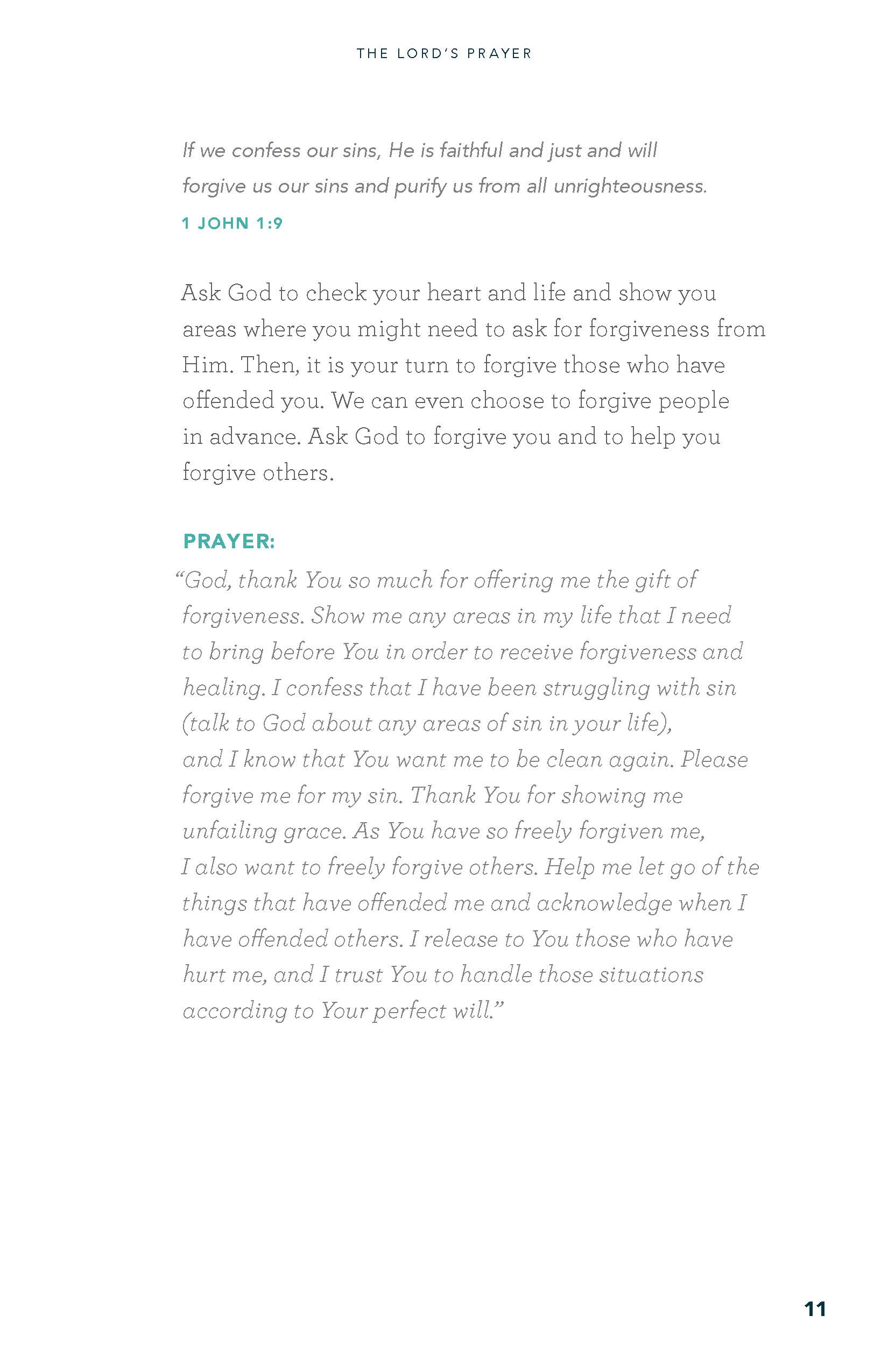
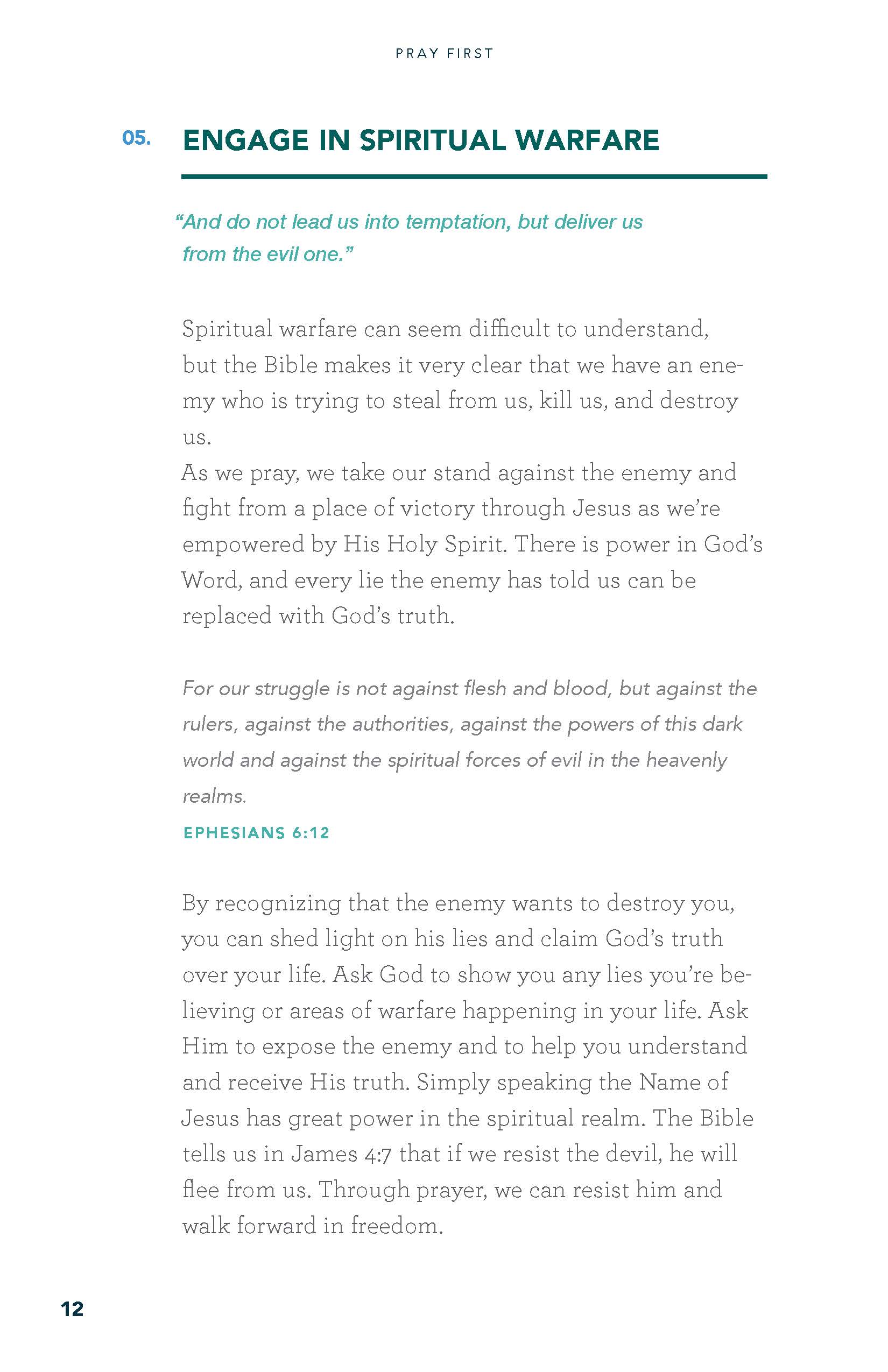
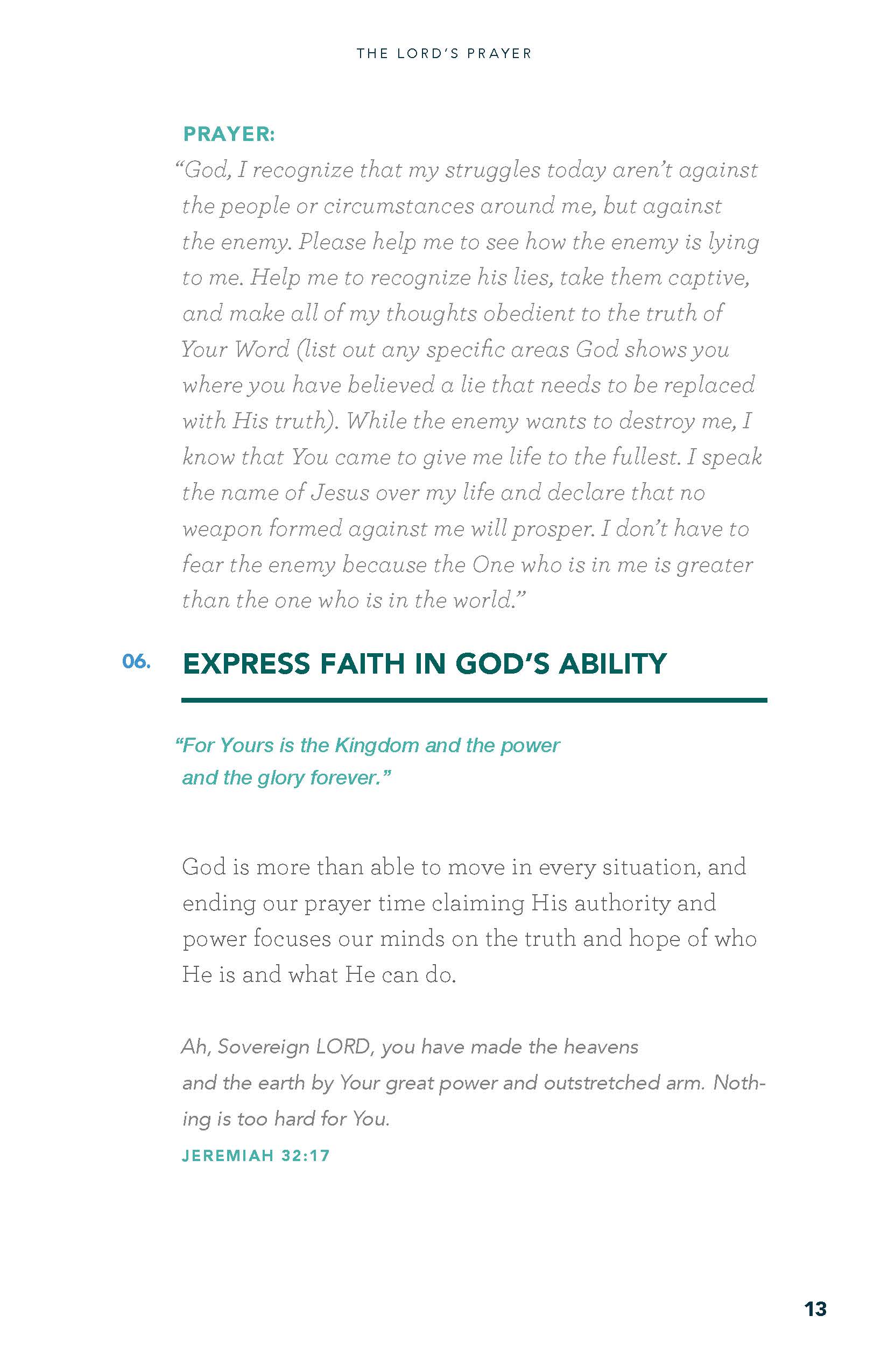
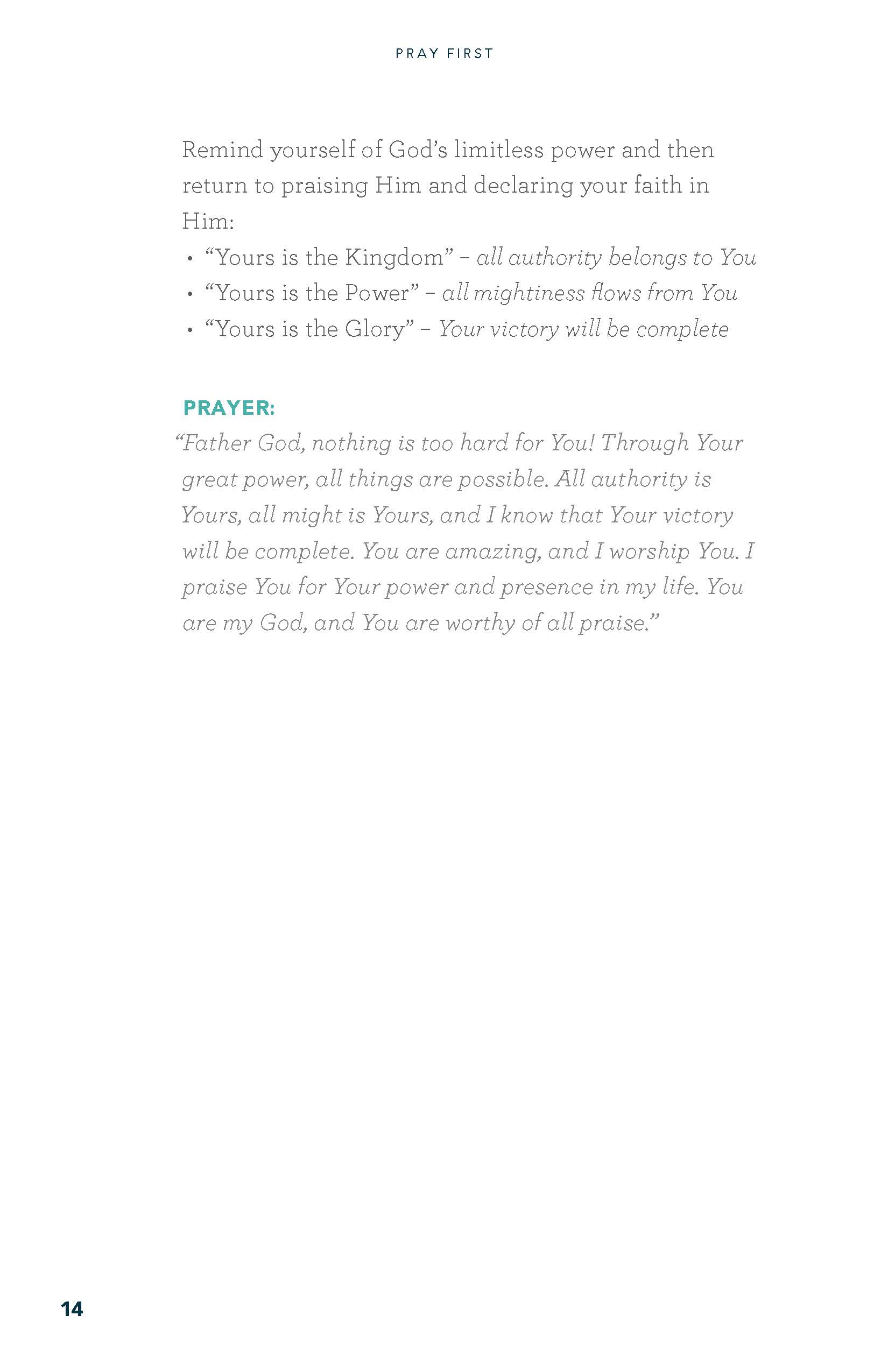
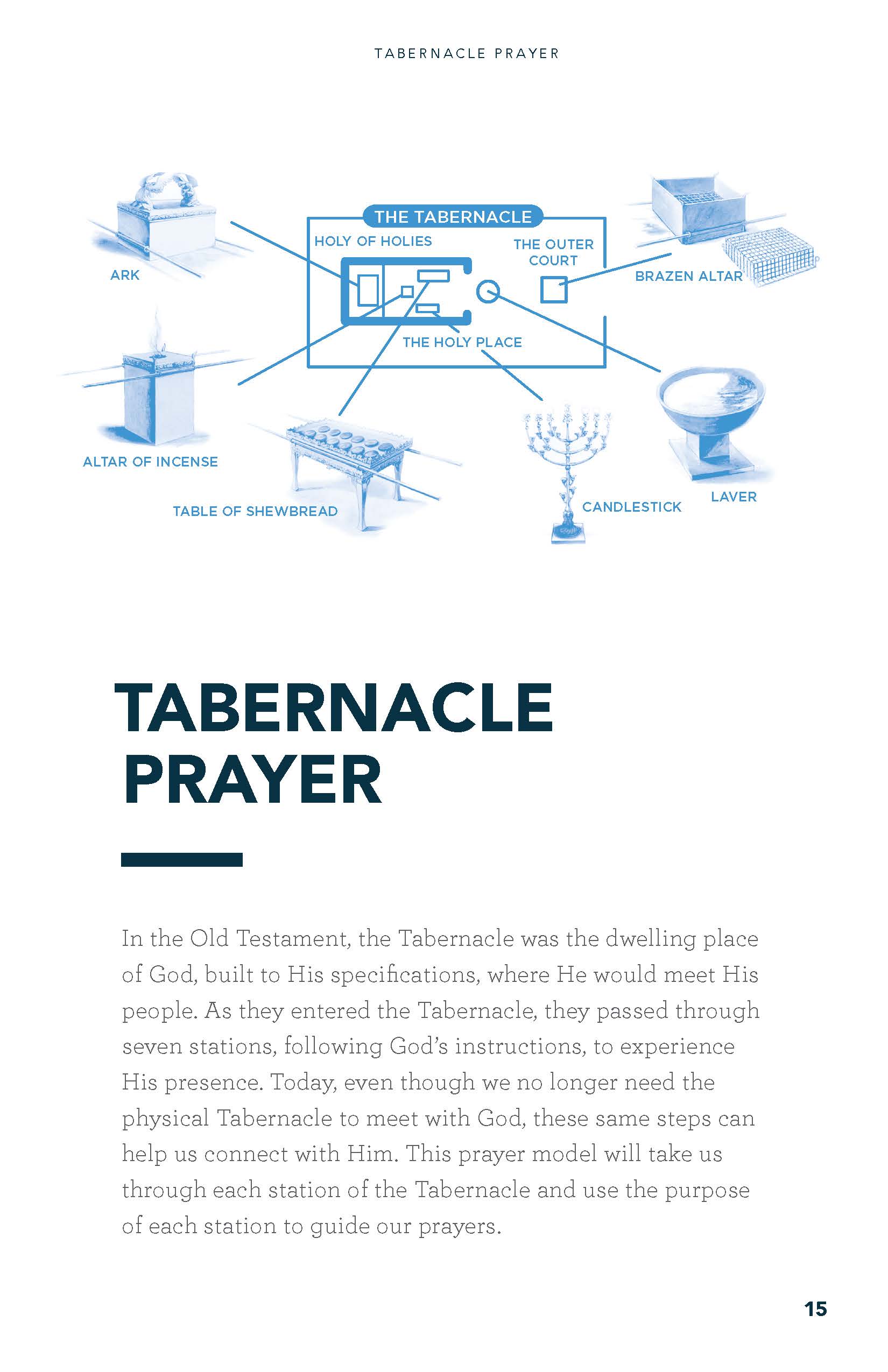
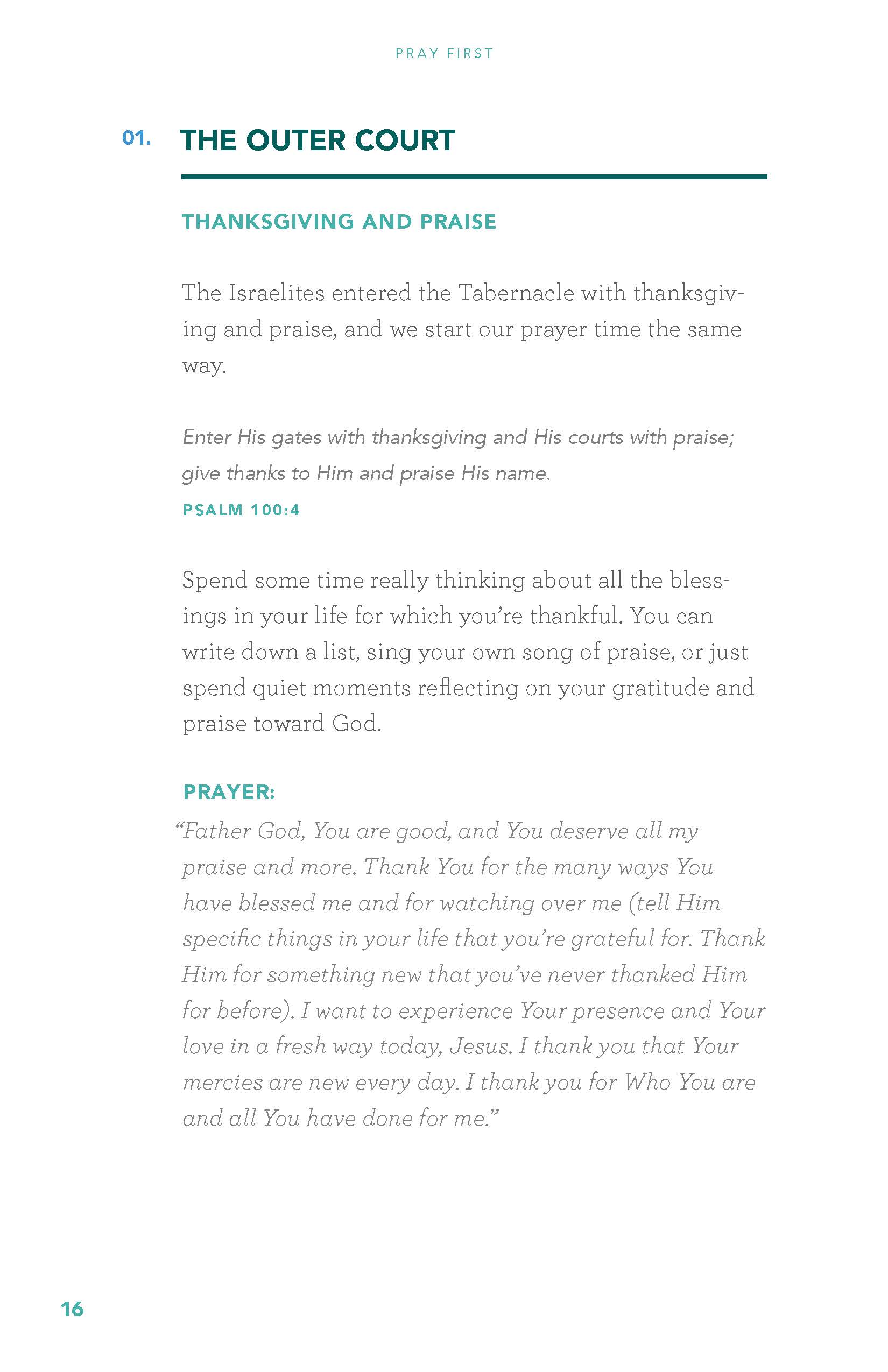
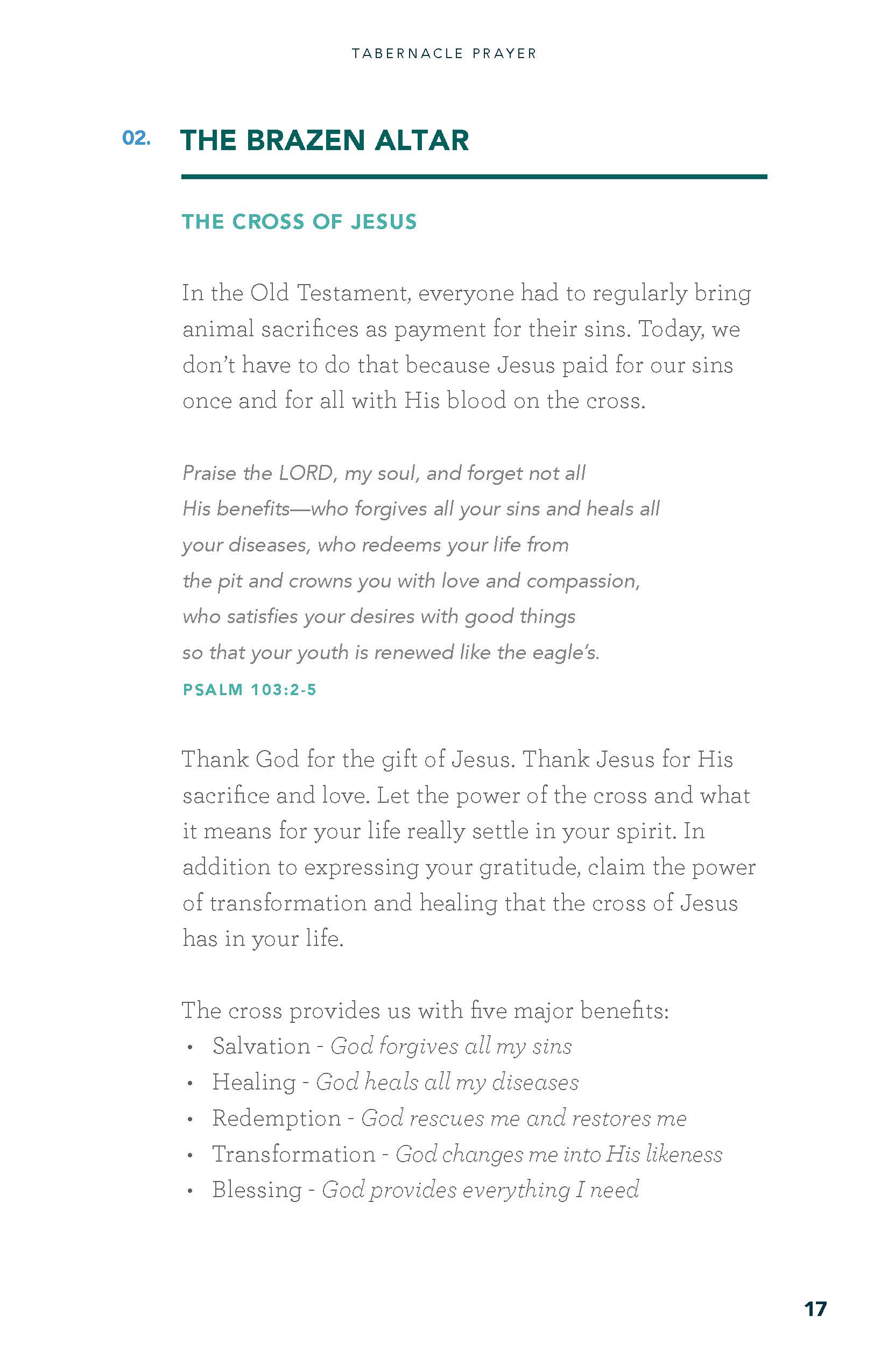
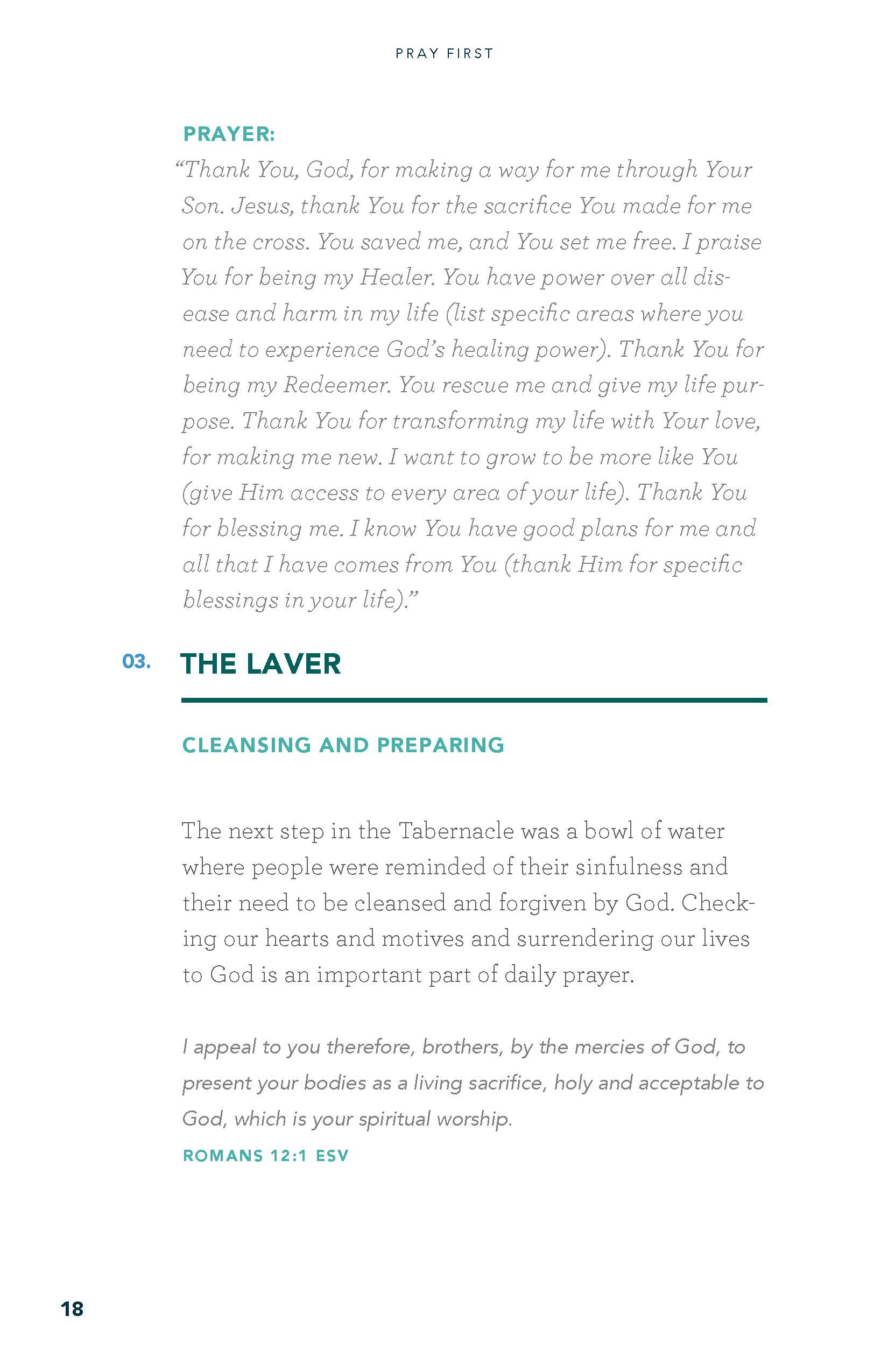
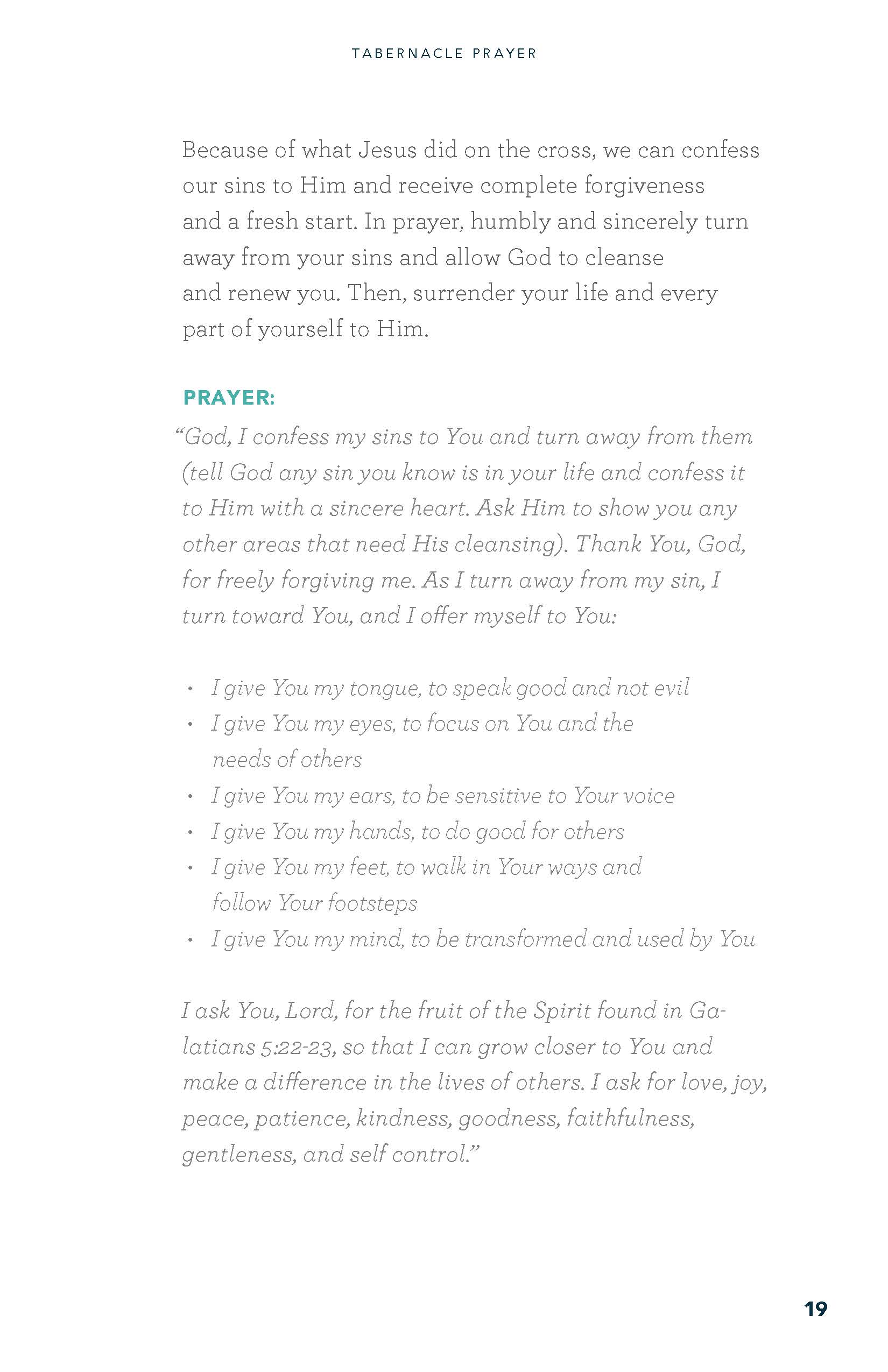
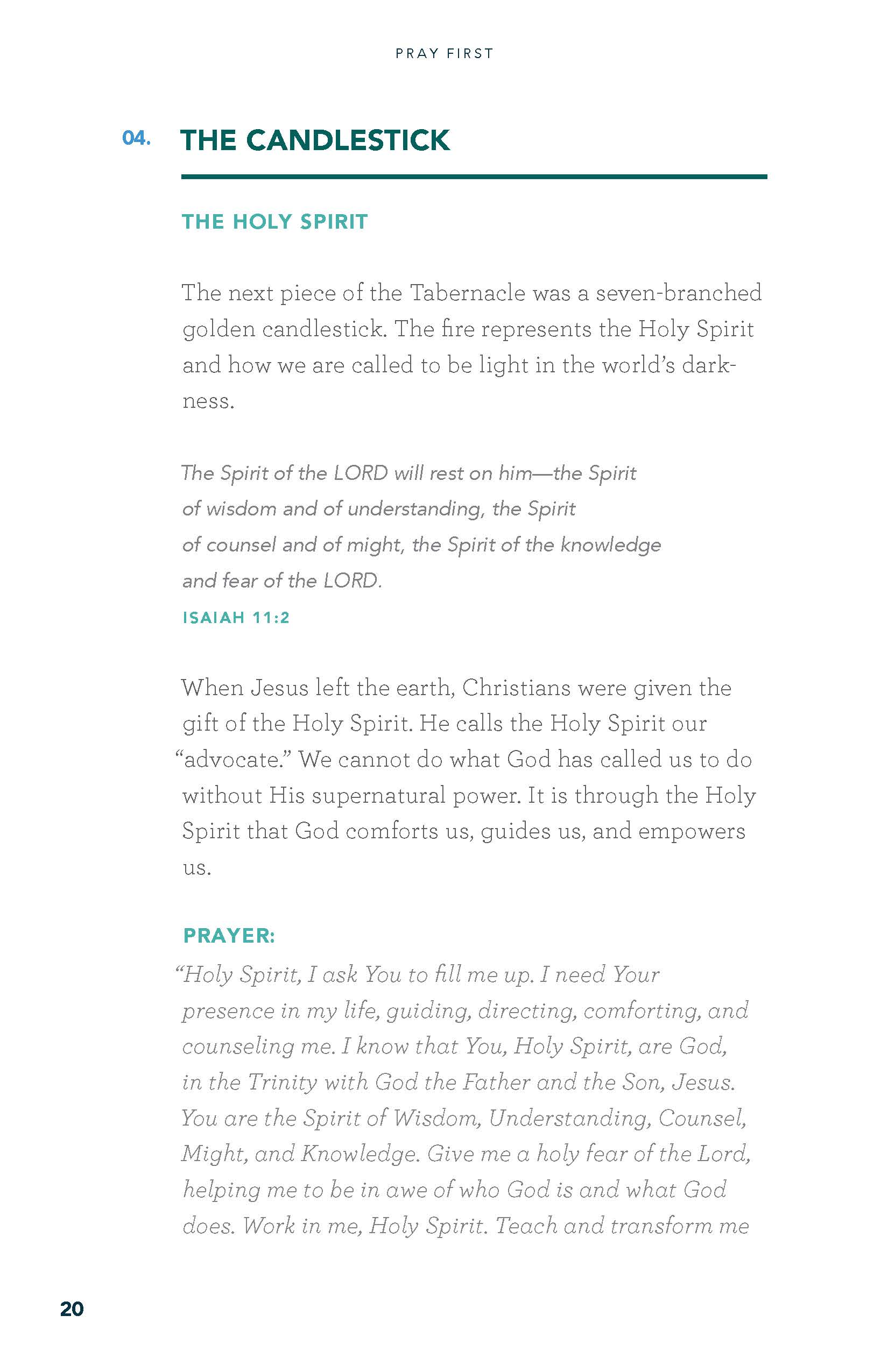
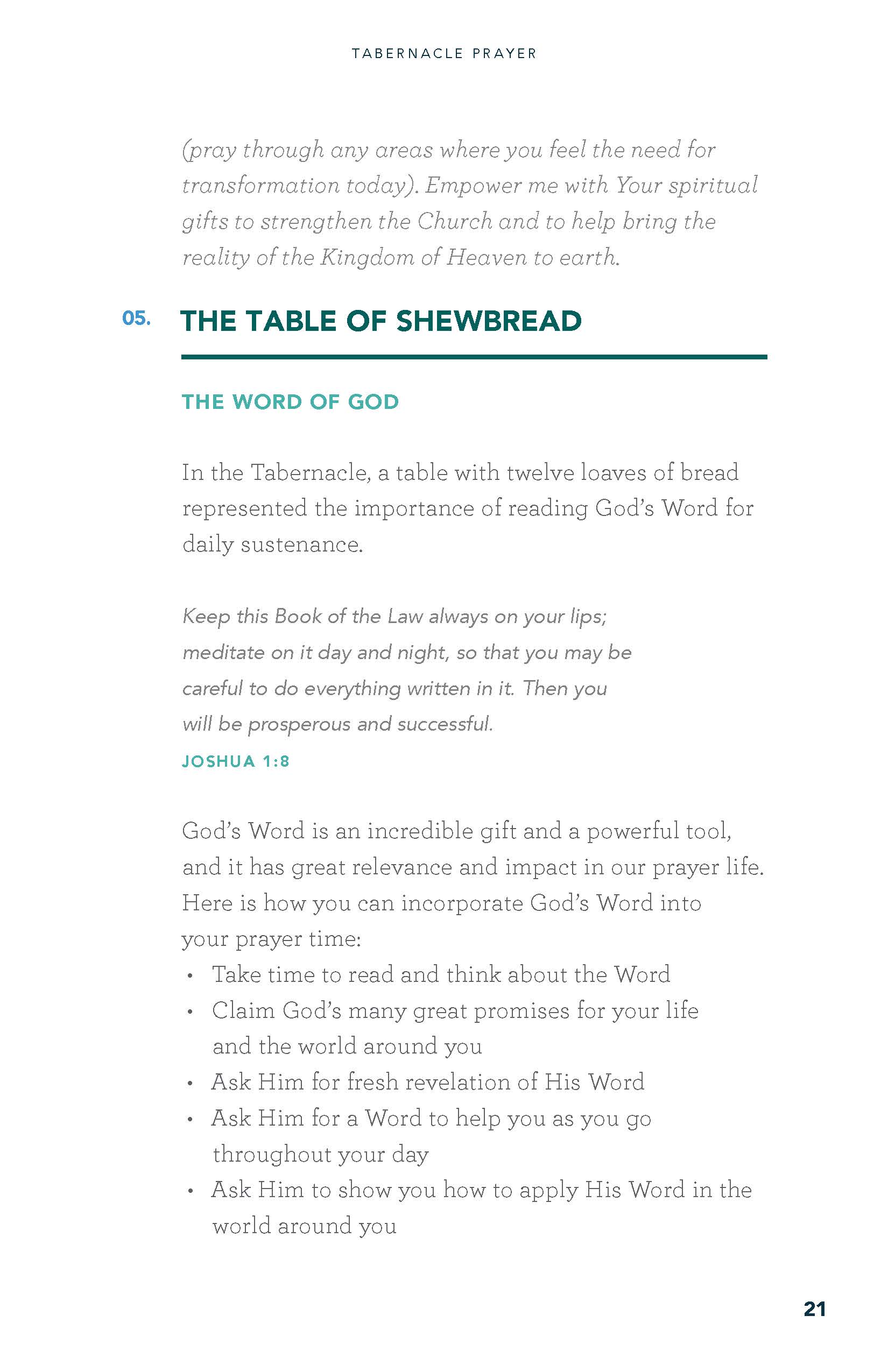
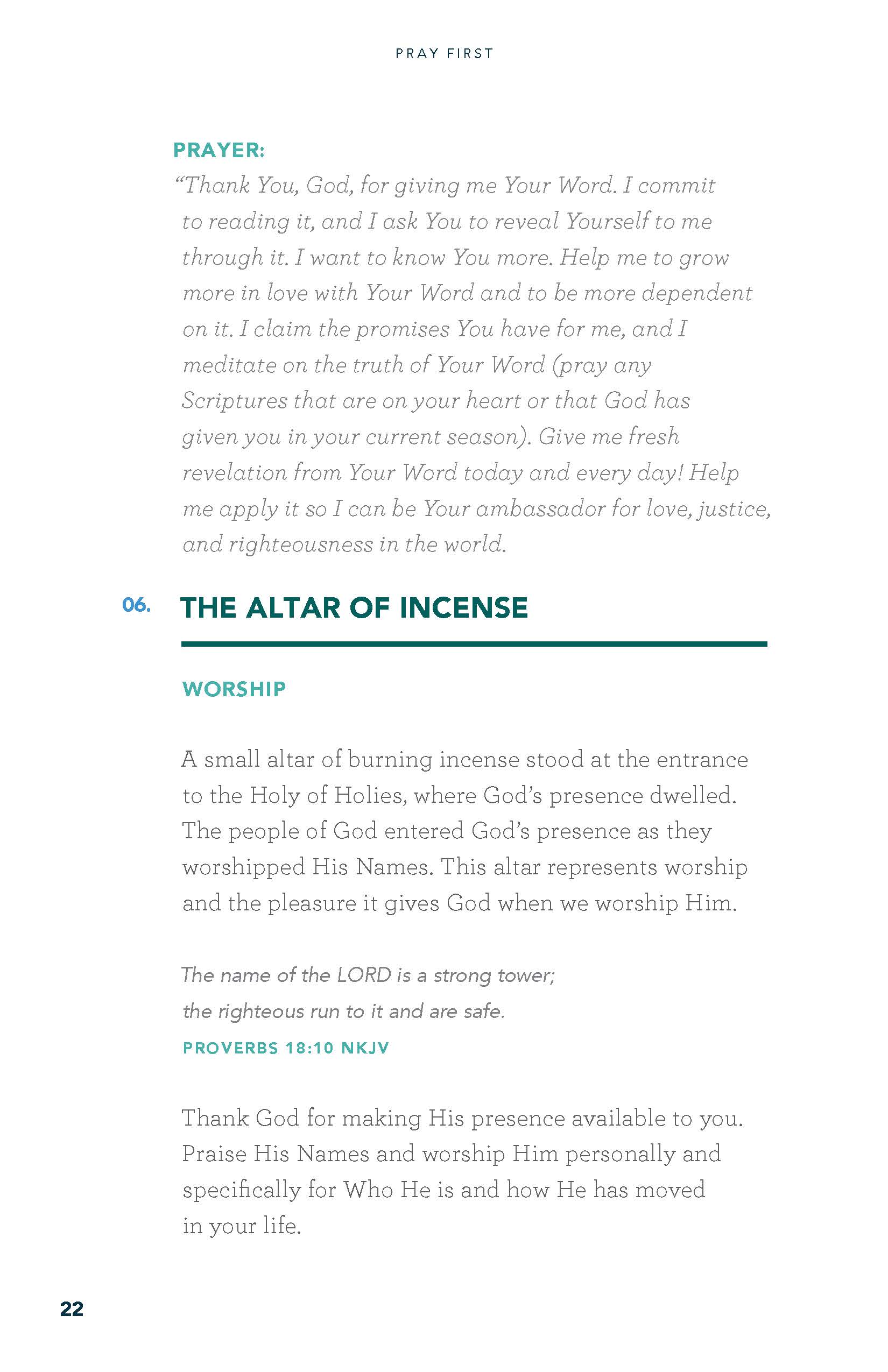
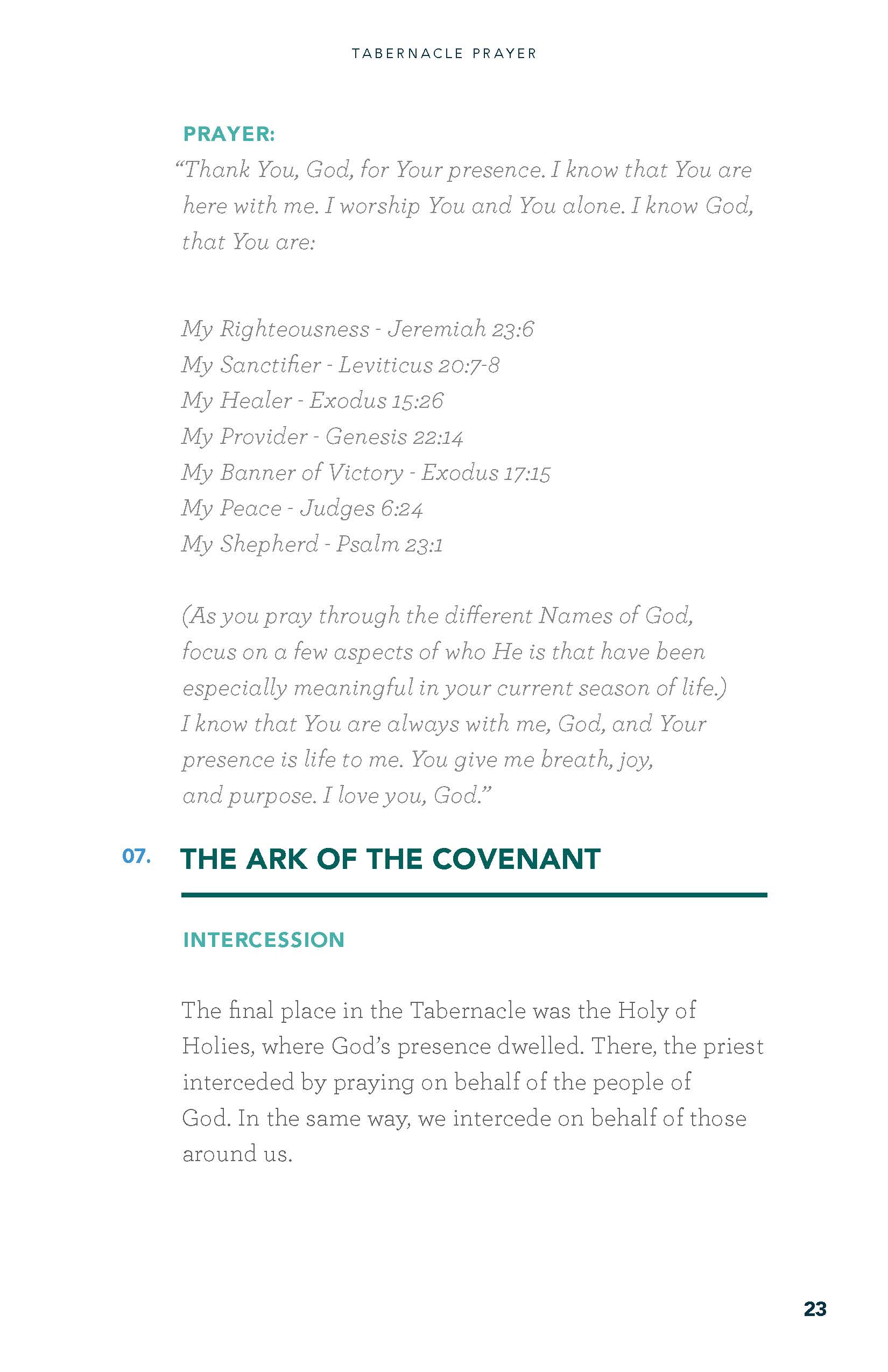
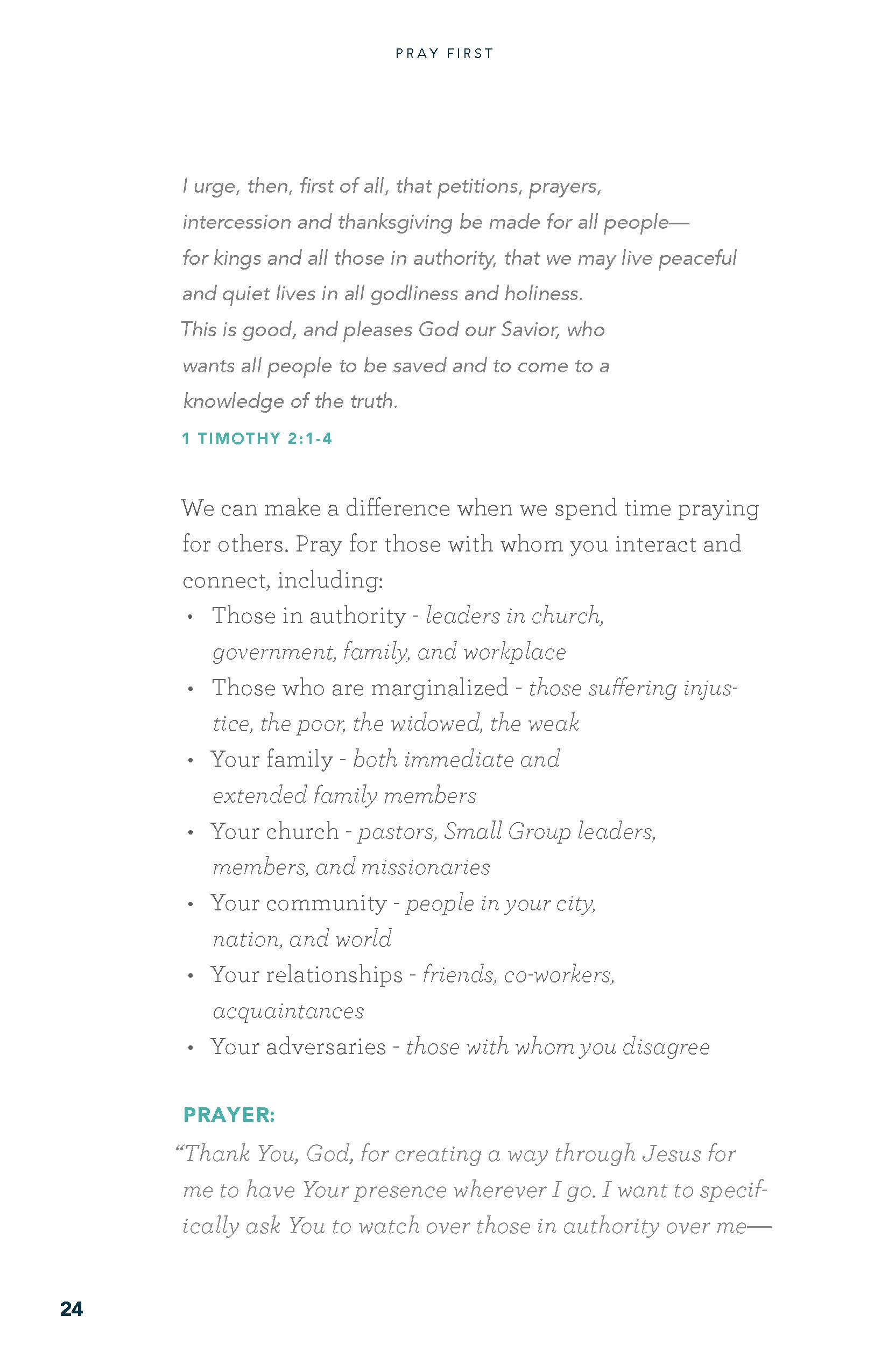
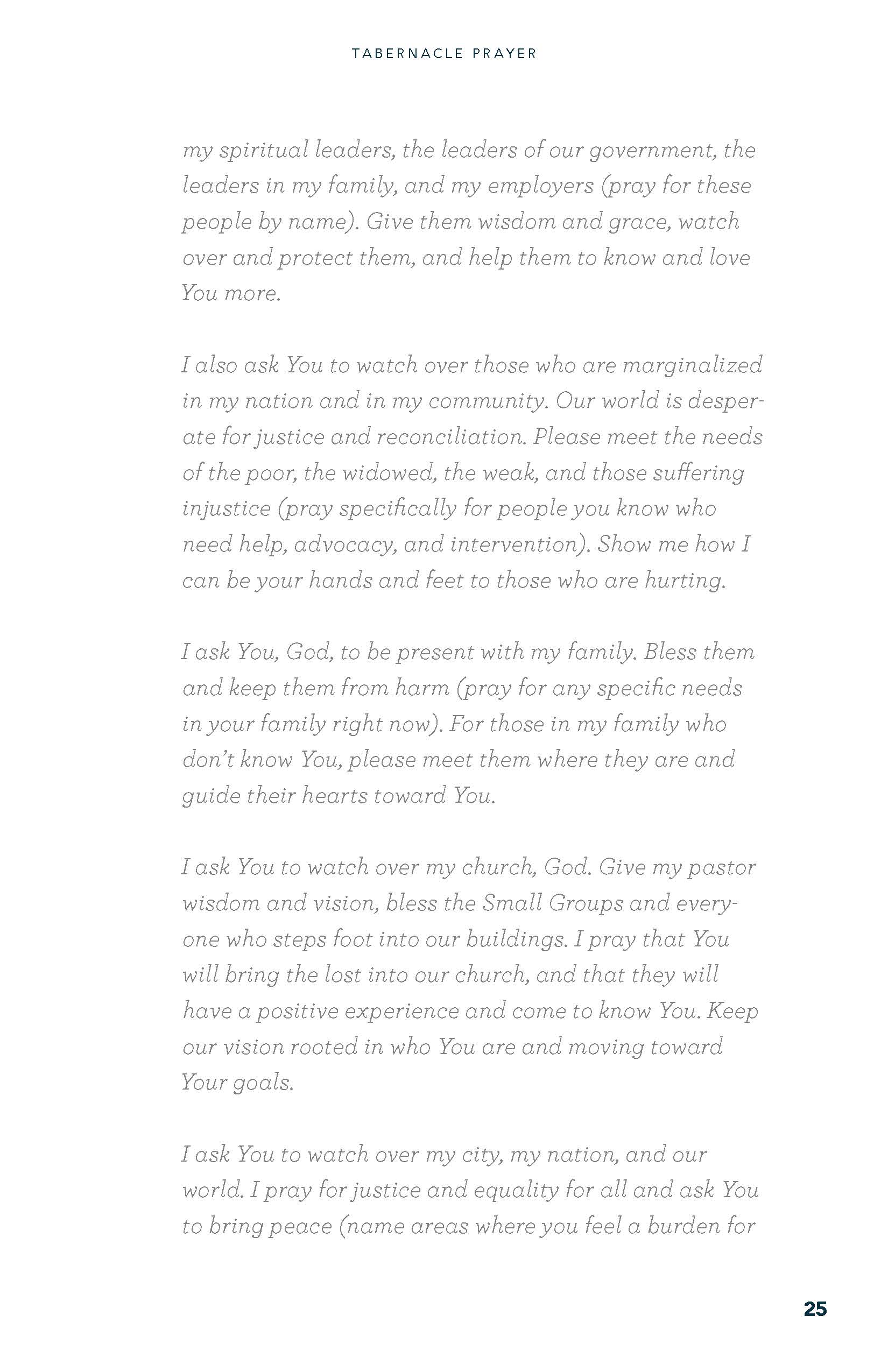
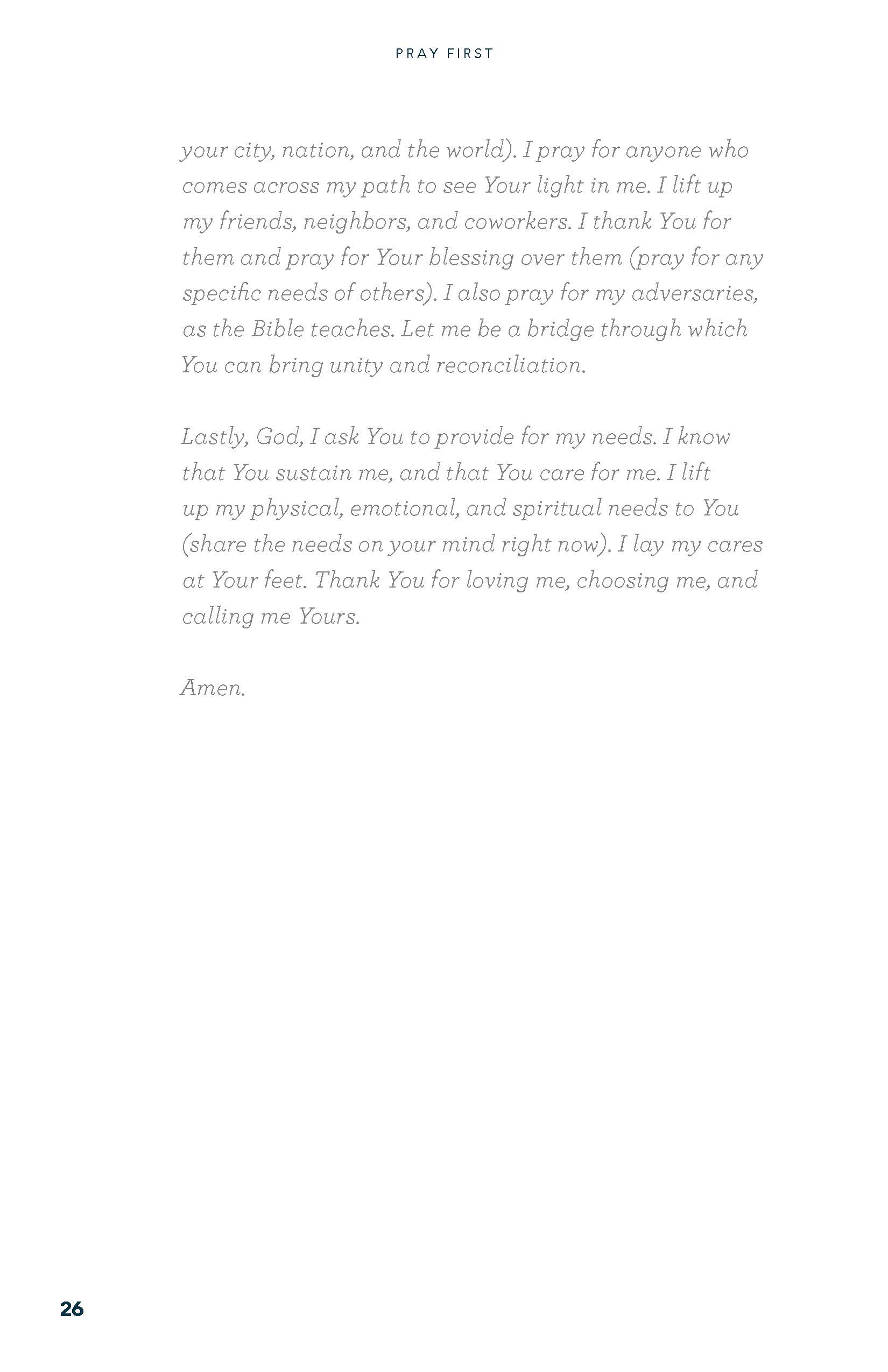
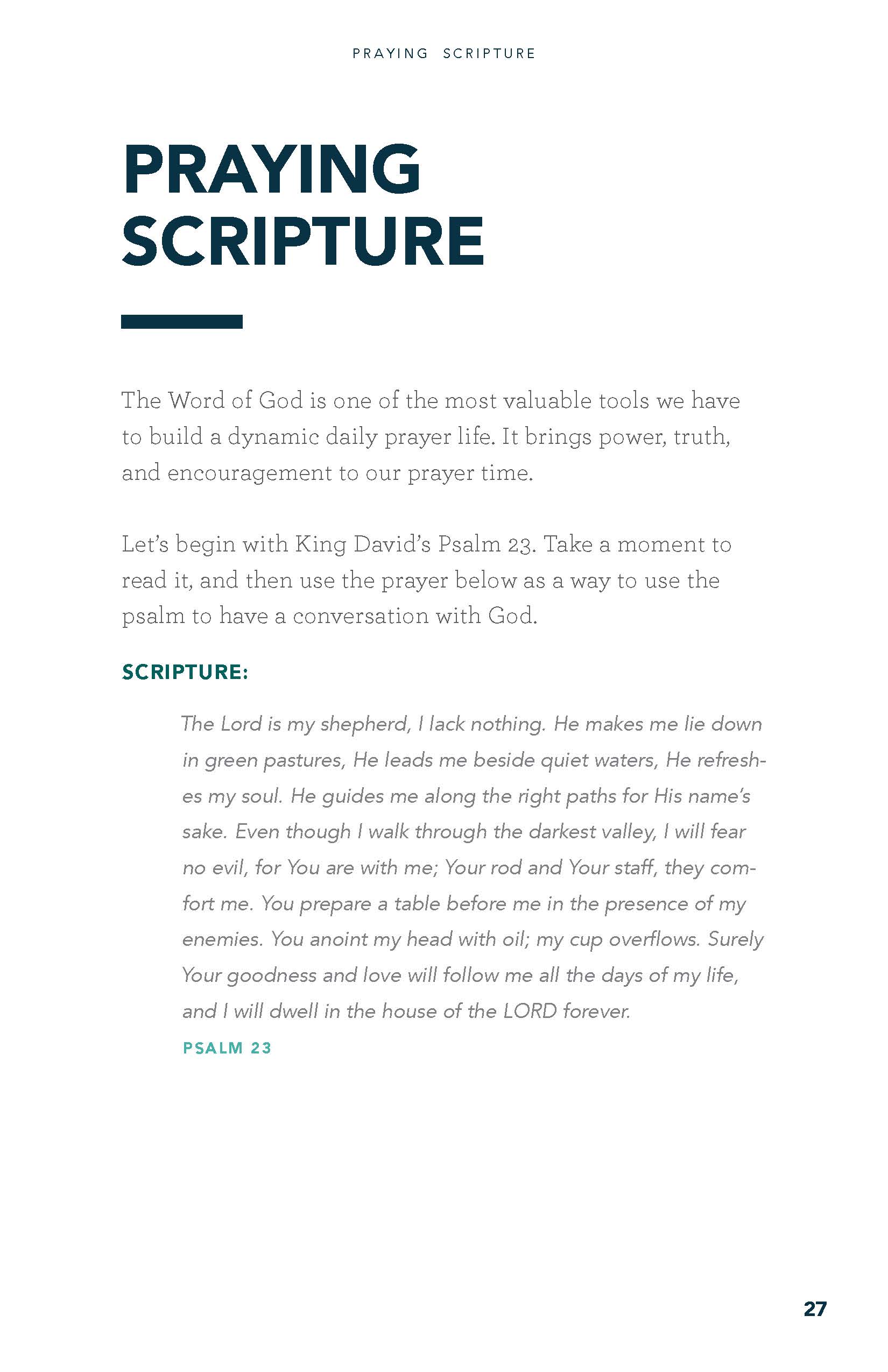
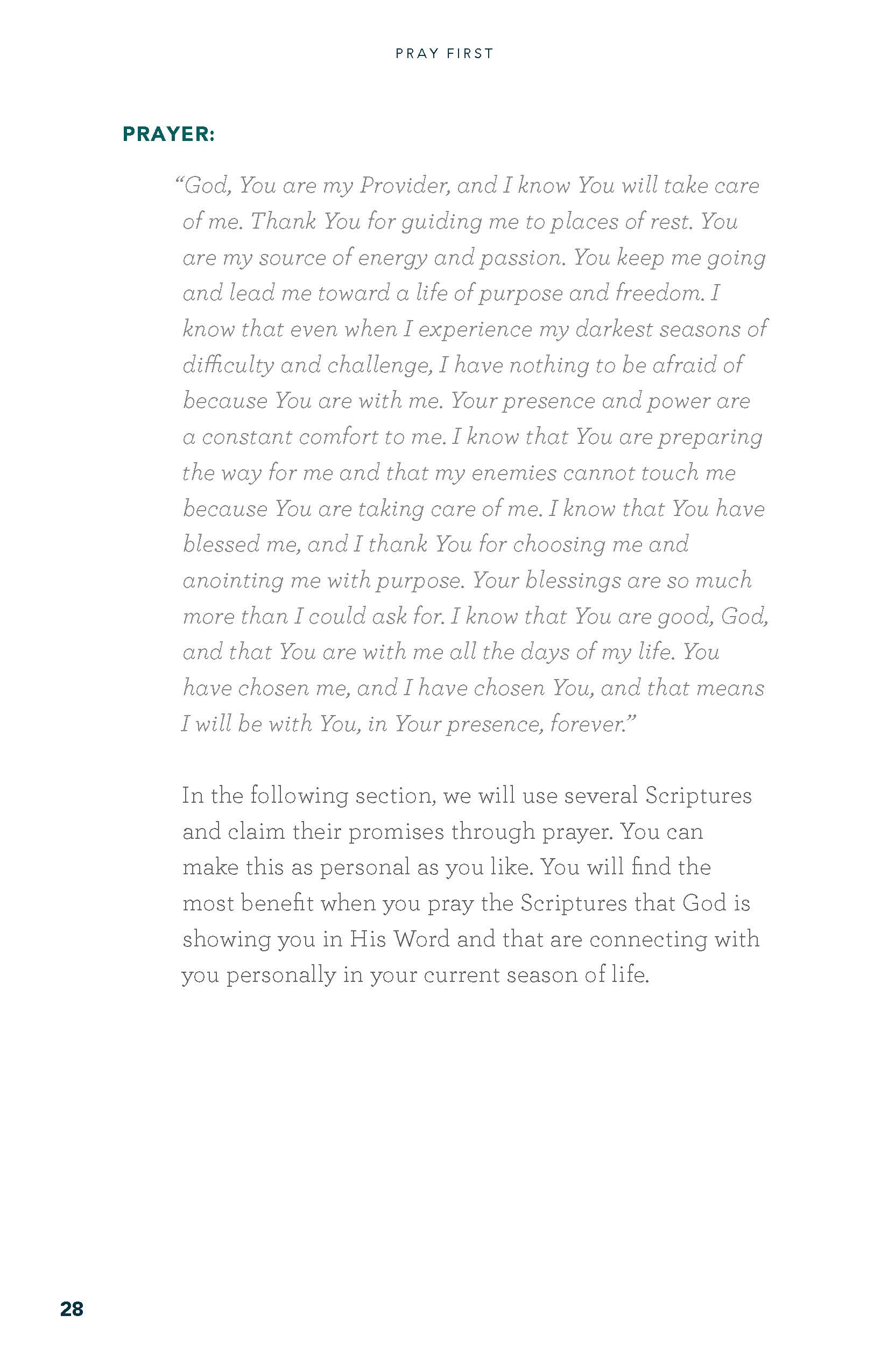
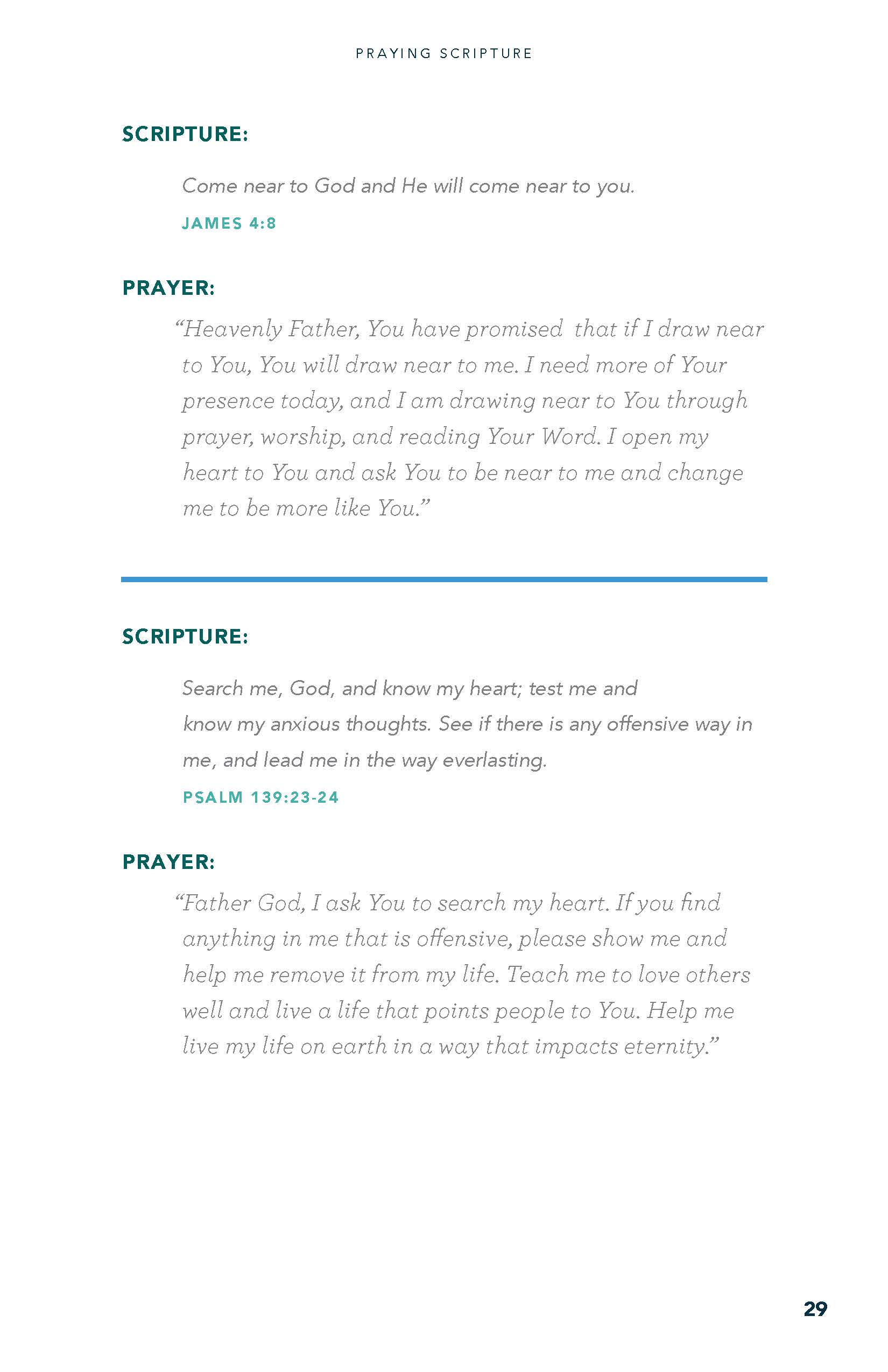
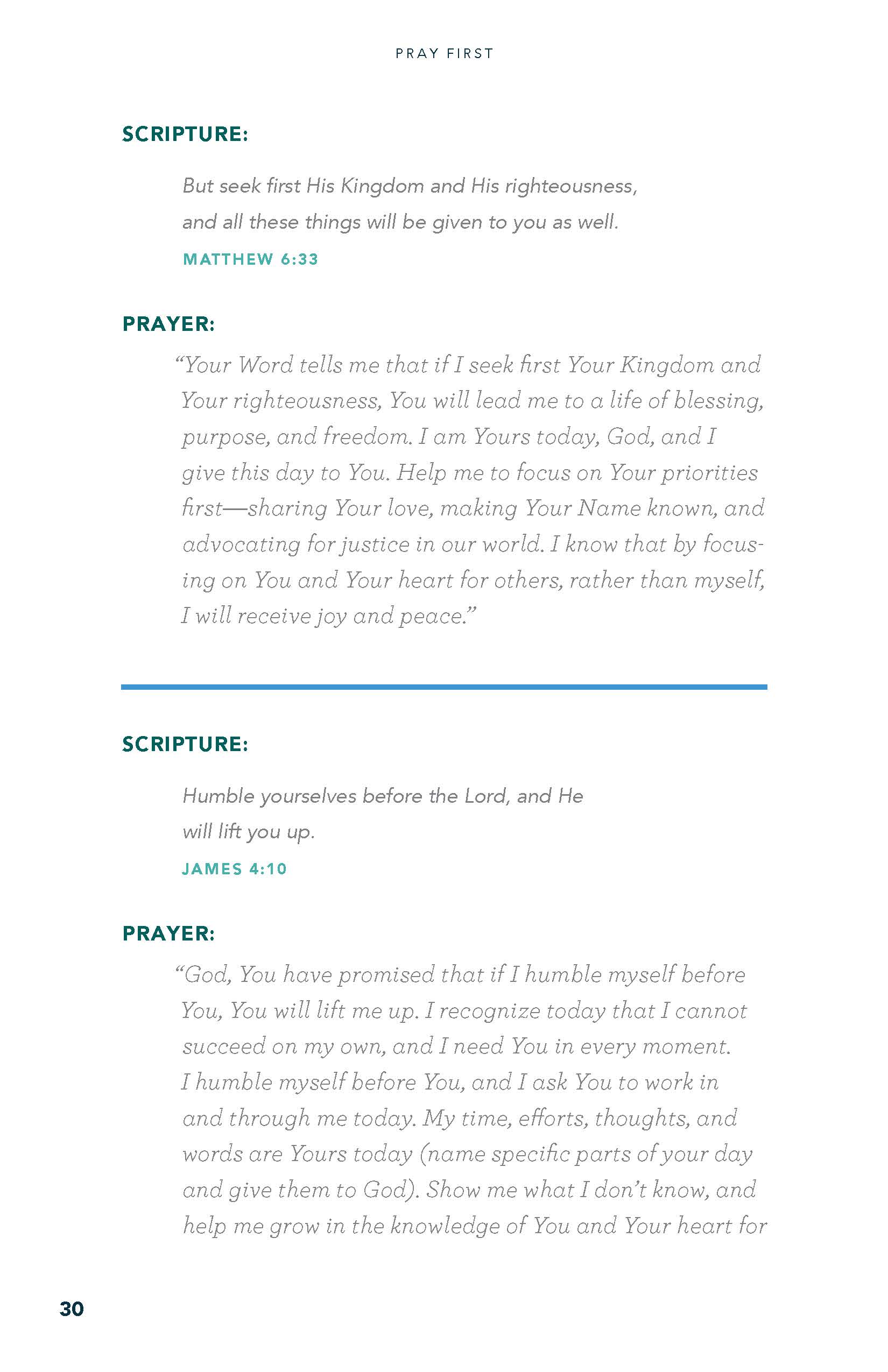
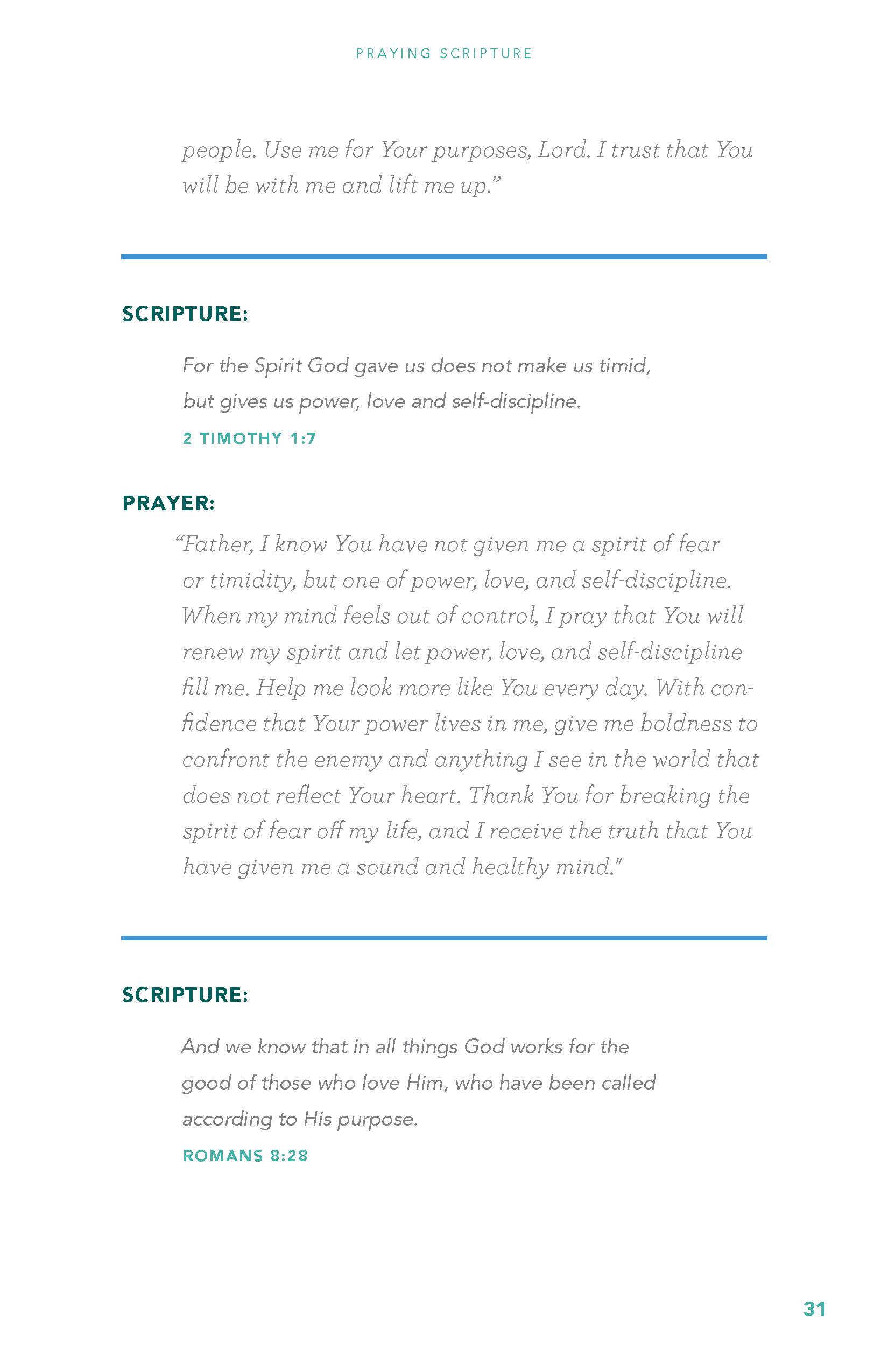
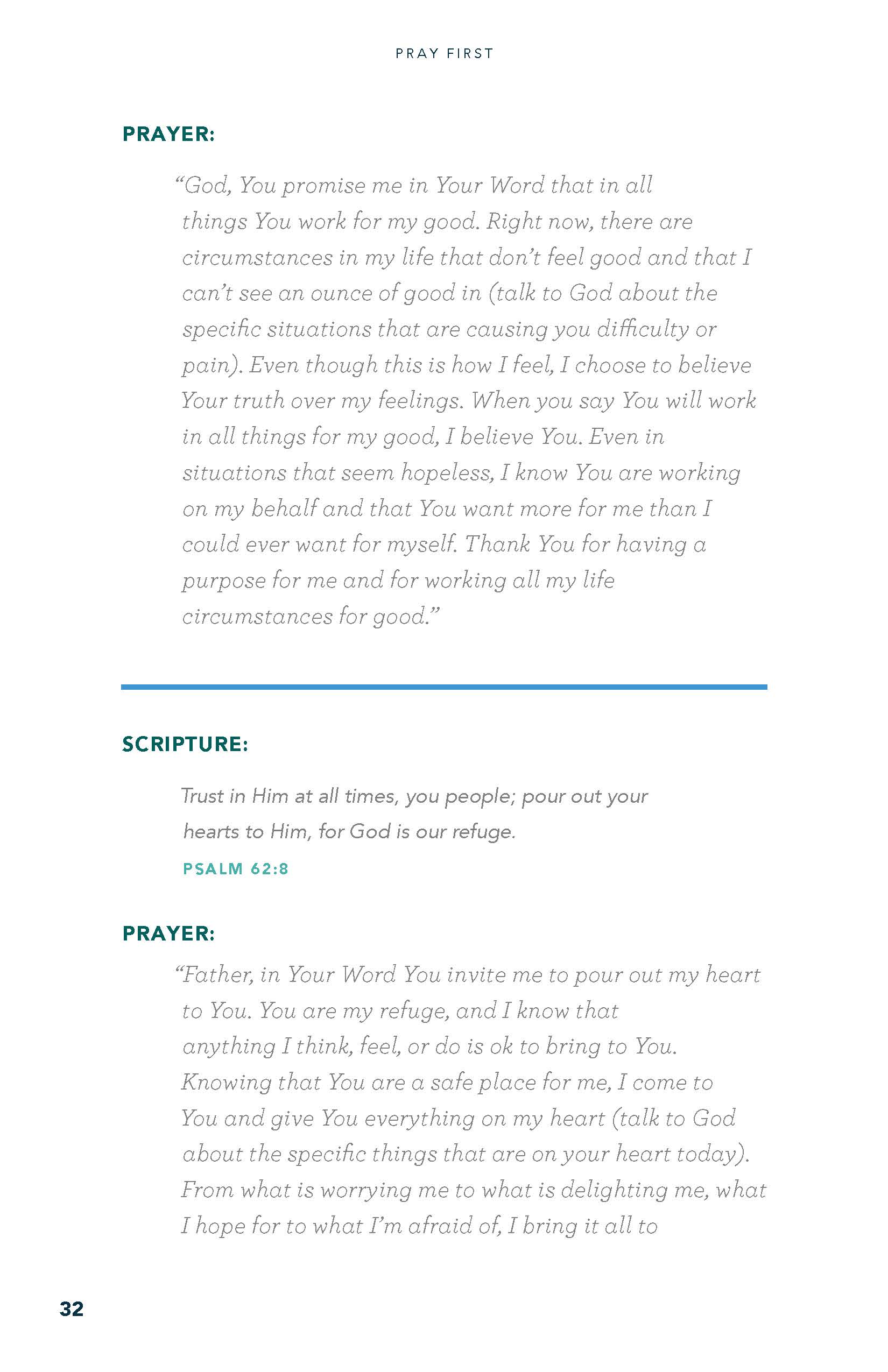
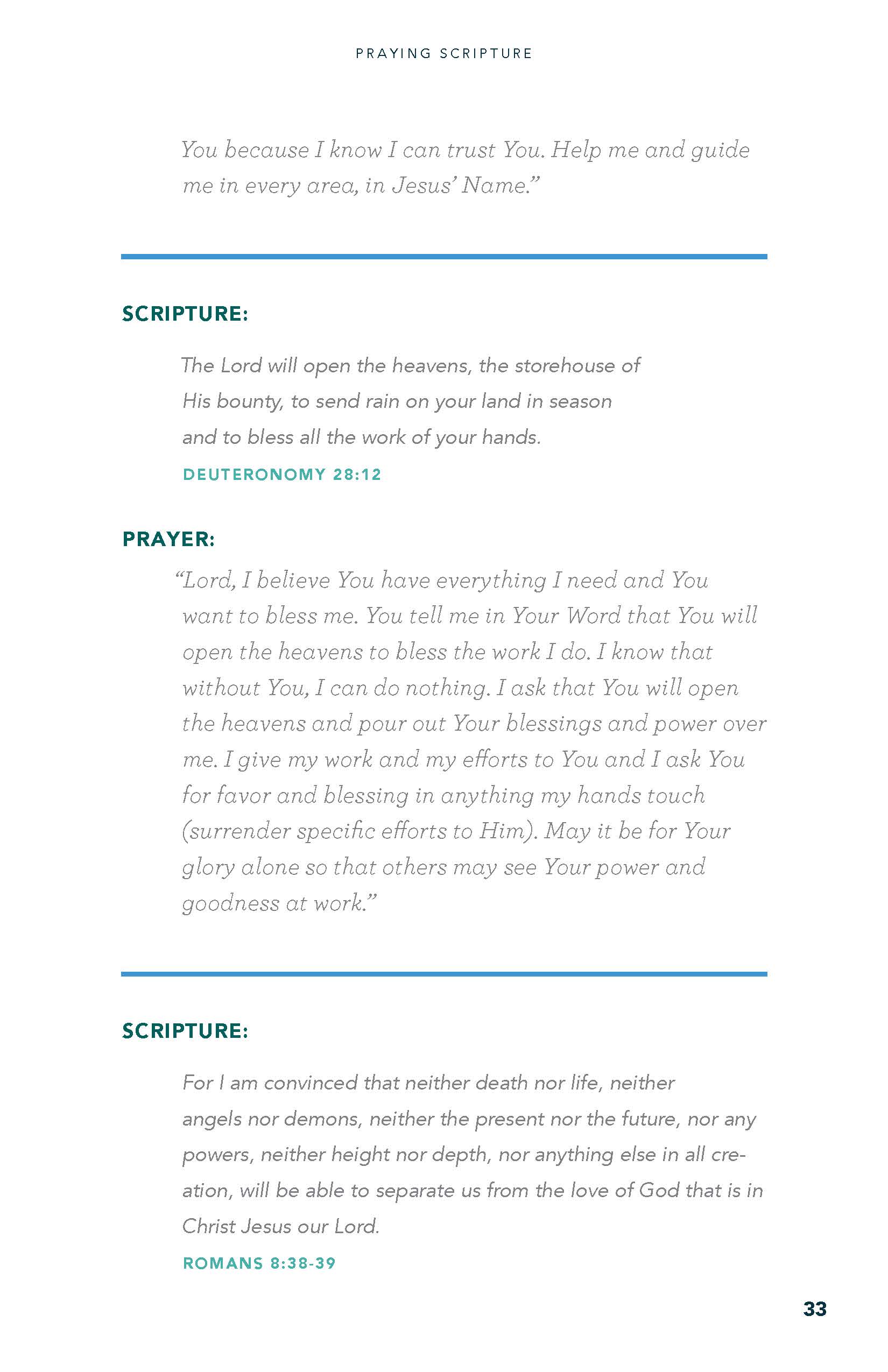
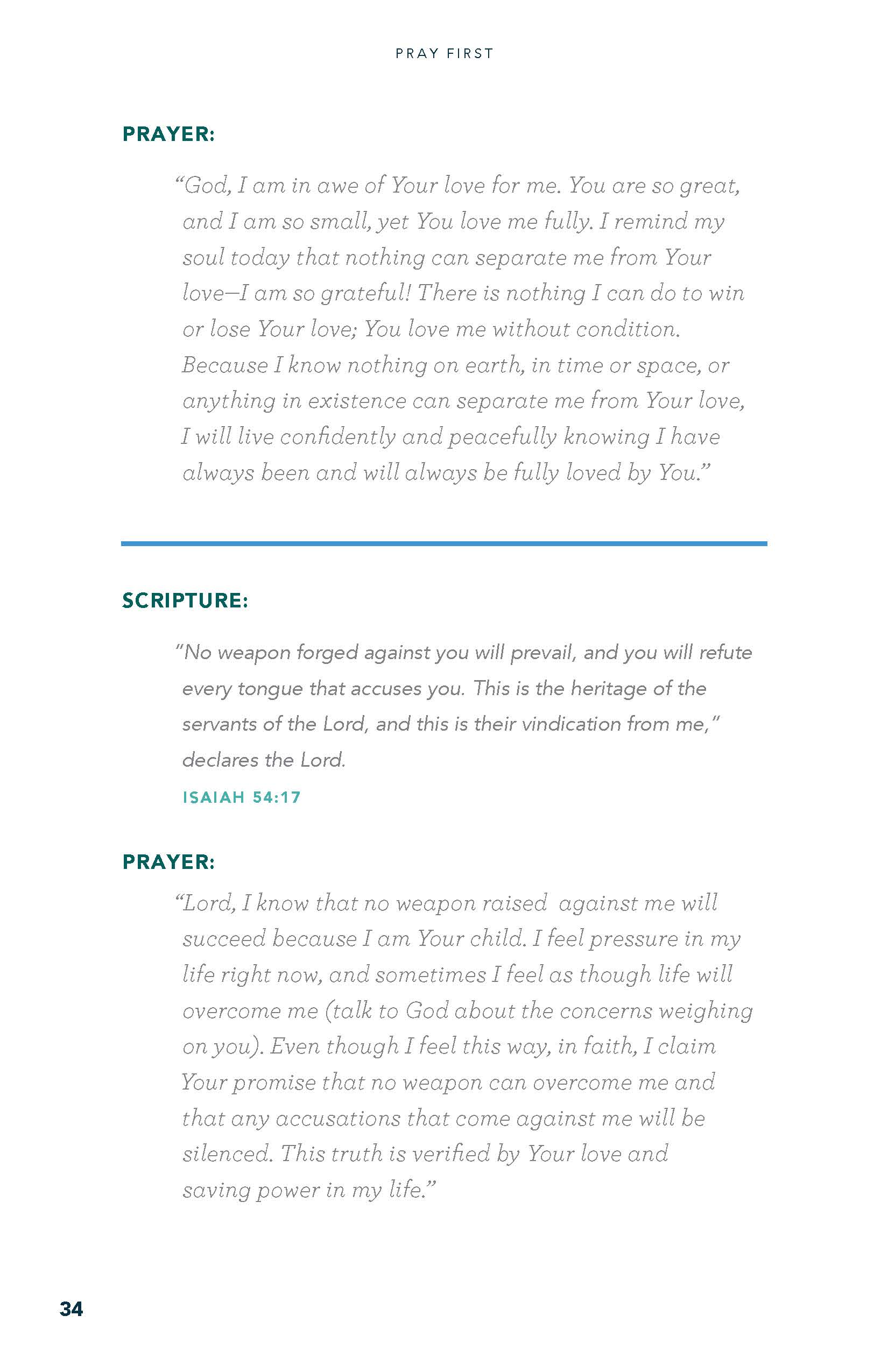
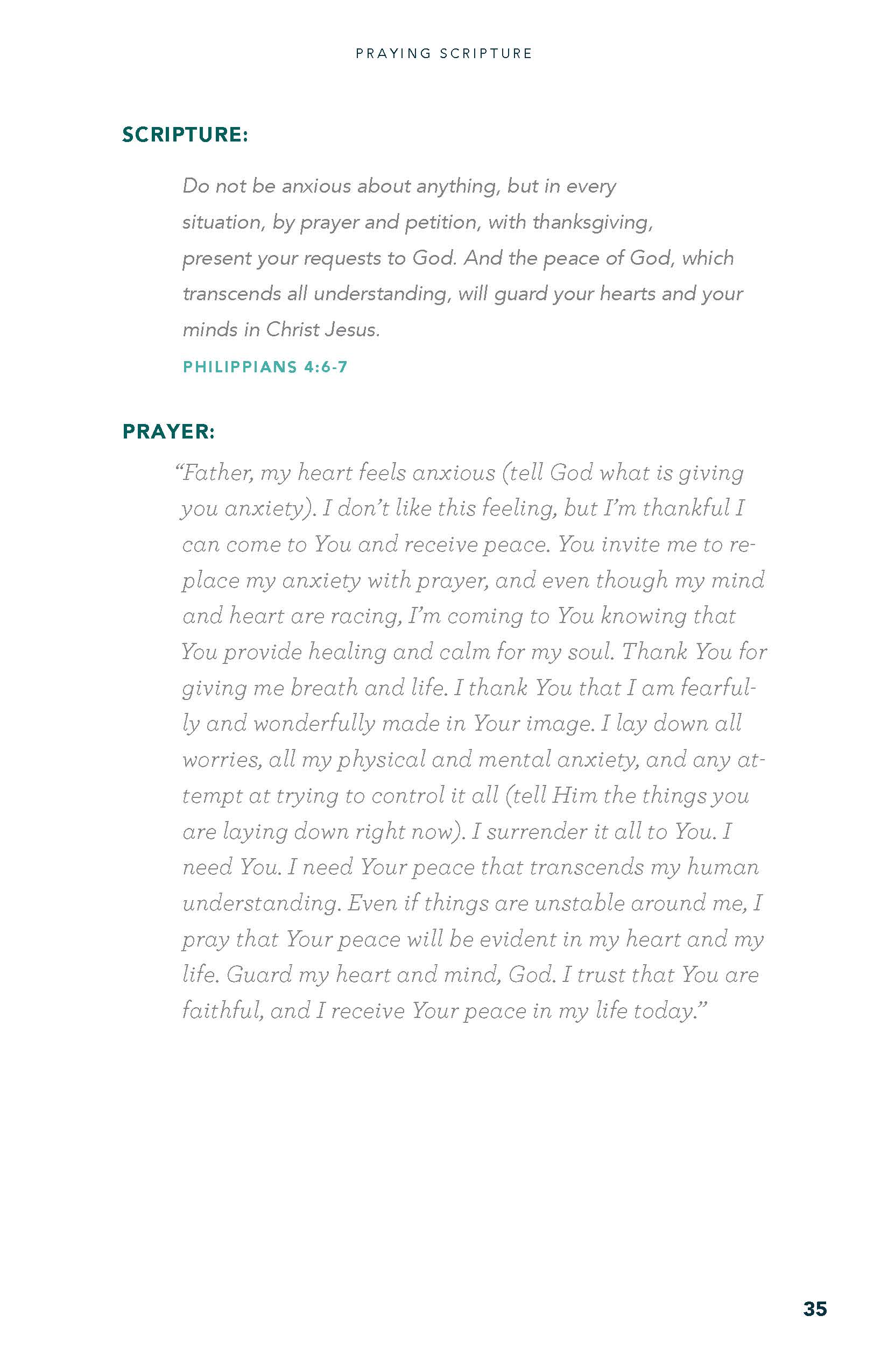
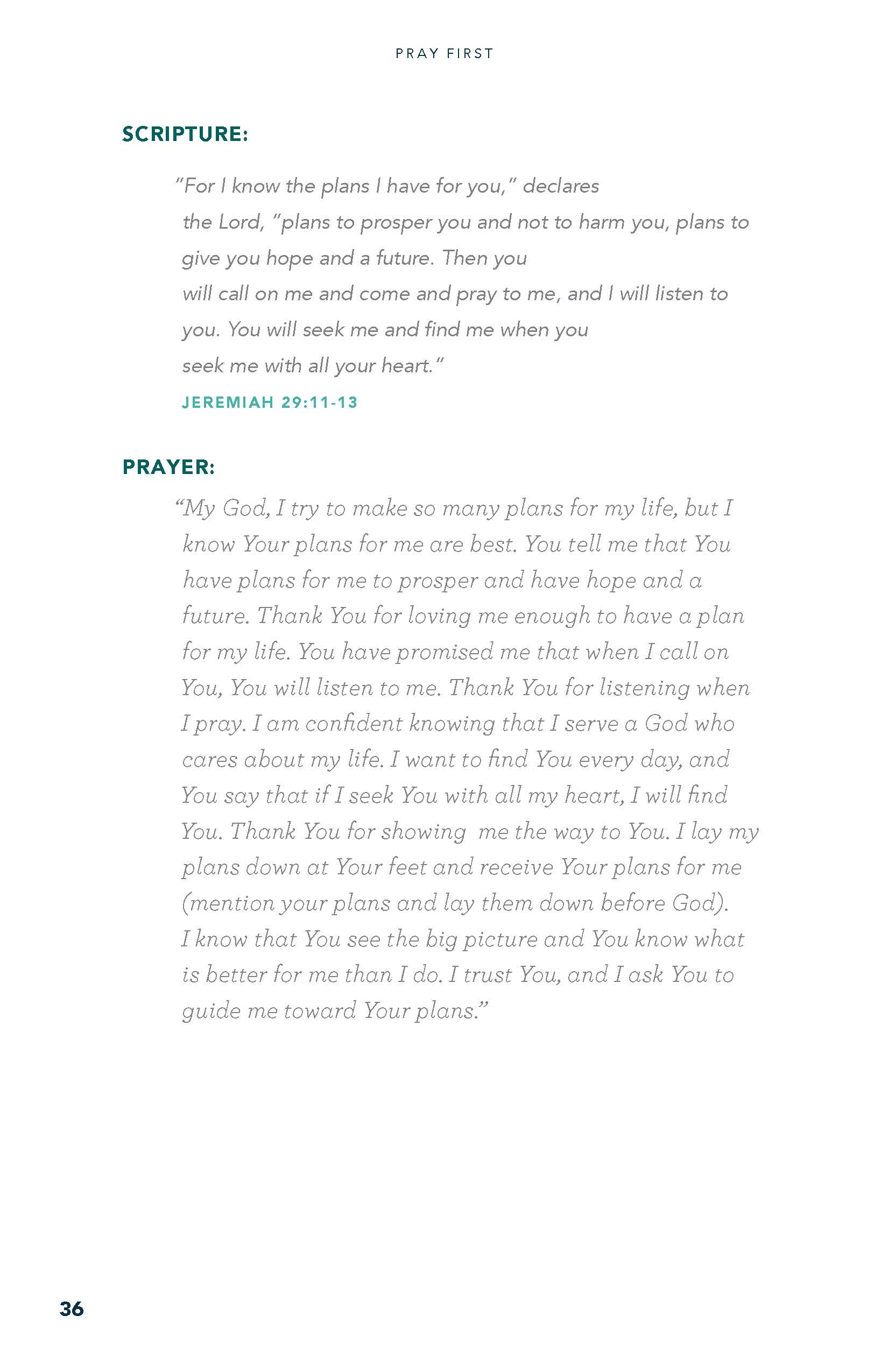
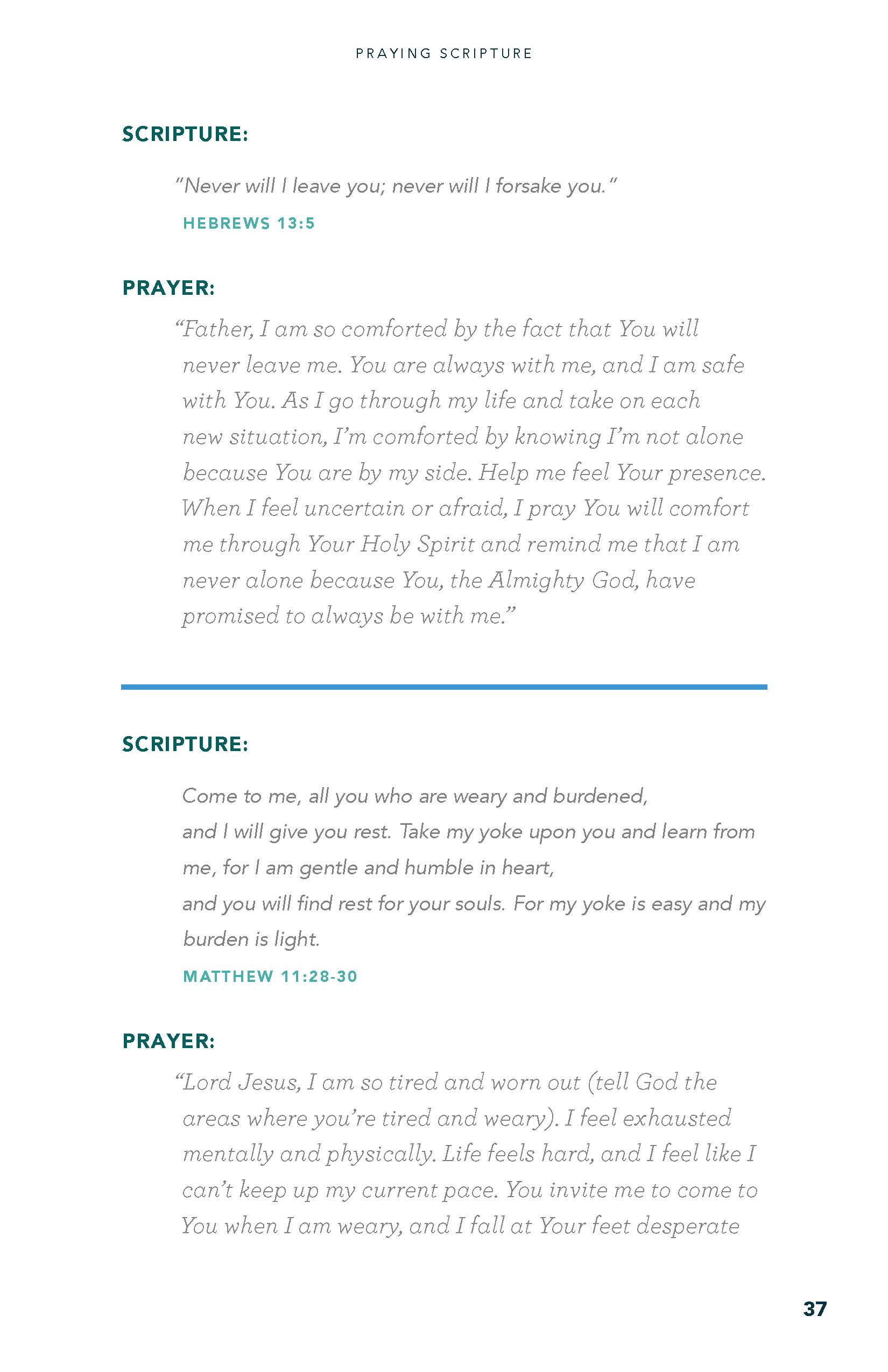
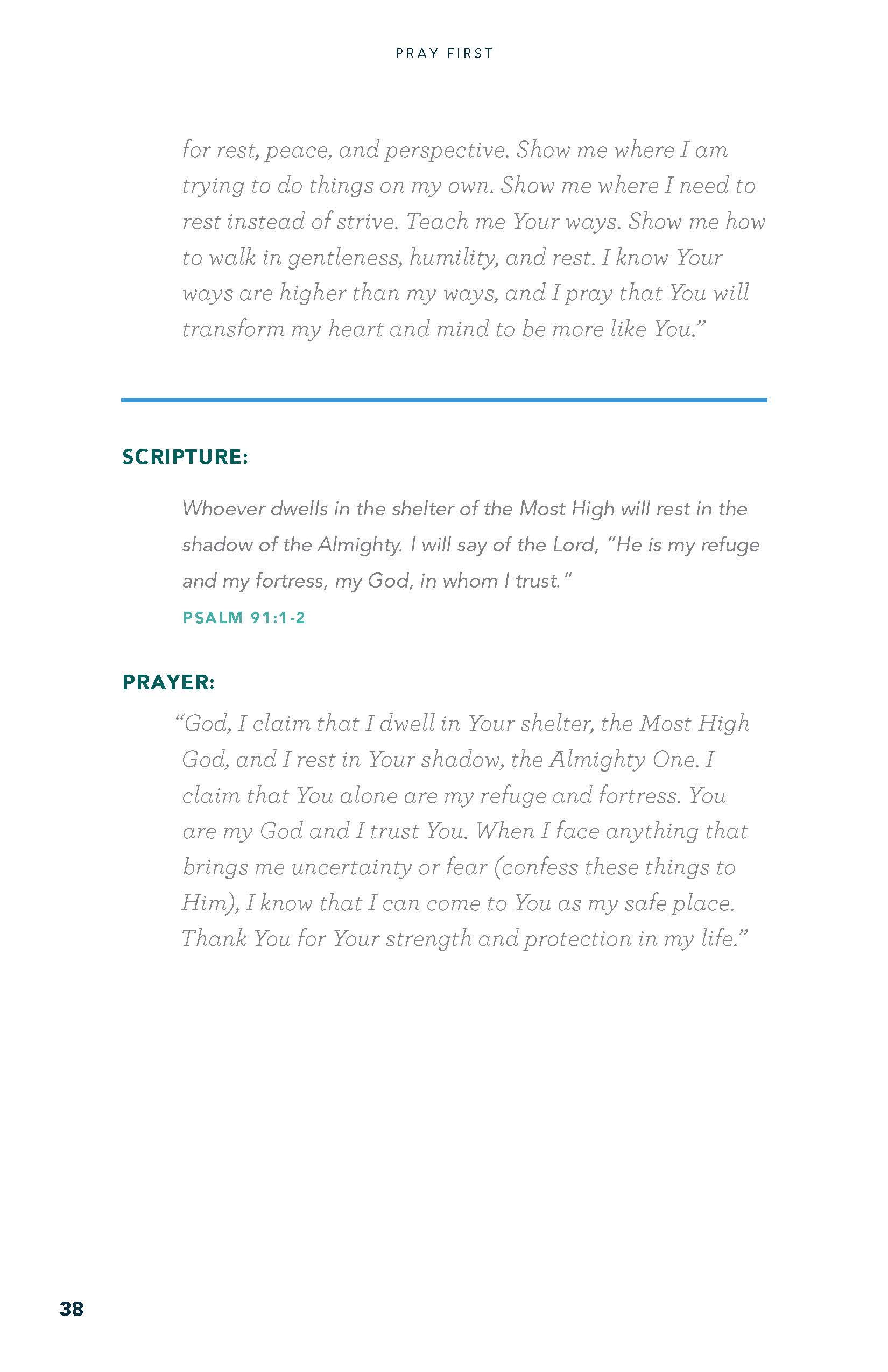
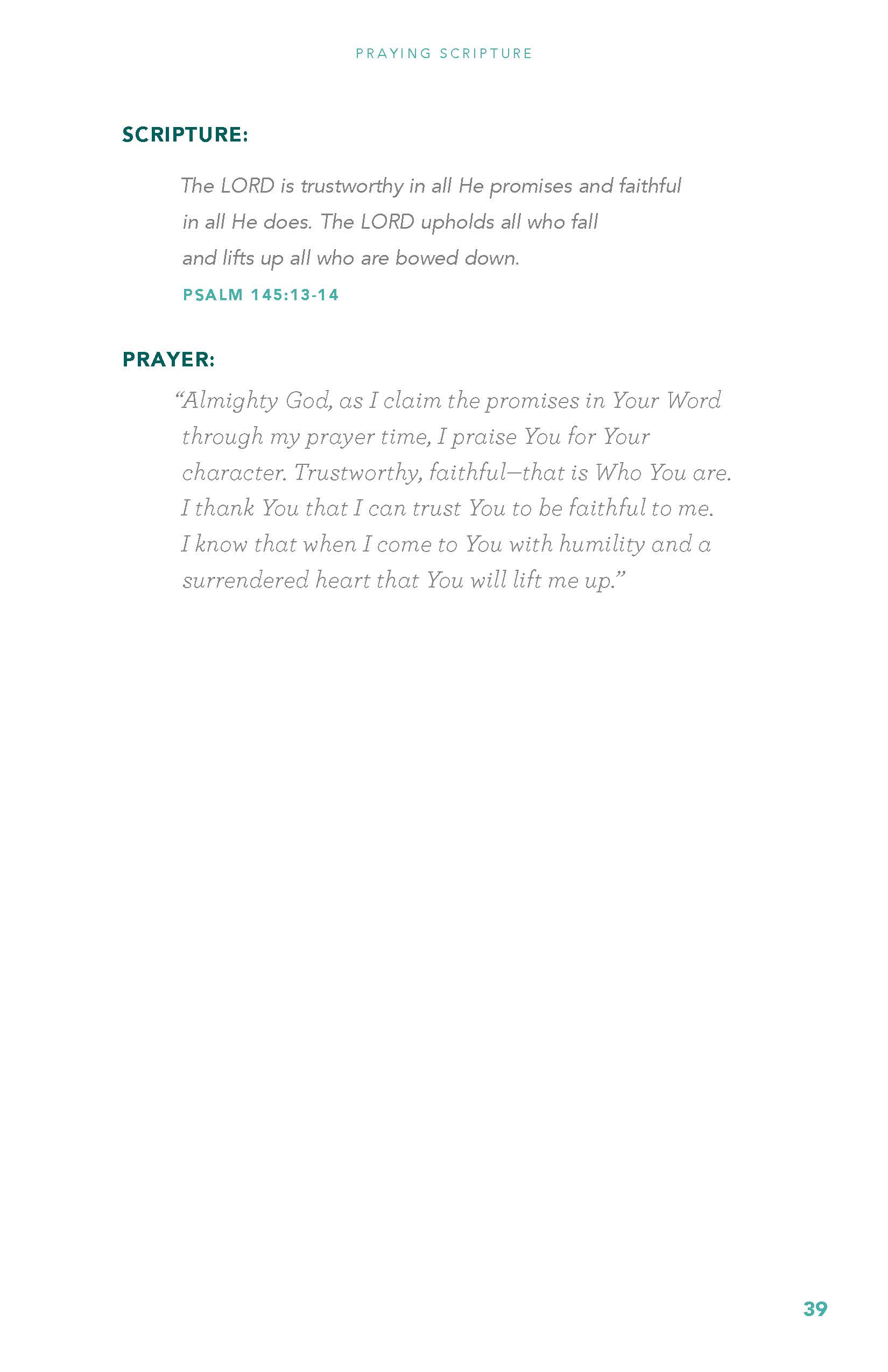
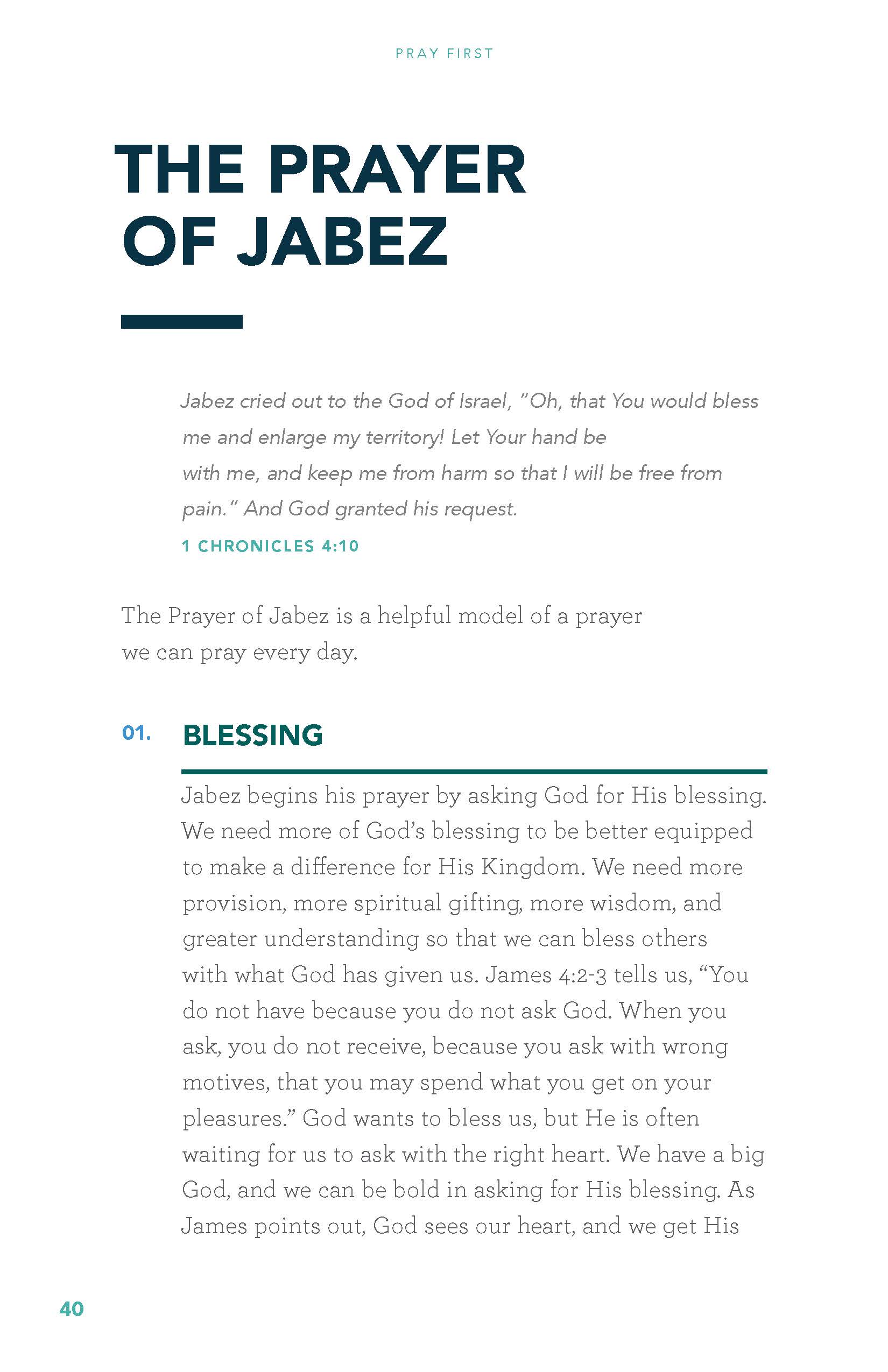
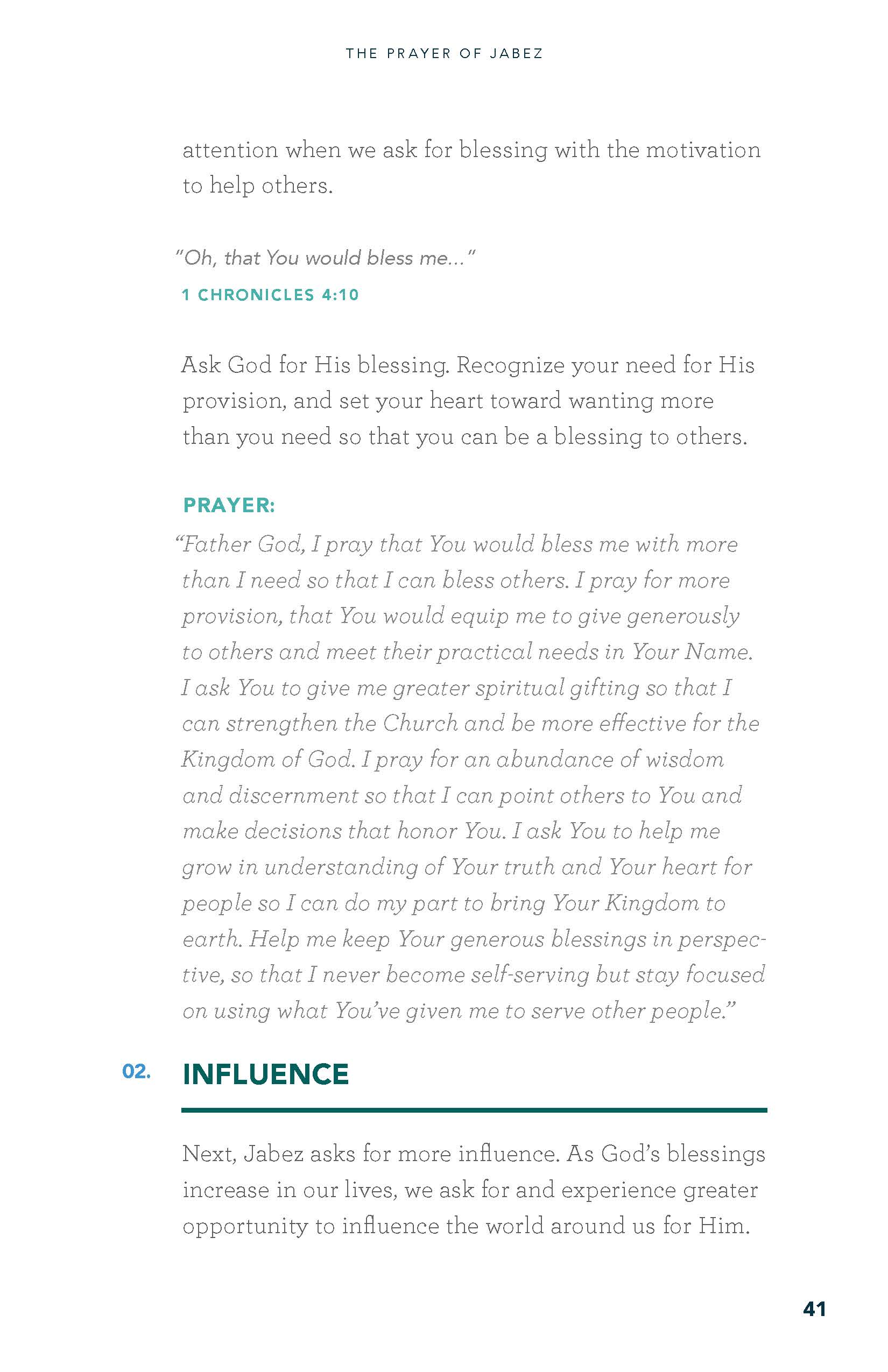
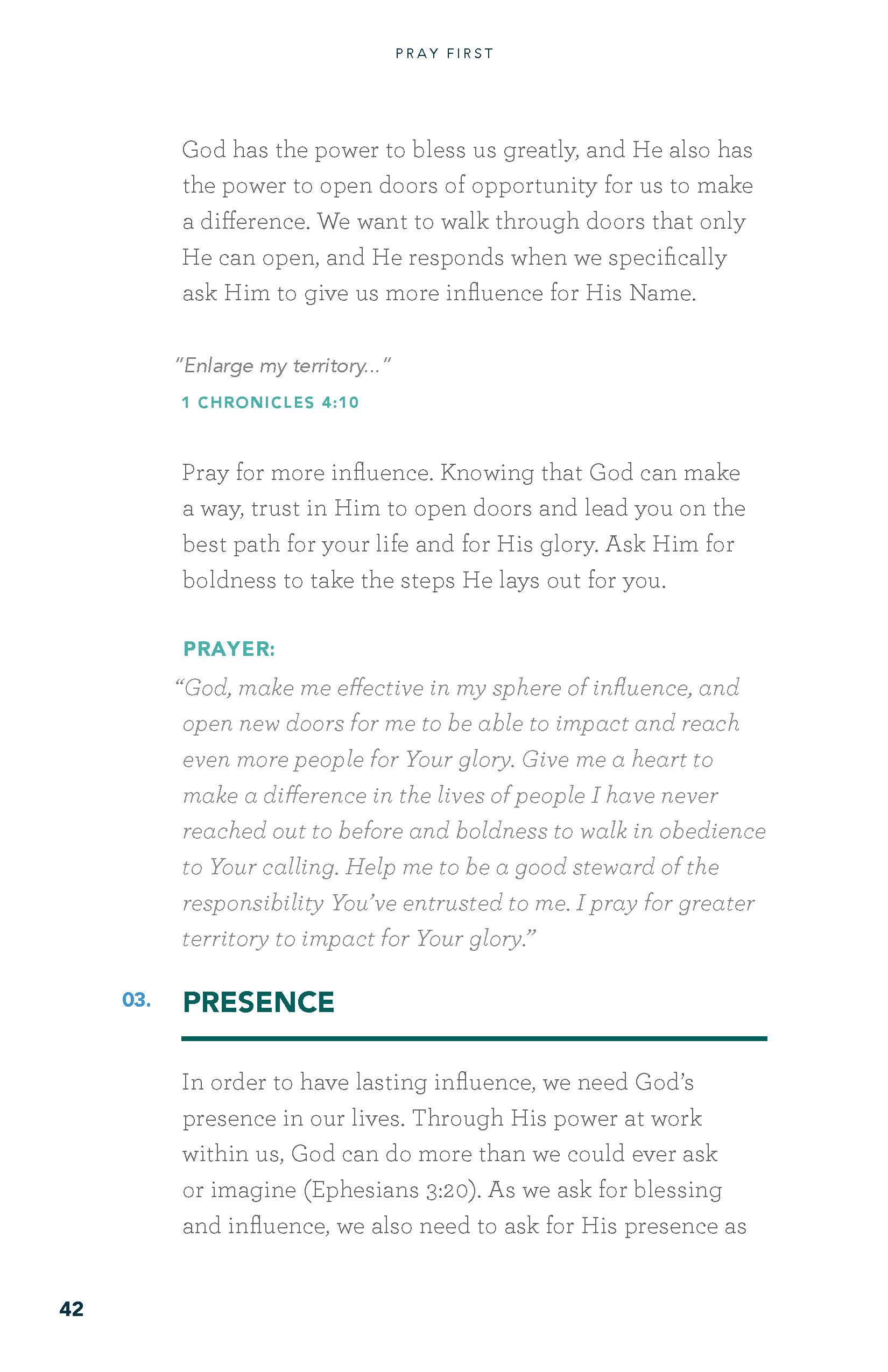
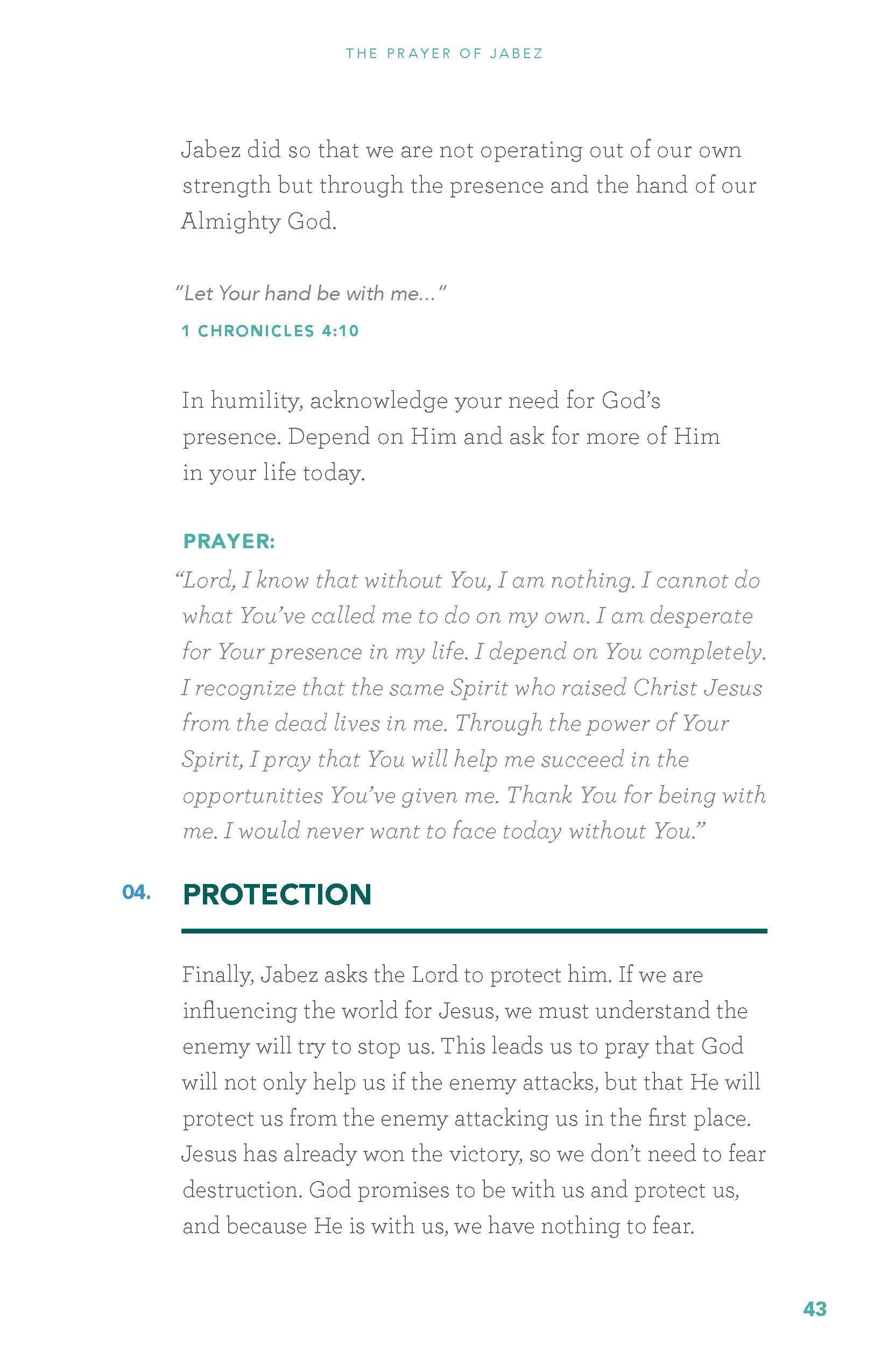
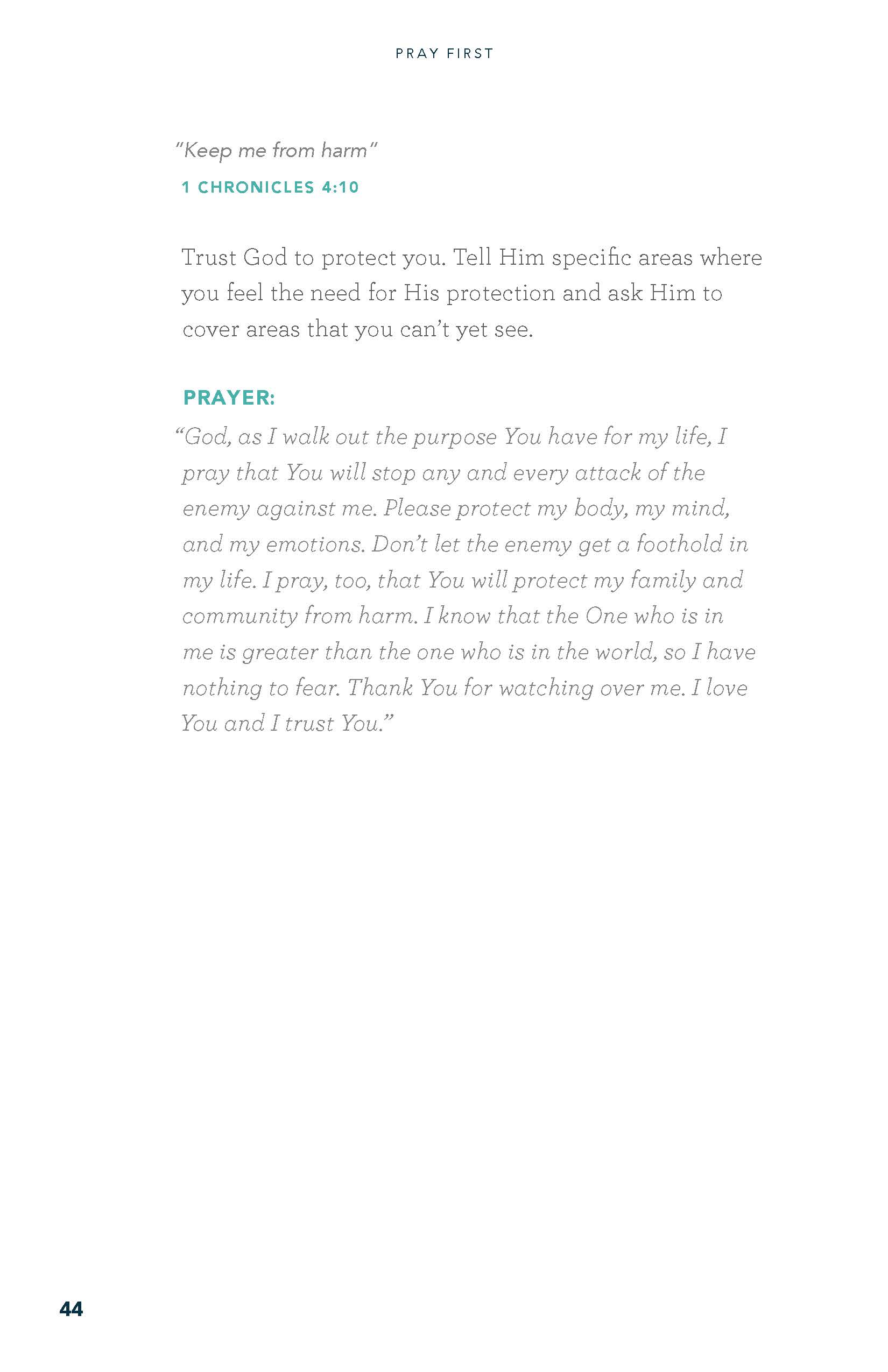
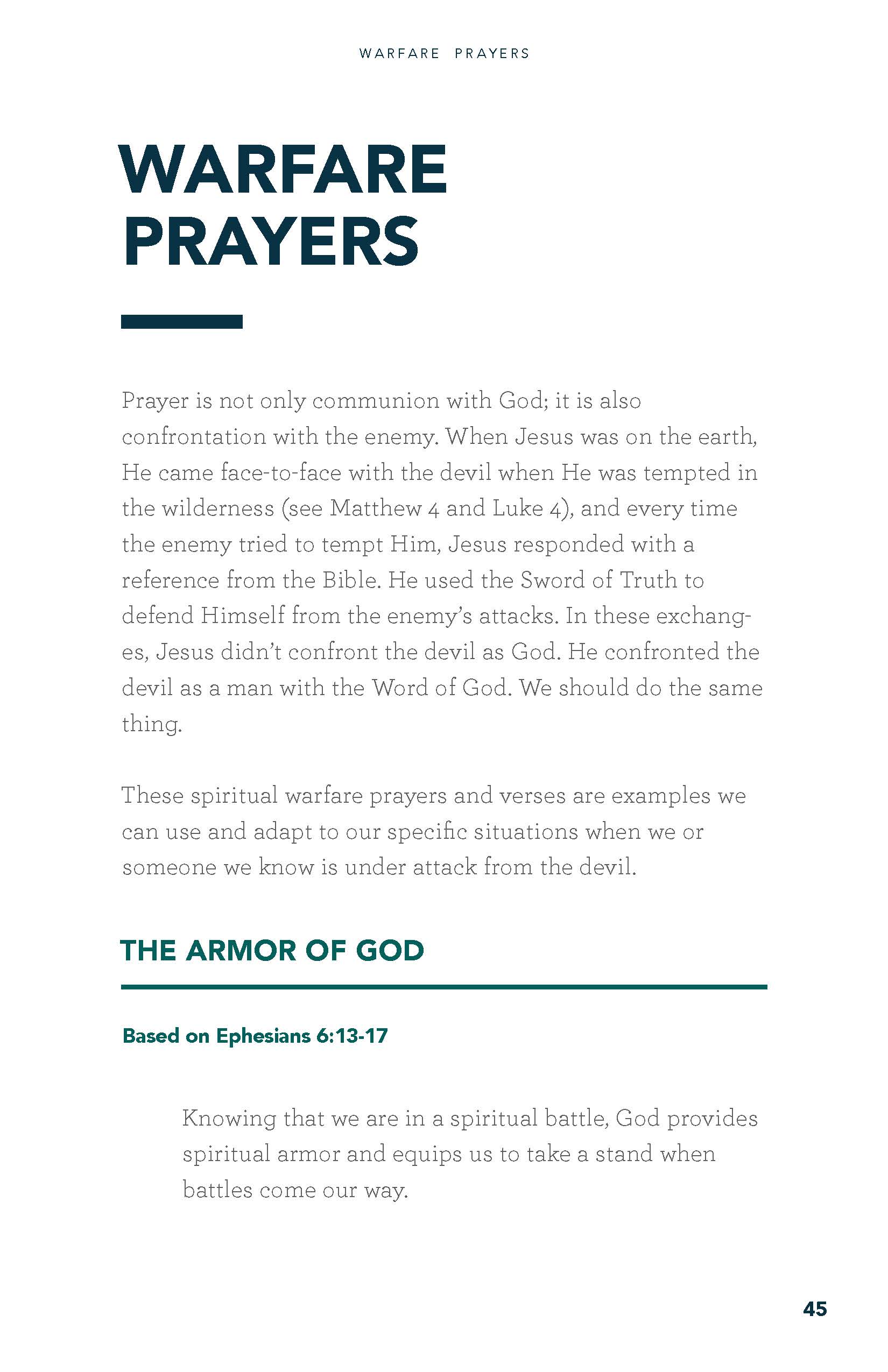
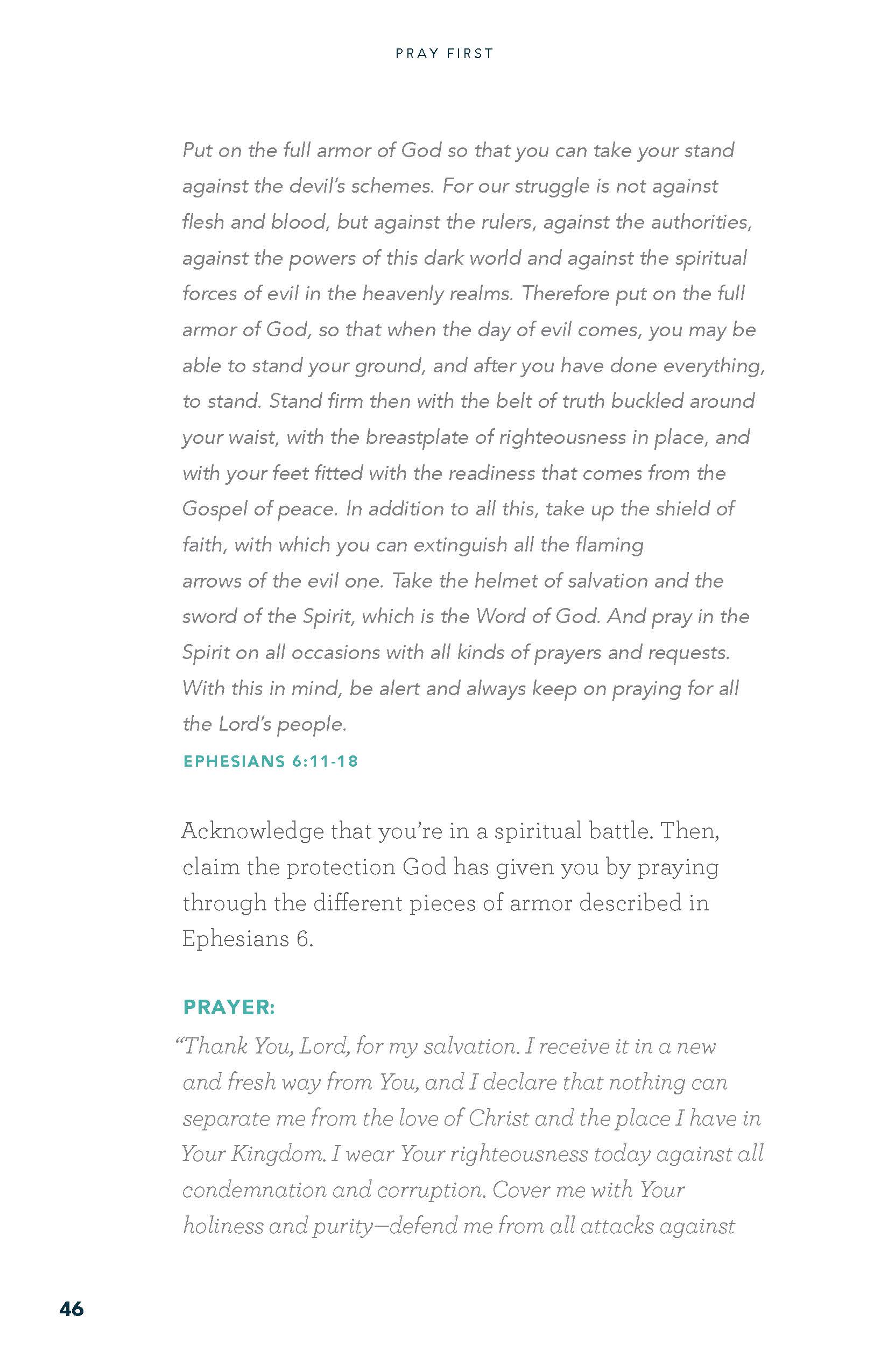
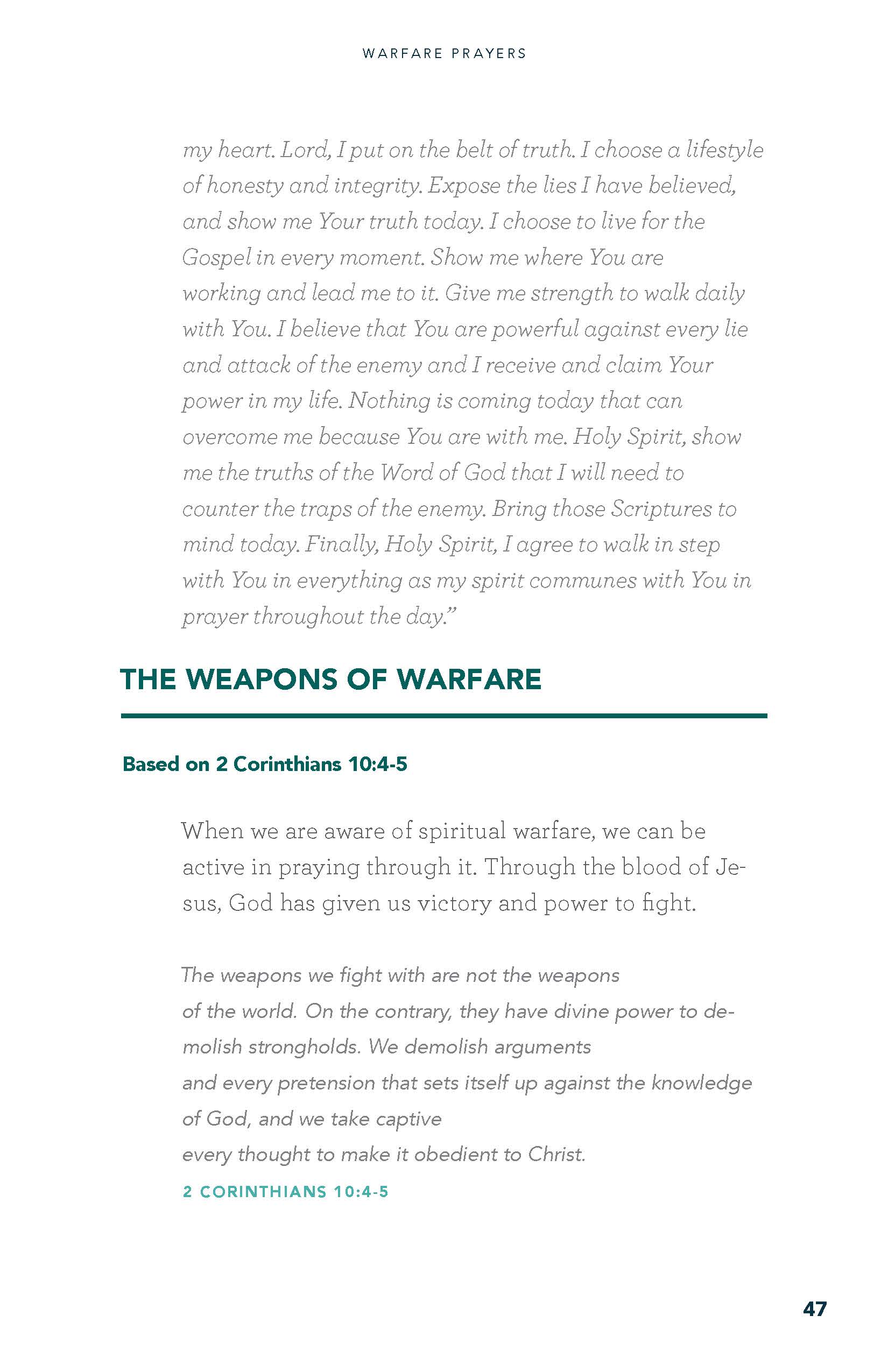
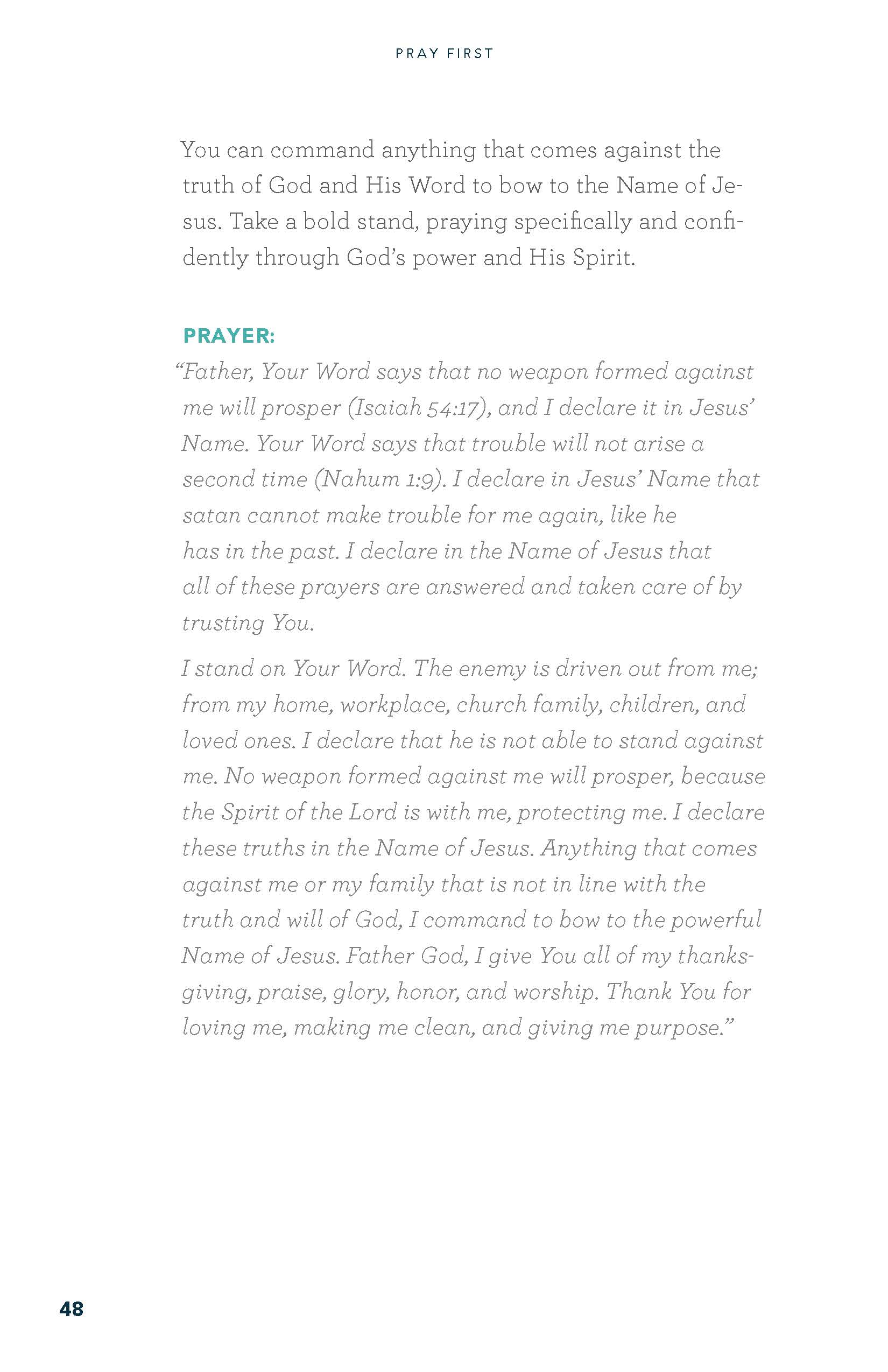
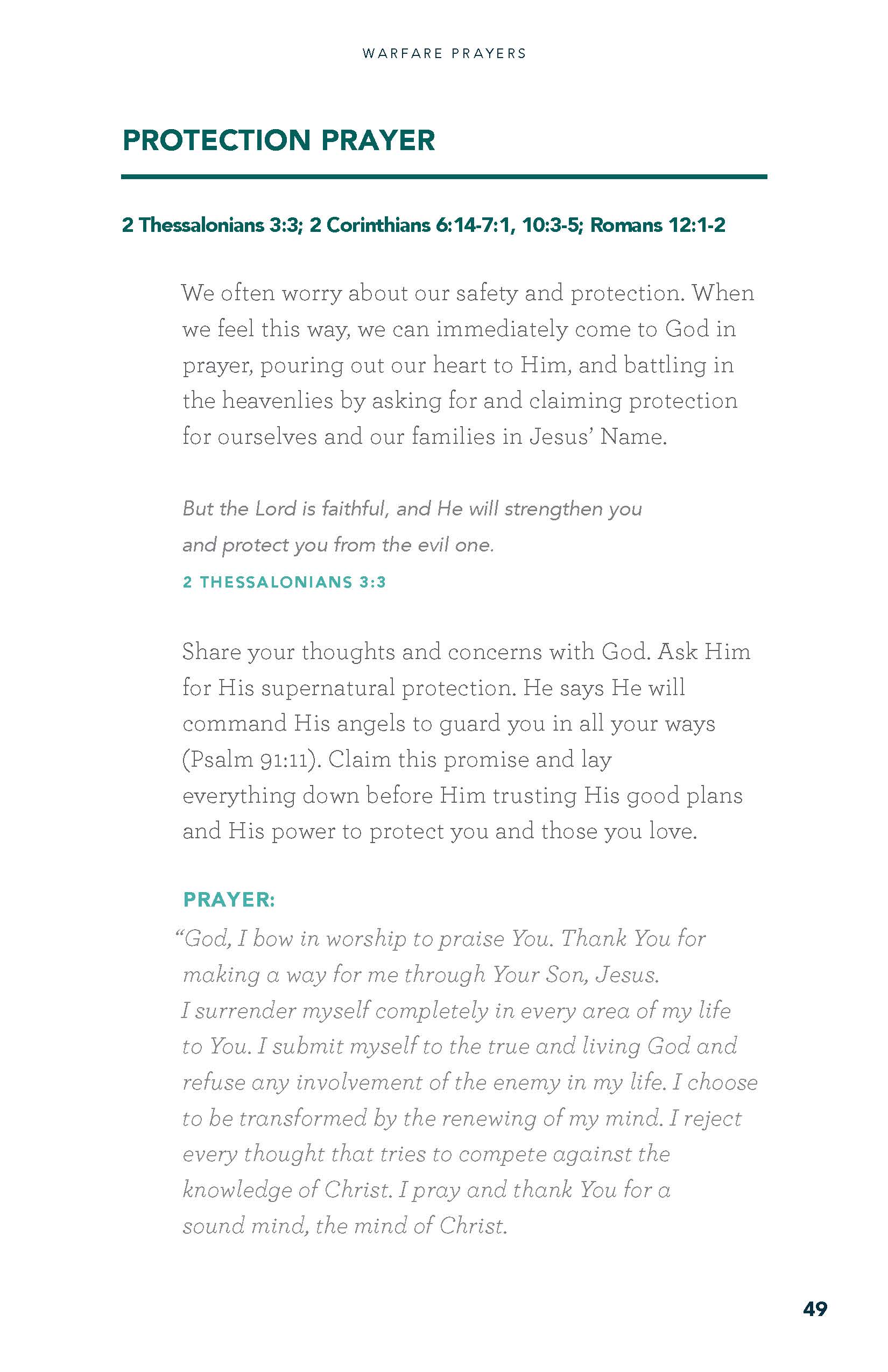
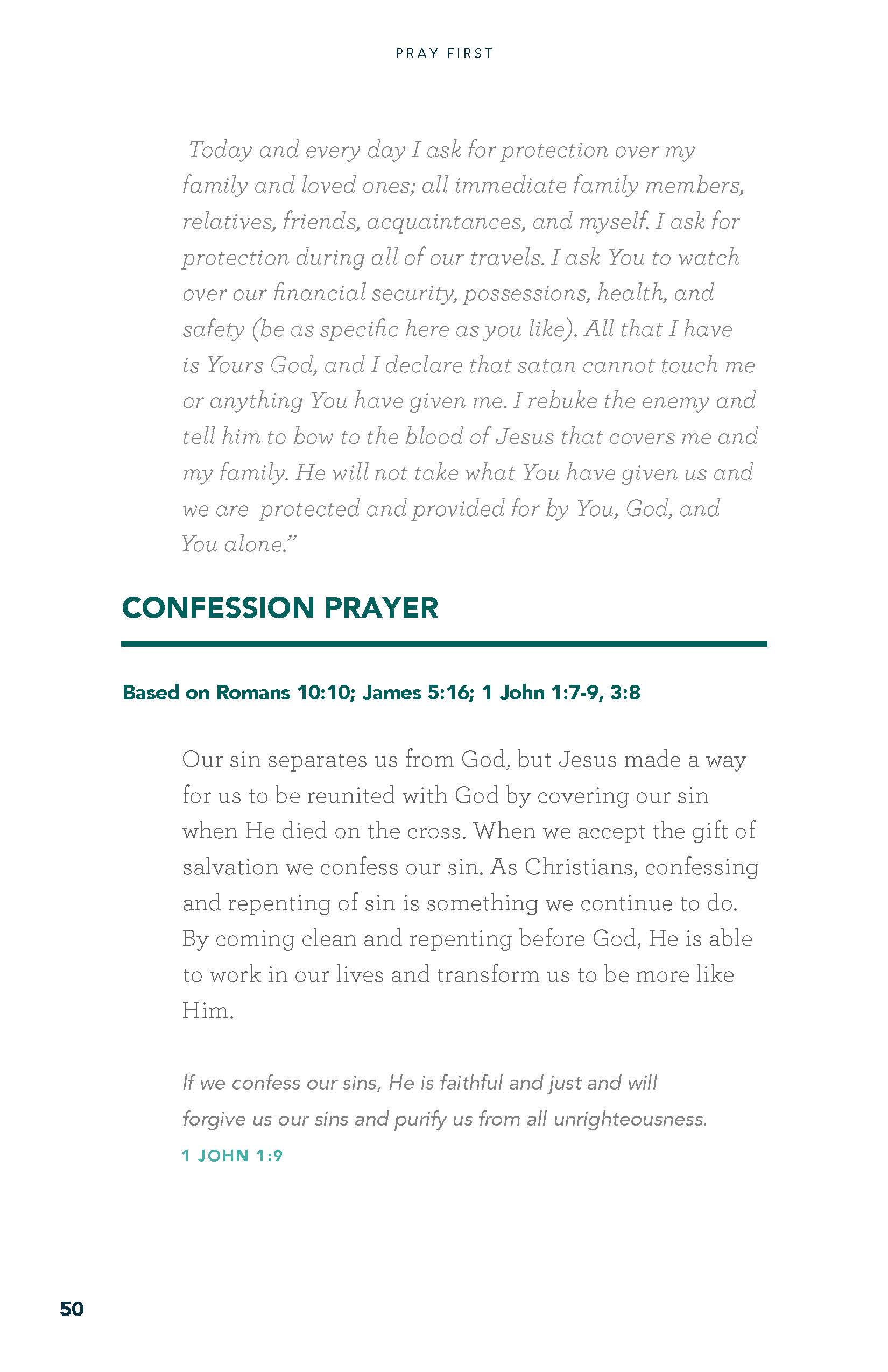
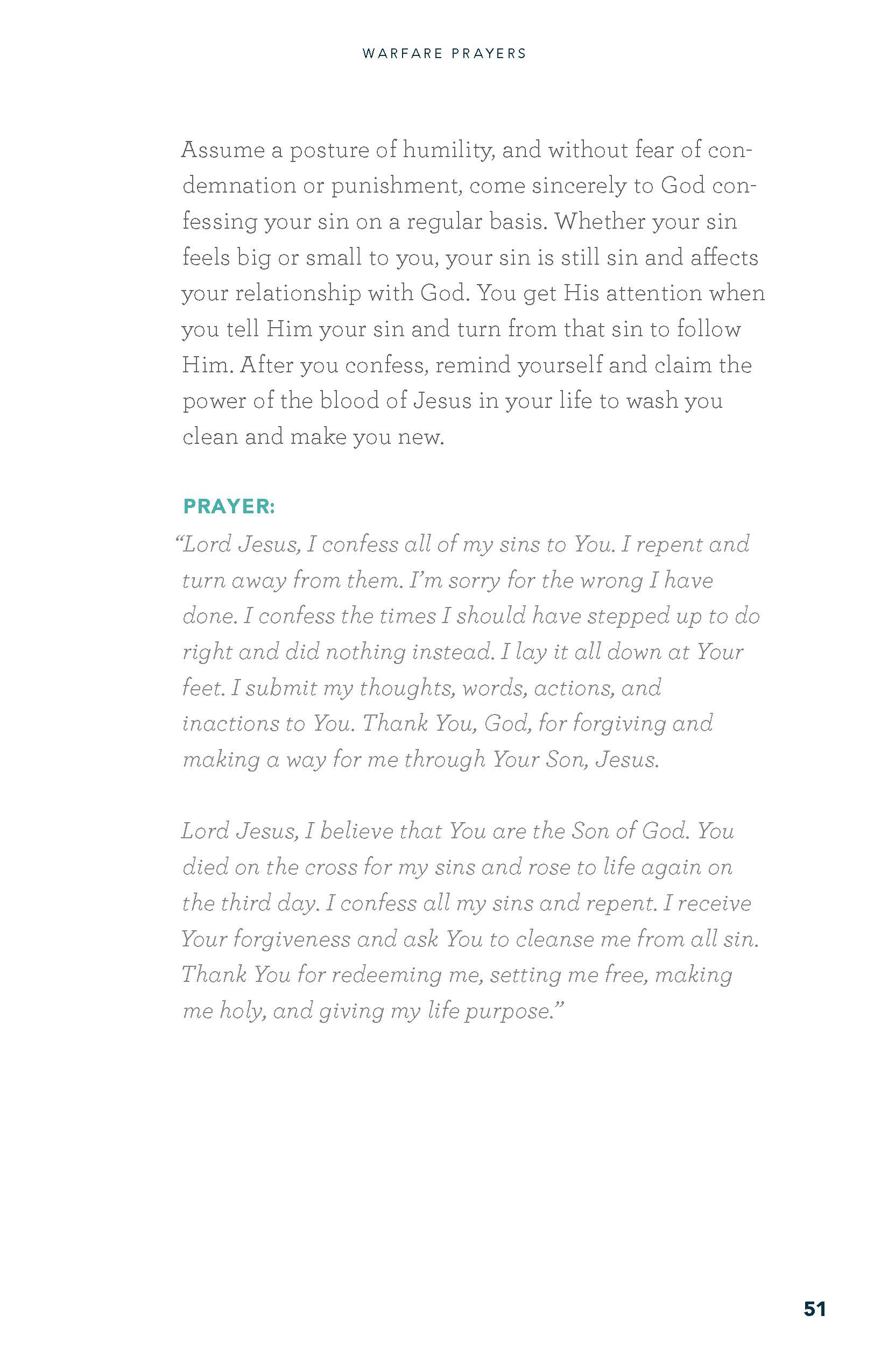
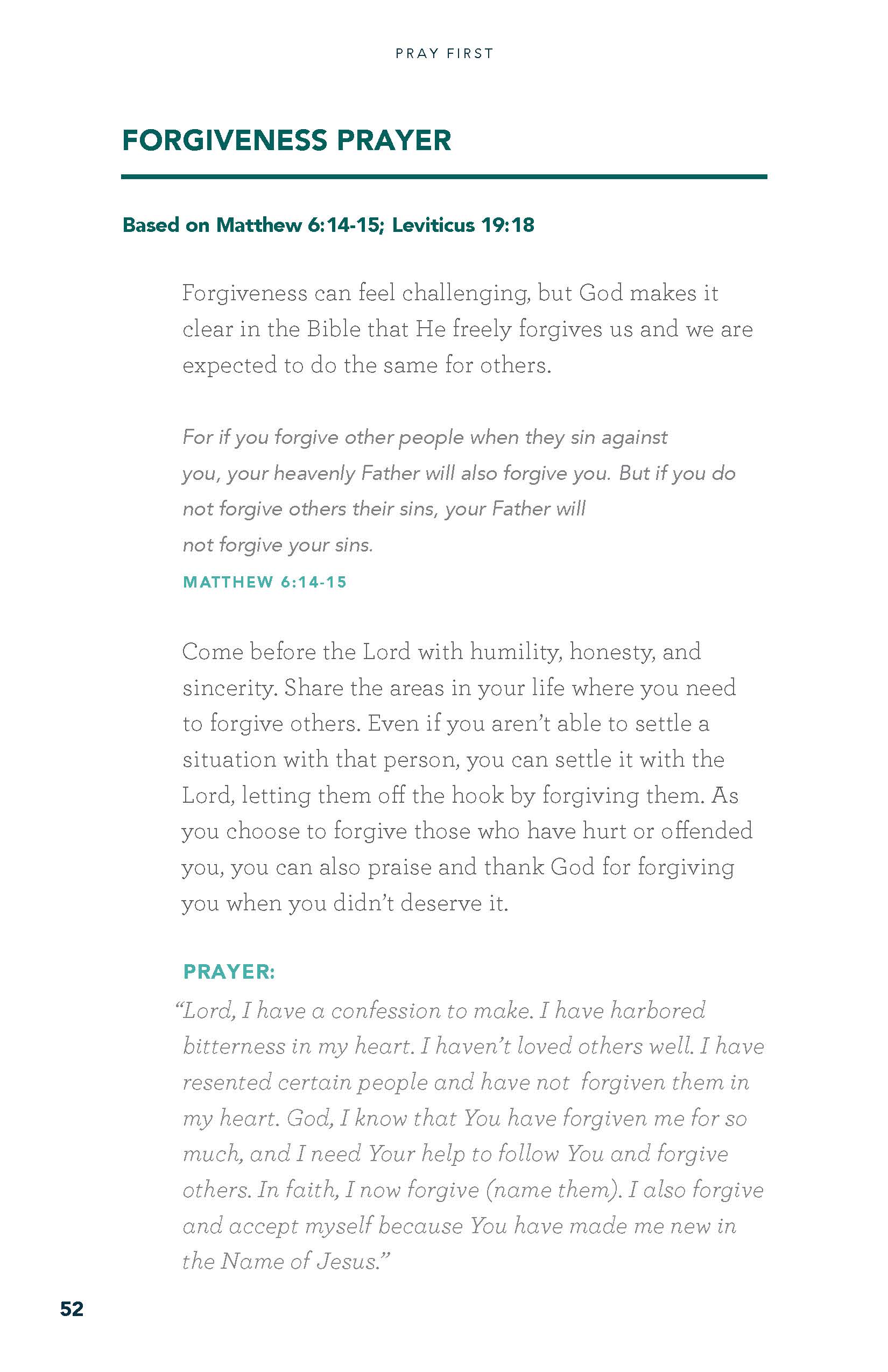
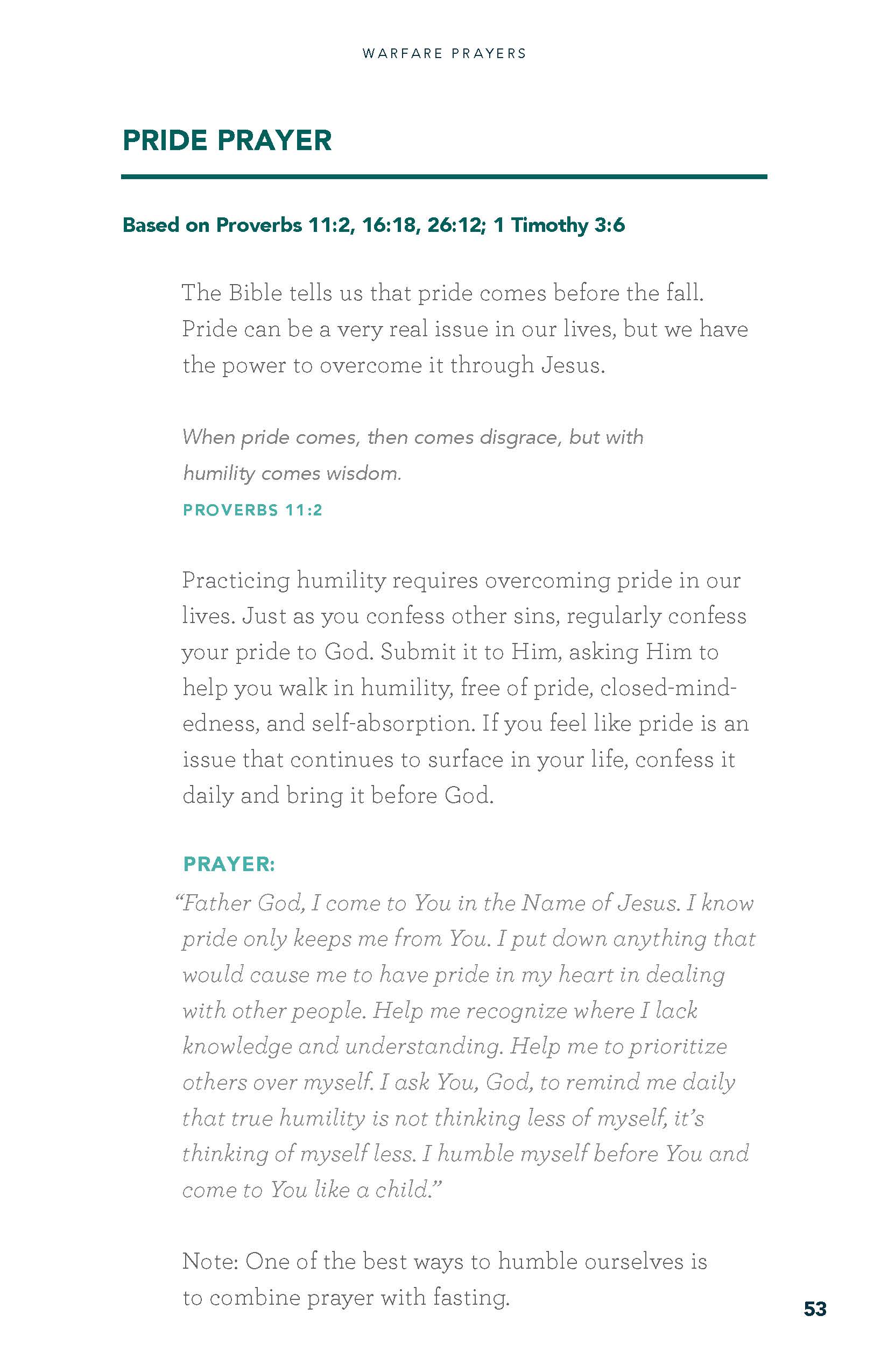
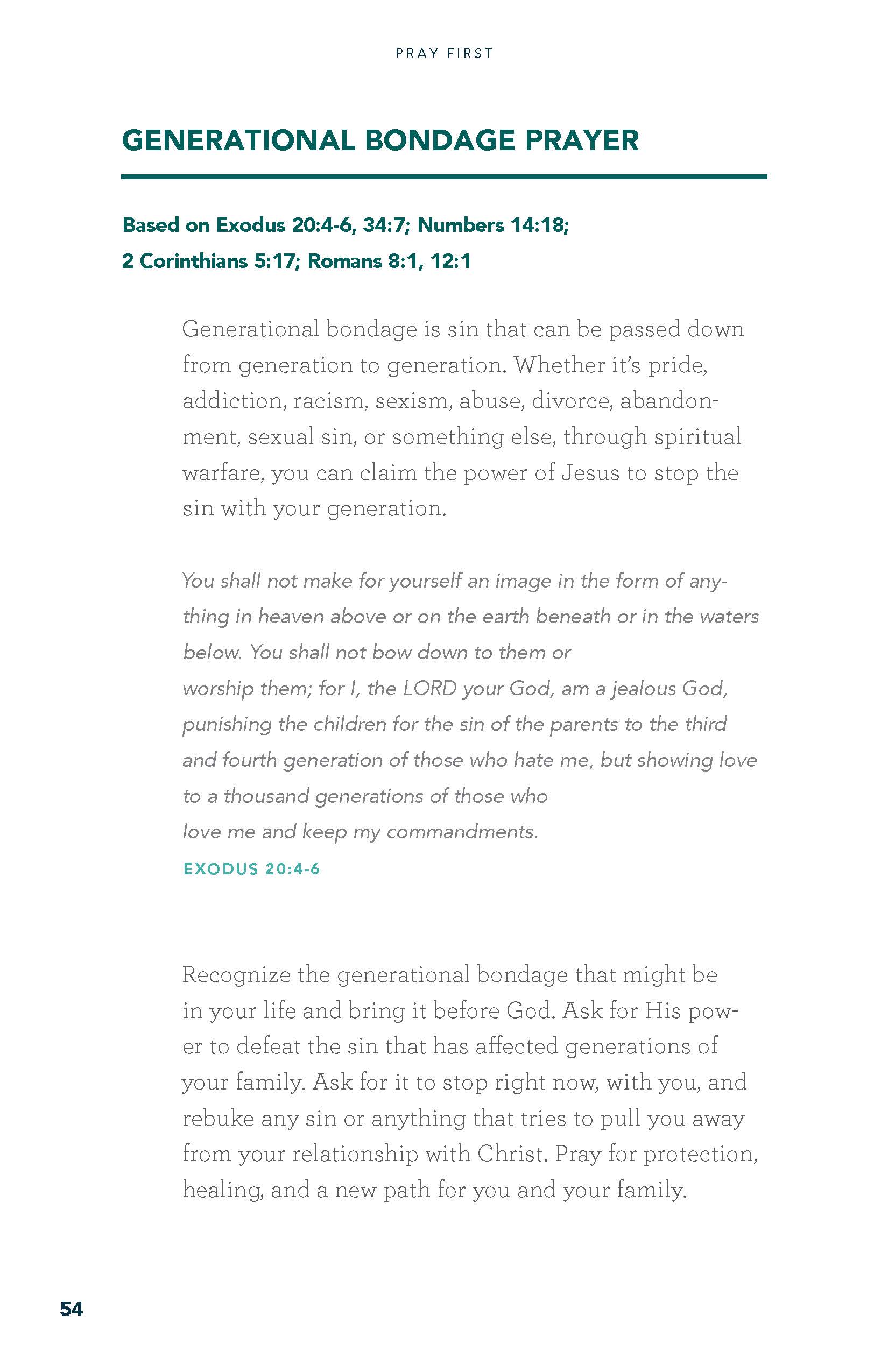
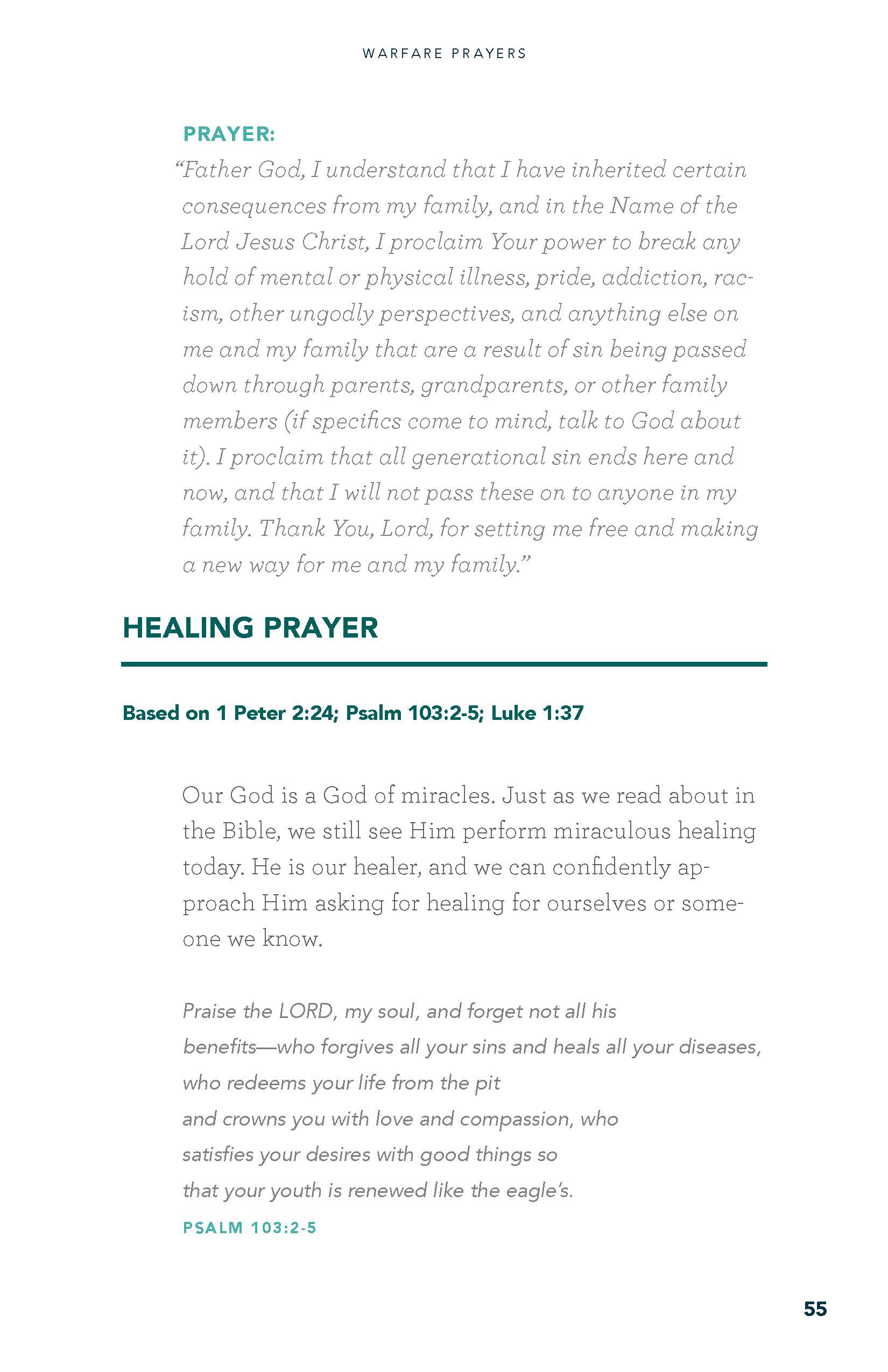
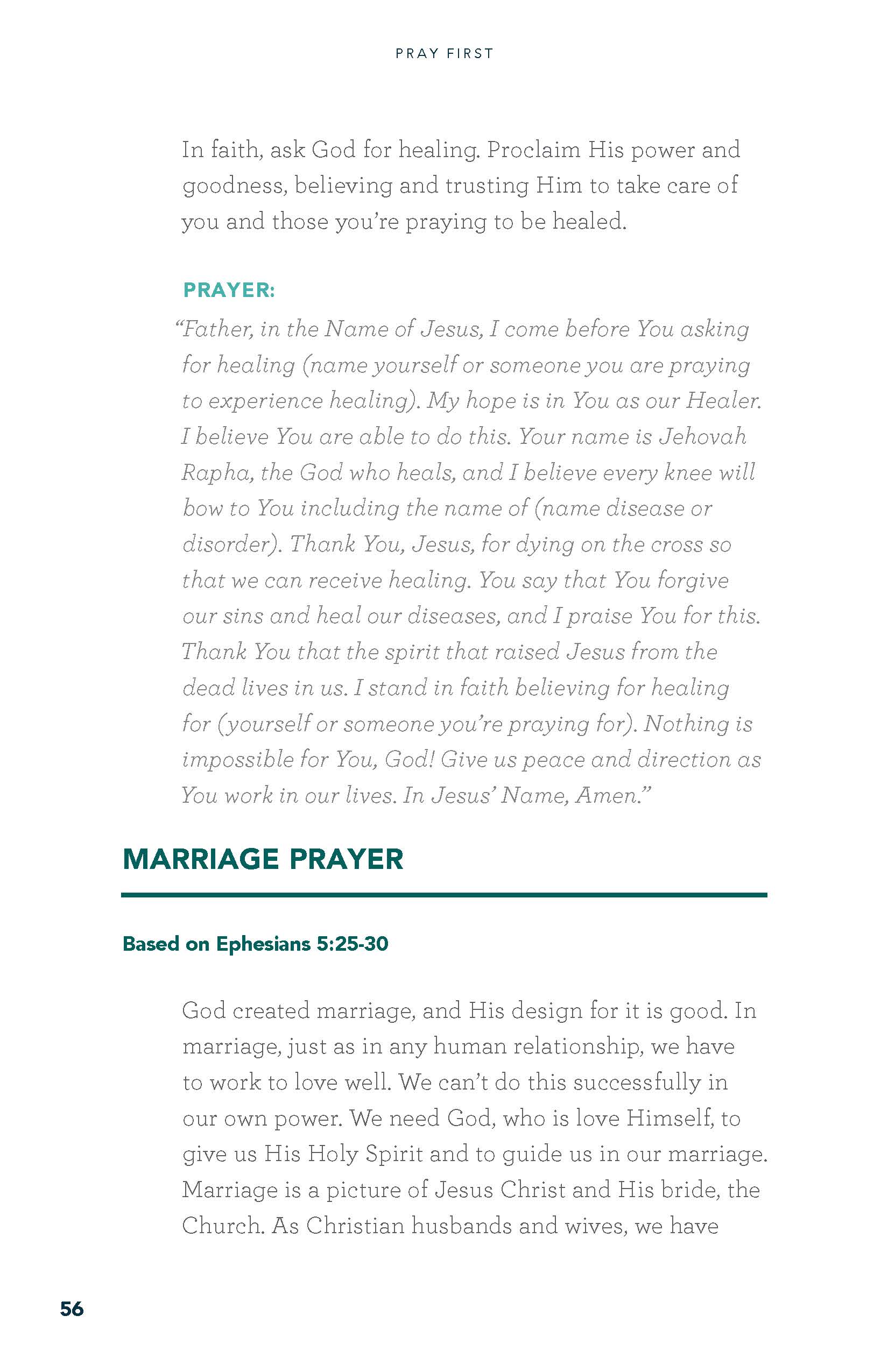
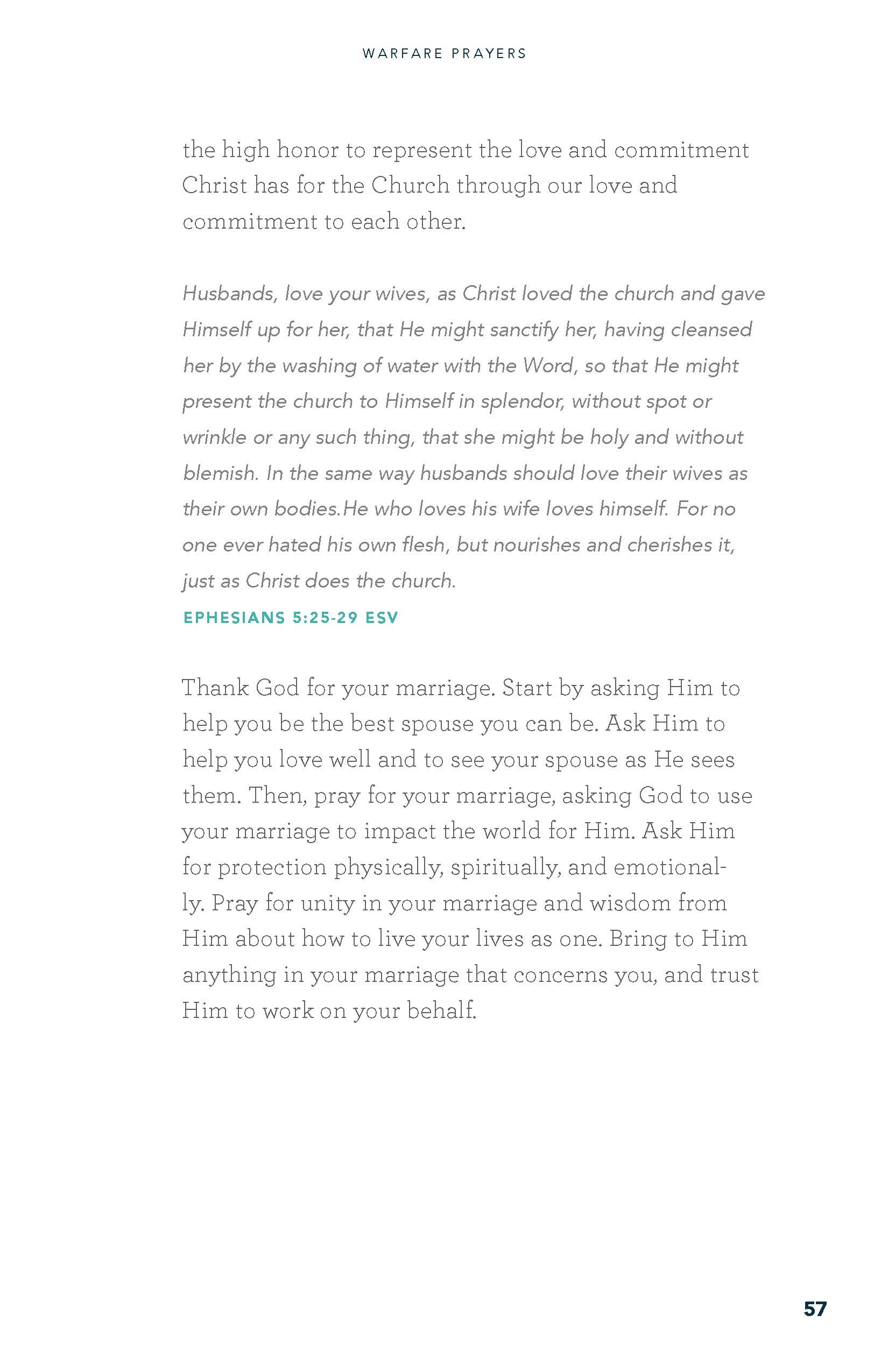
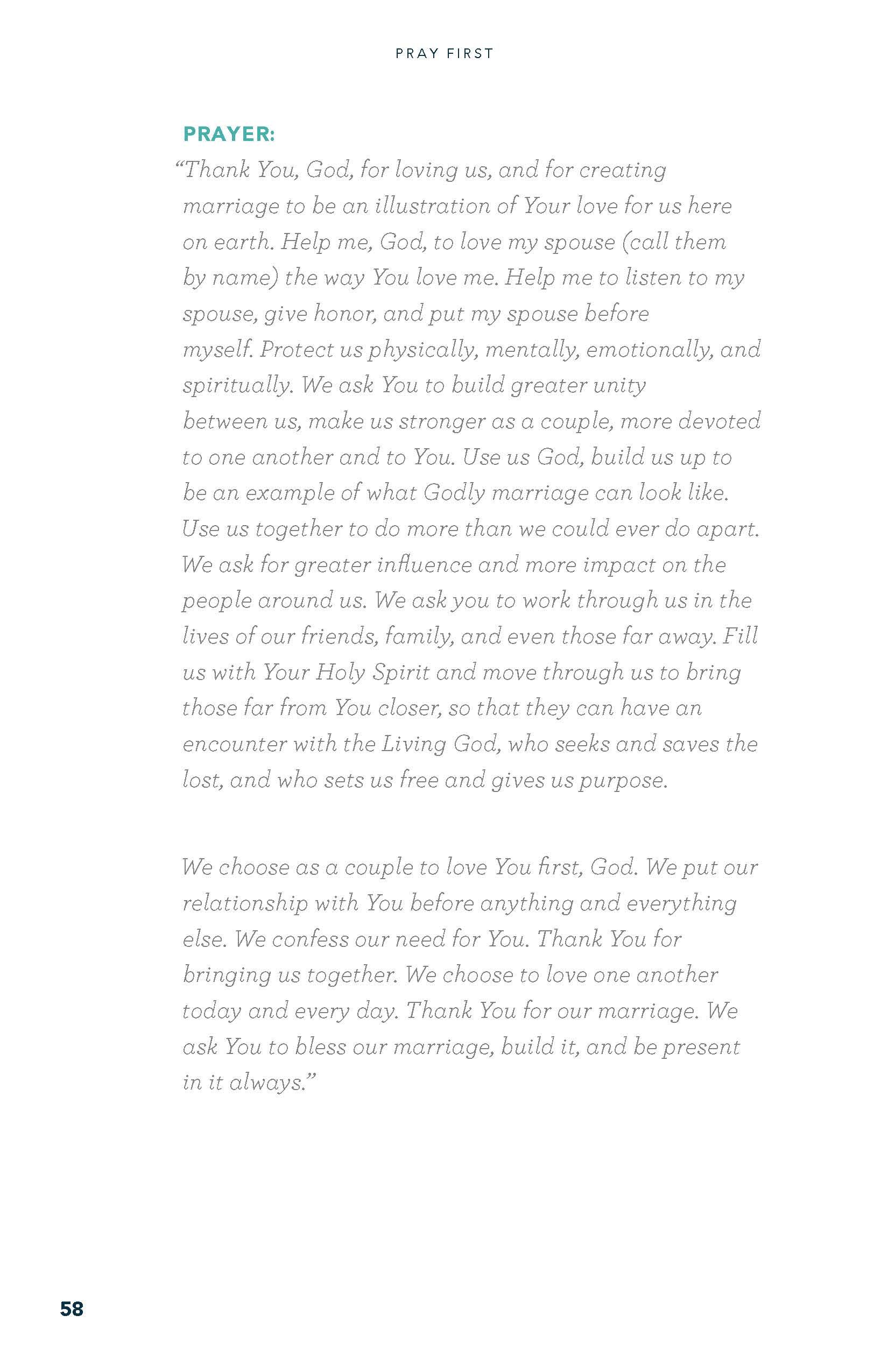
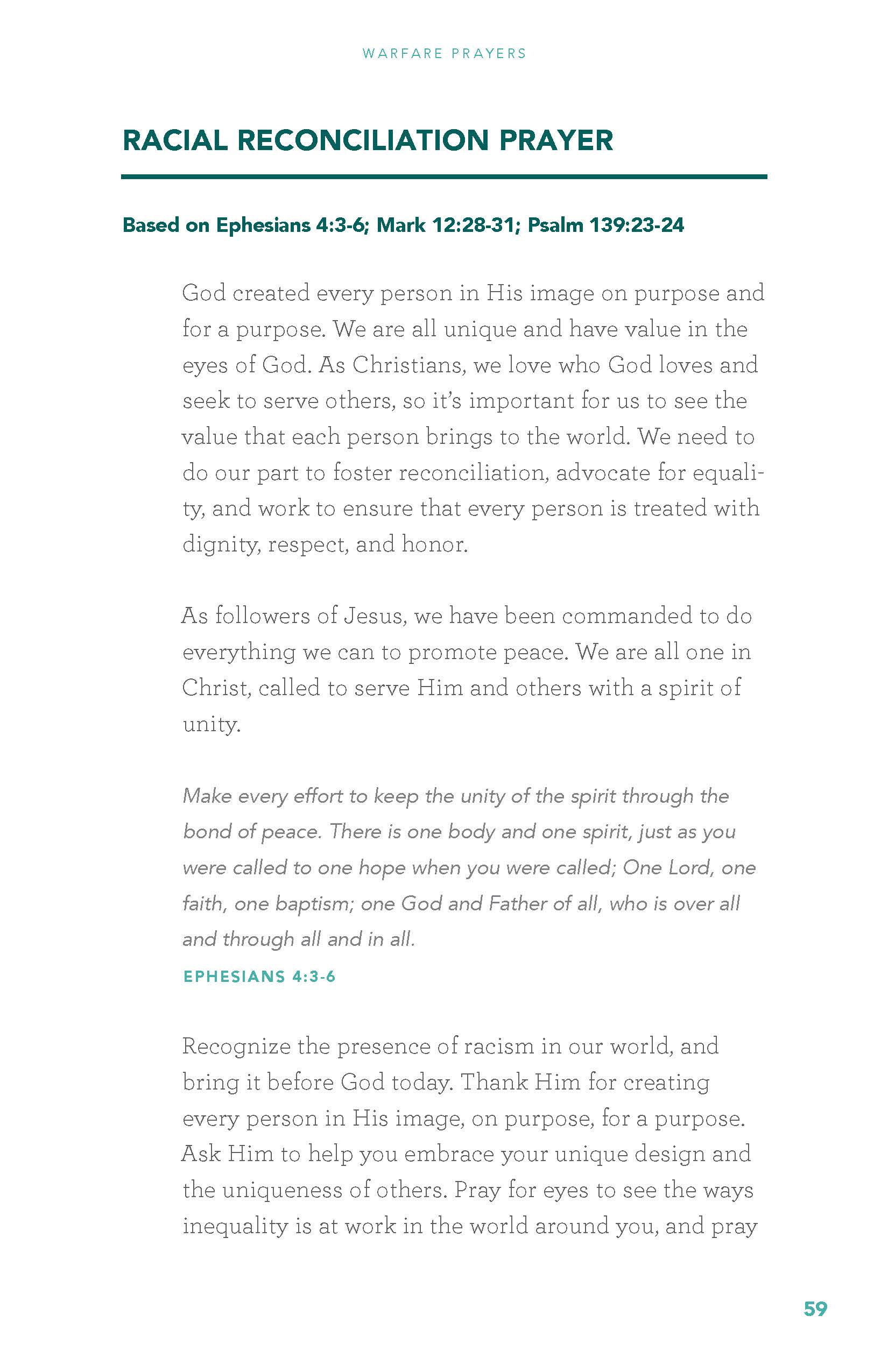
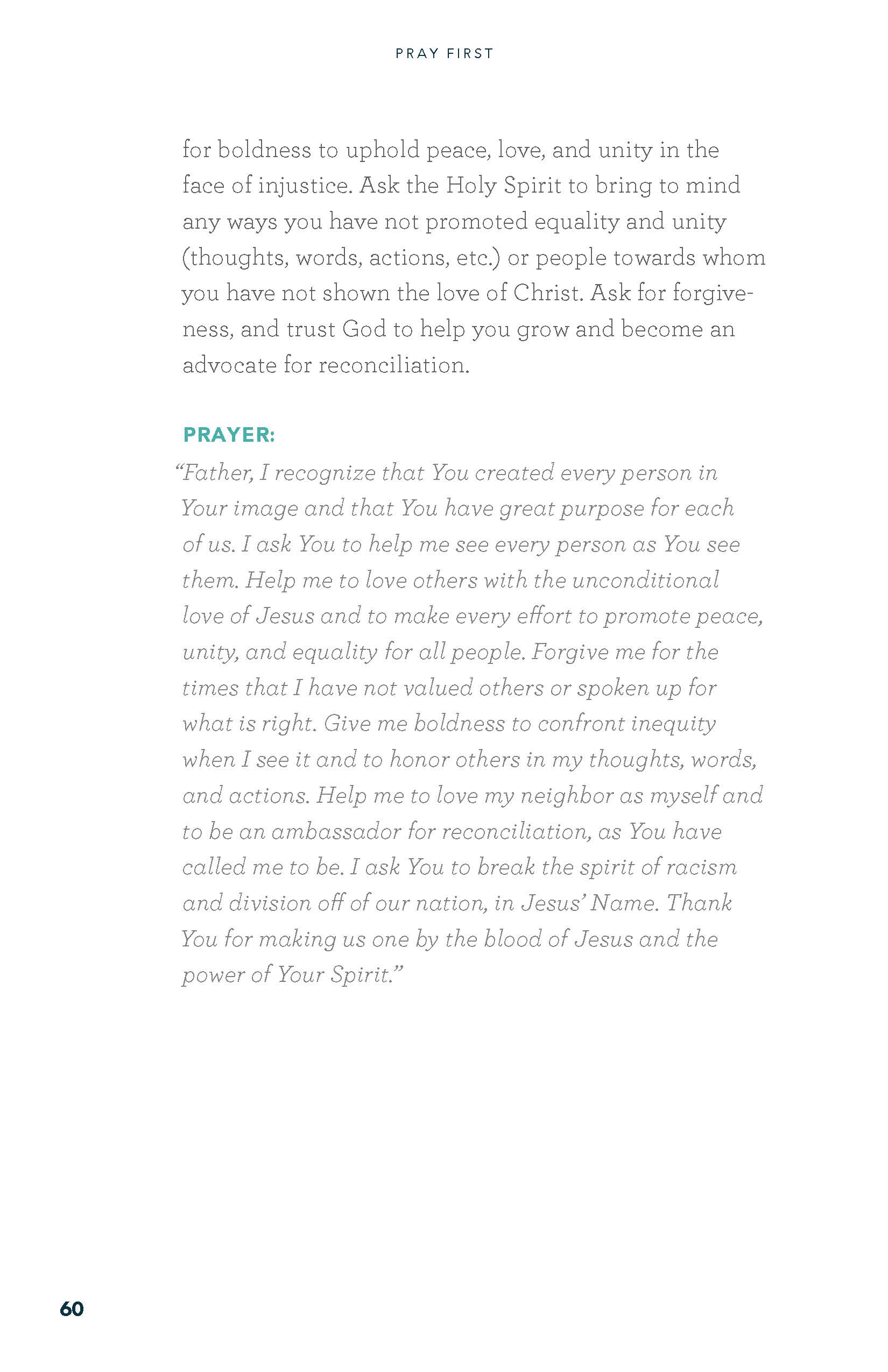
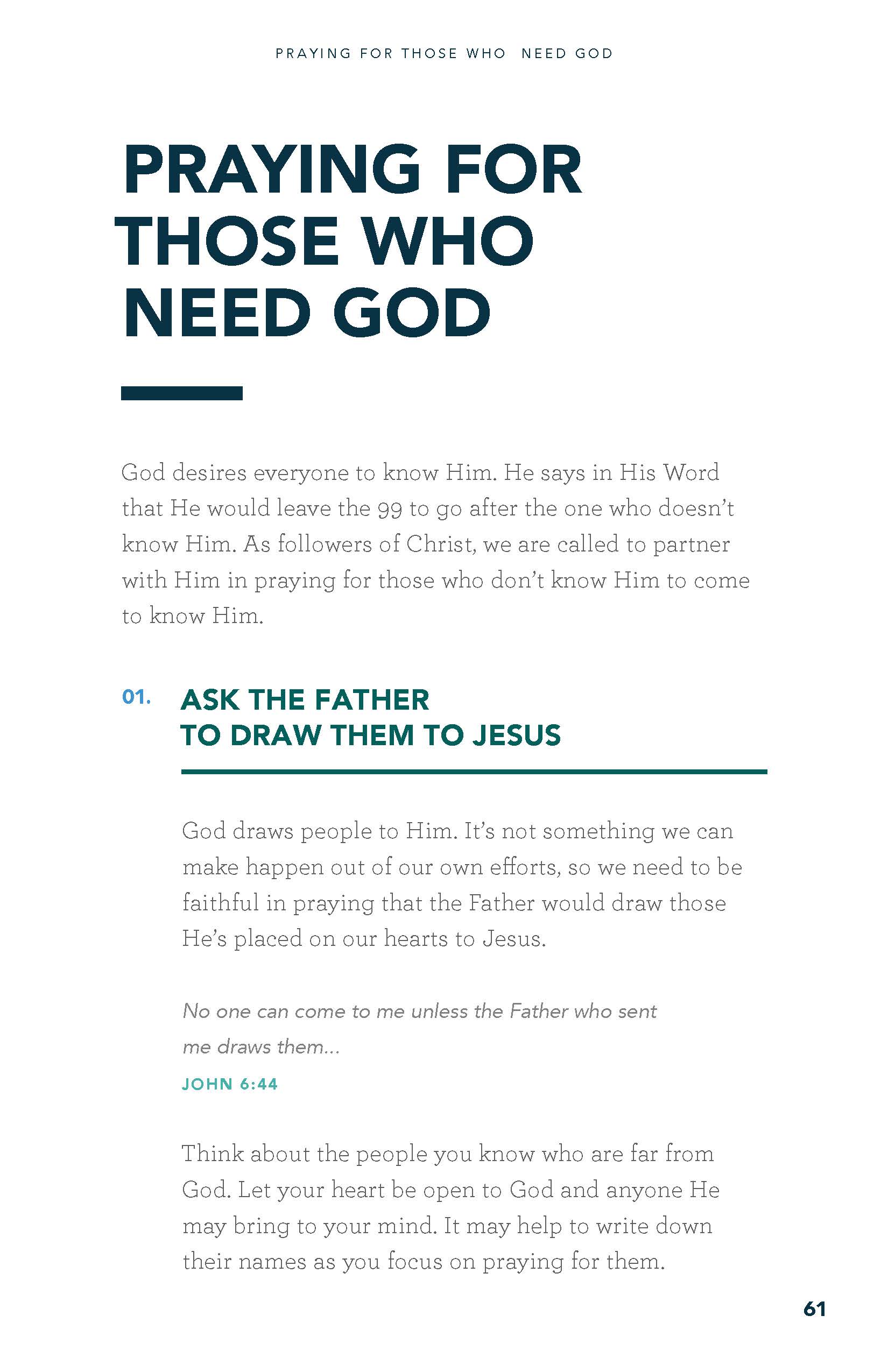
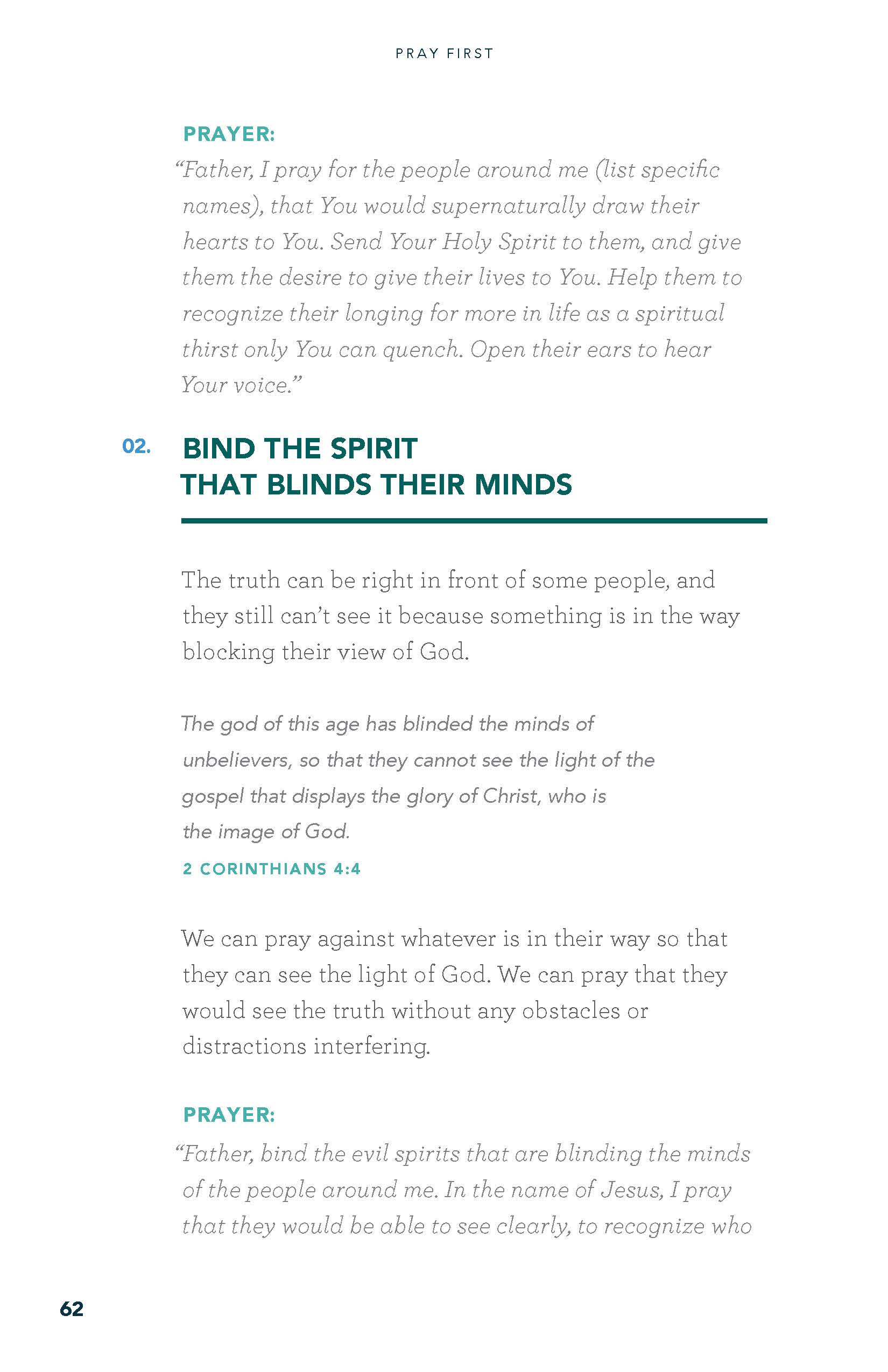
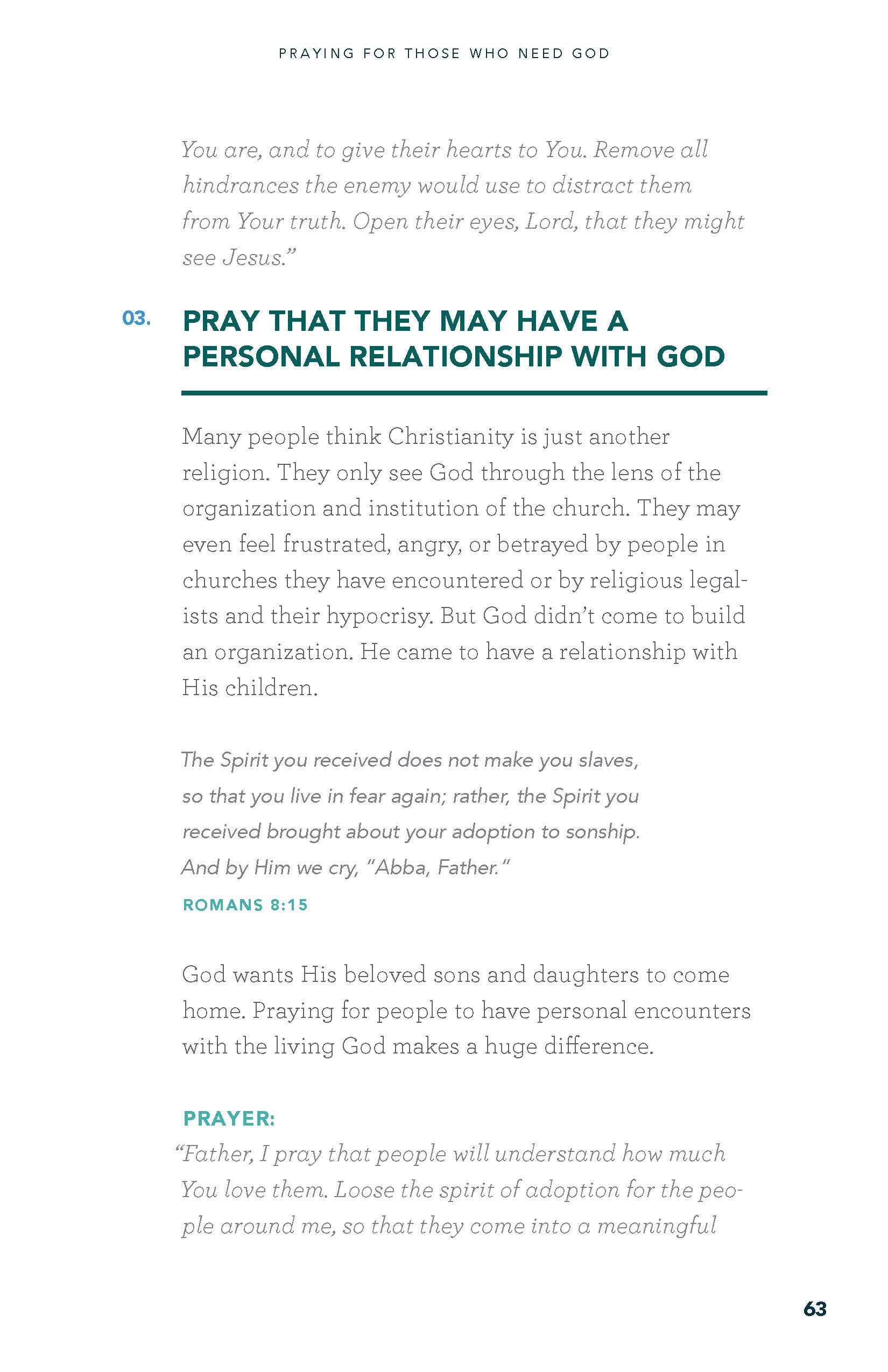
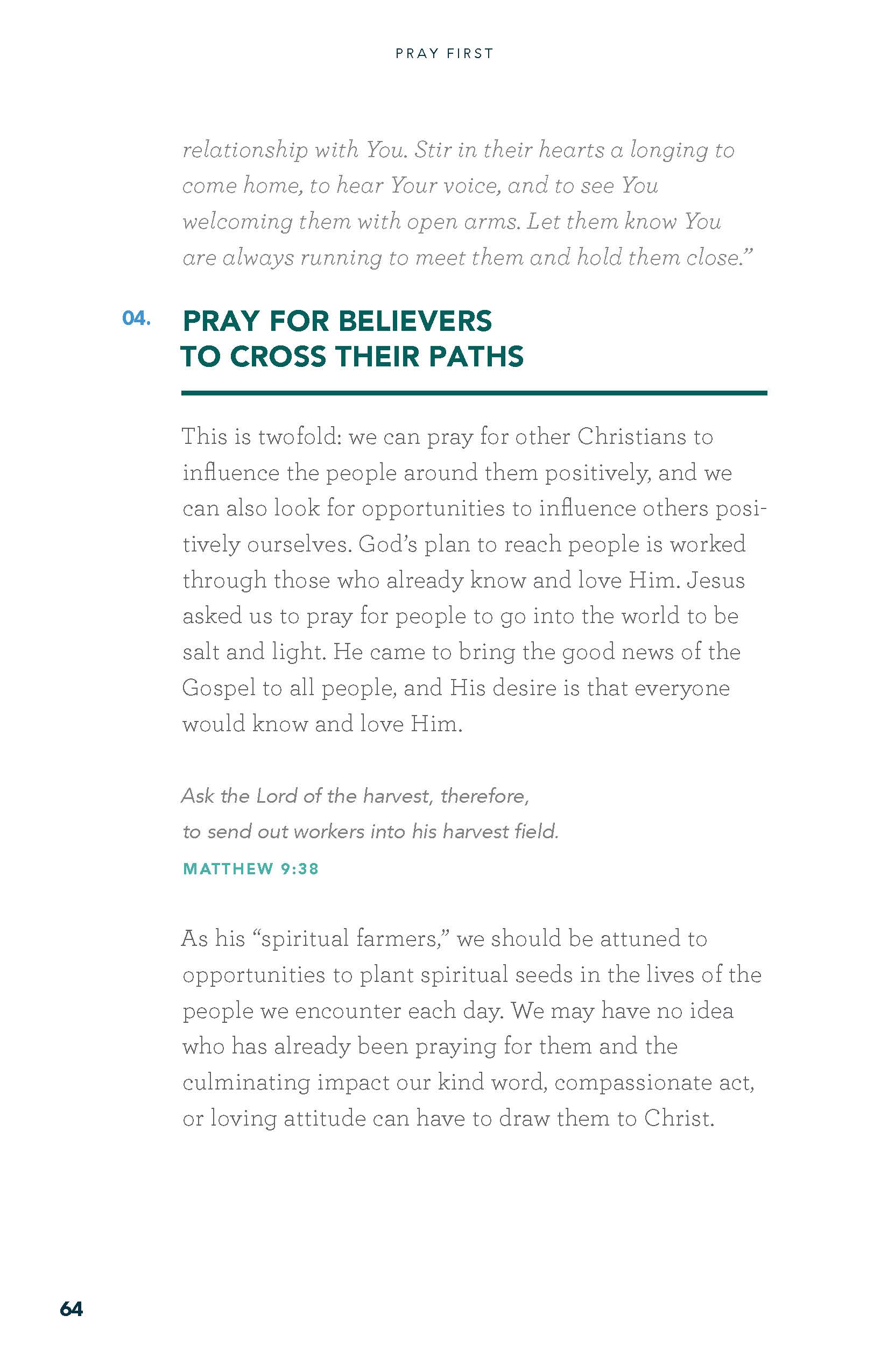
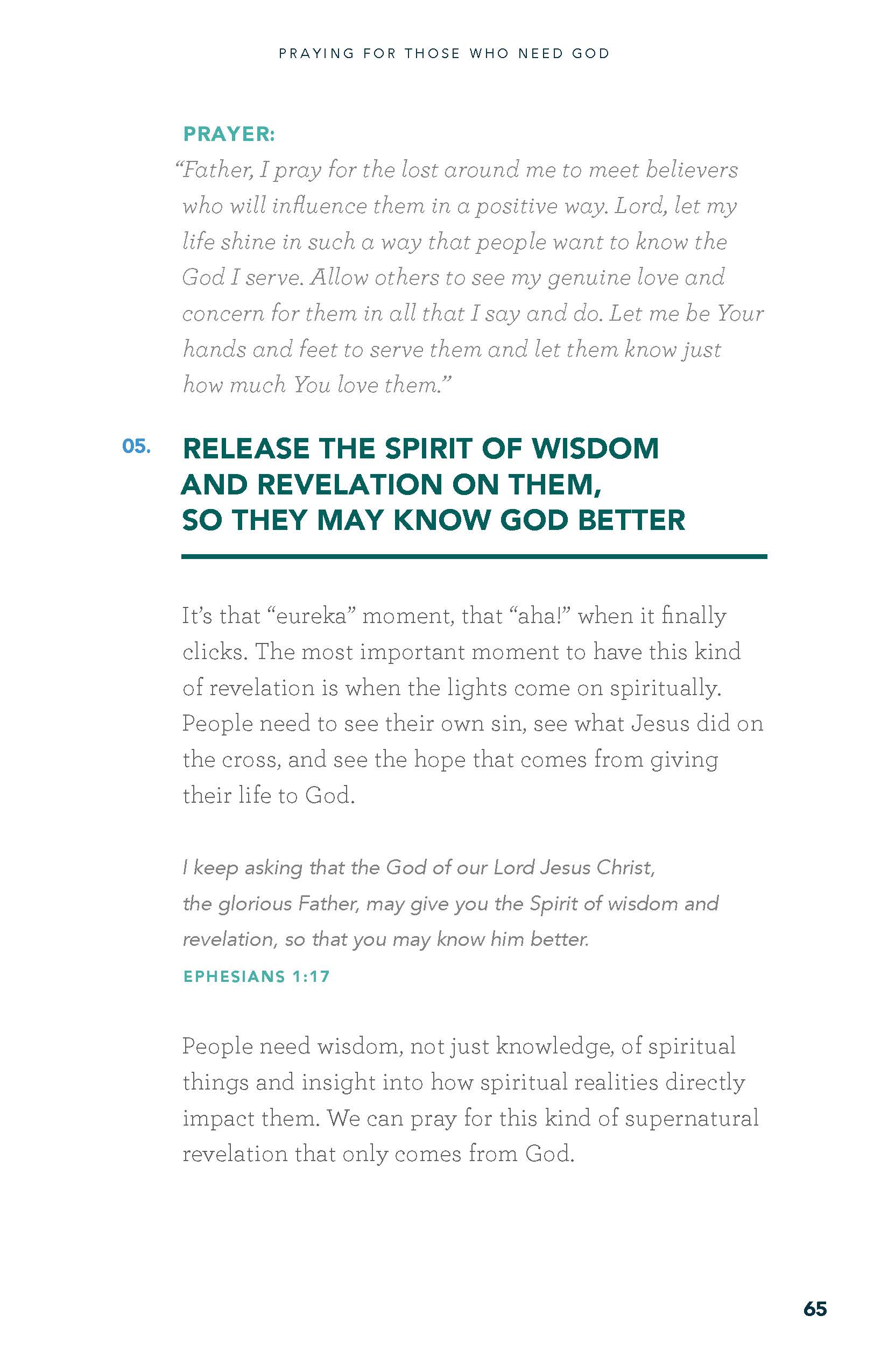
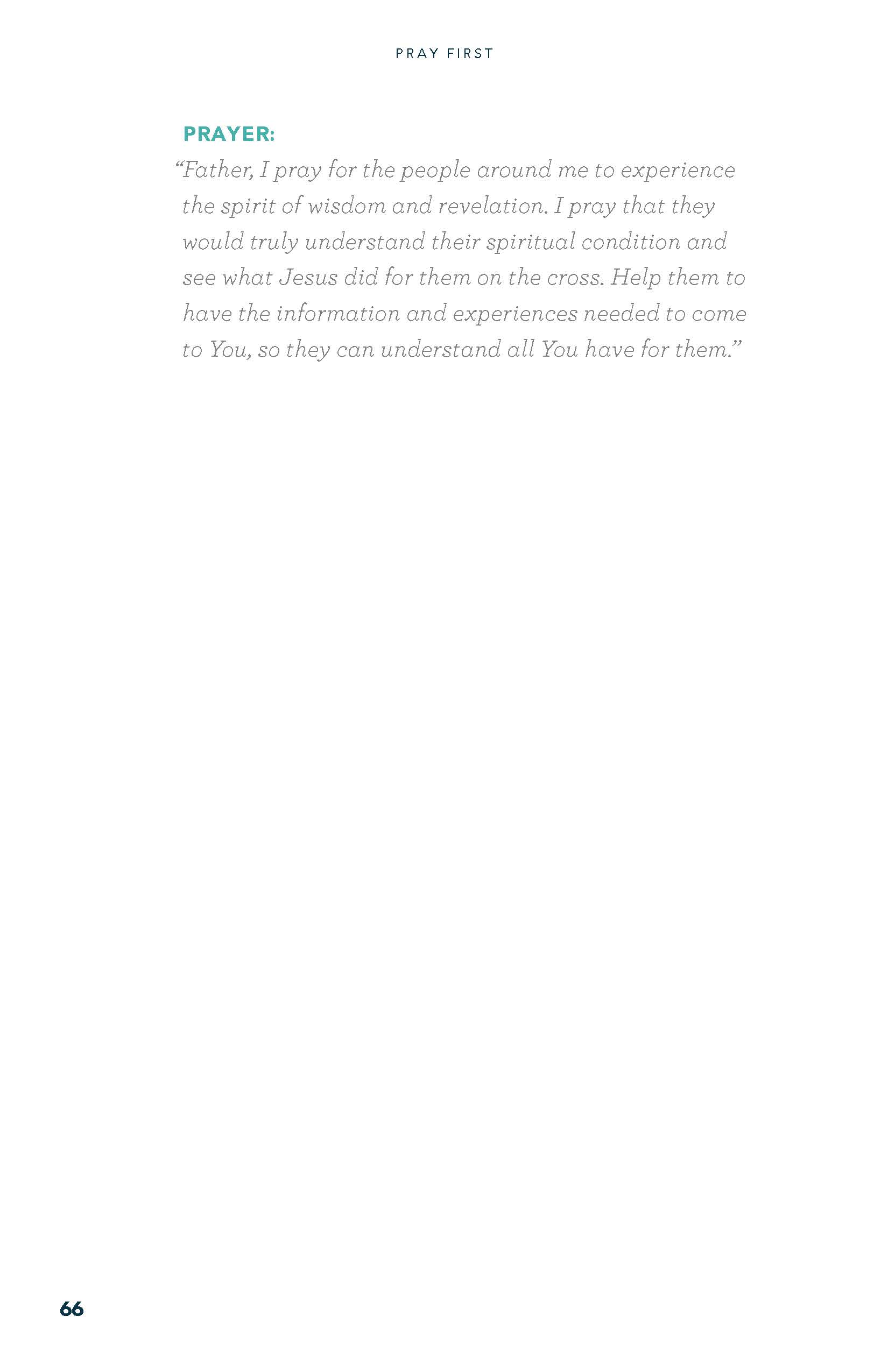
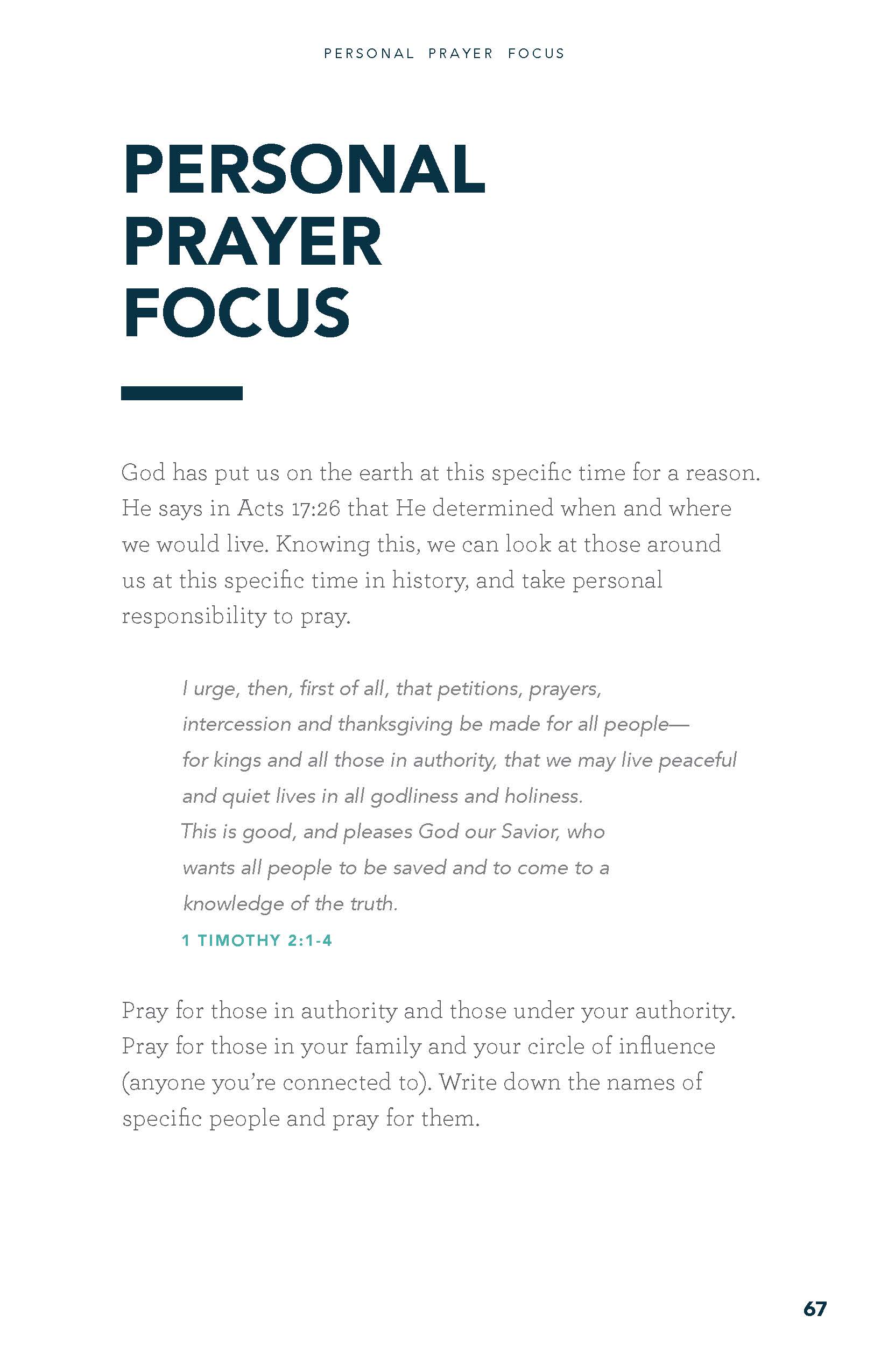
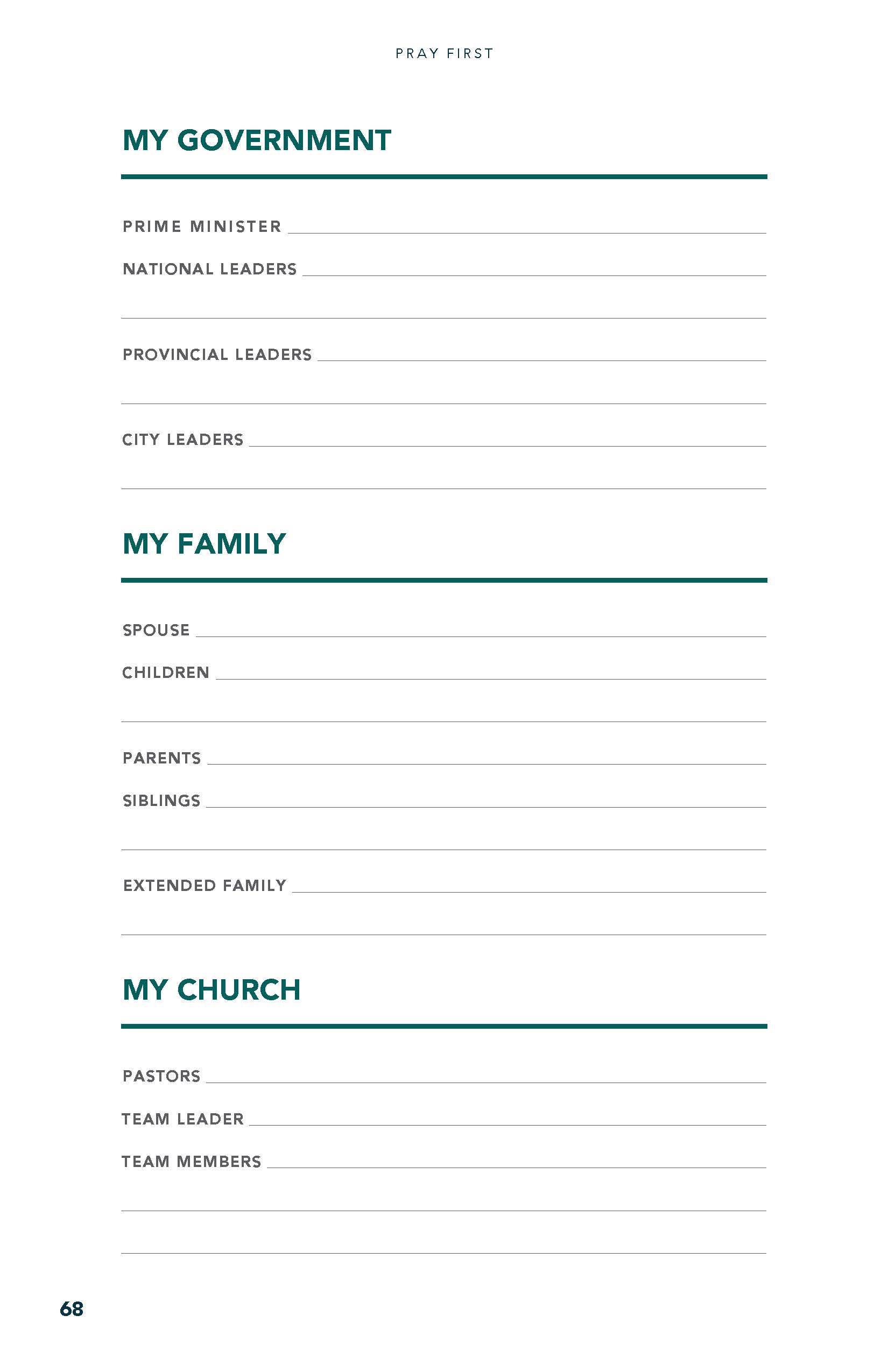
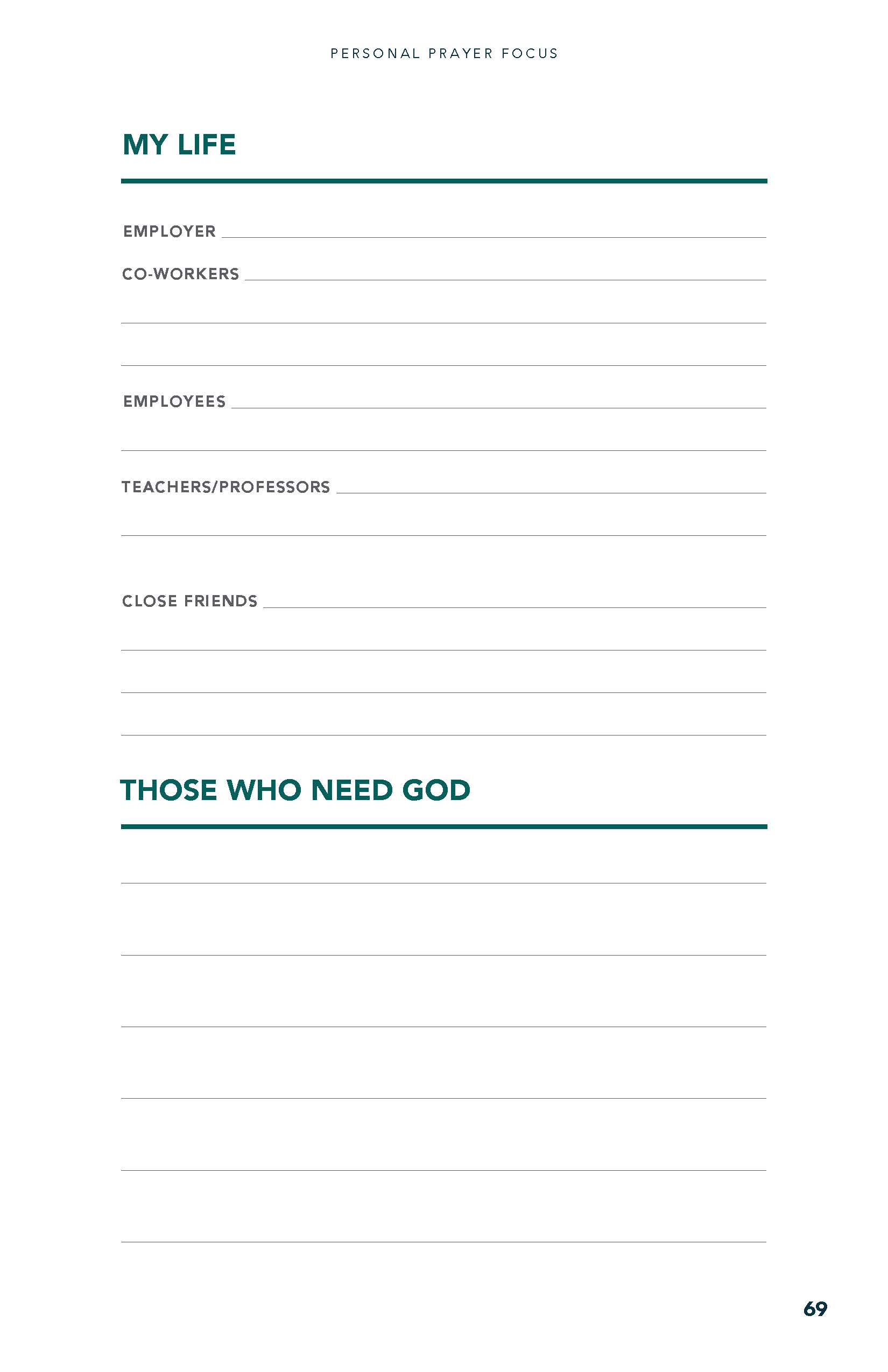
If you would like prayer, please connect with us.
We have a dedicated team of people who would love to pray with you.
All requests are kept confidential.
When we humble ourselves and pray and call on the Lord, He hears us and is attentive to our prayers (2 Chronicles 7:14). When we seek God in humility it produces an amazing sense of oneness with the Lord, reminds us of His goodness and mercy in our life, and prepares our hearts for all of the good things He desires to bring into our lives.
Our culture is not very familiar with the discipline of fasting, however, throughout the Old and New Testament fasting was a common practice. For thousands of years, Biblical fasting has been the practice of abstaining from food for spiritual purposes. Scripture doesn’t set rules as to the length of a fast, each person is free to determine the duration of a fast, and the common denominator is an attitude of humble petition before God.
This fast calls for drinking only liquids, typically water with light juices or broths as an option. Often regular meal times can be used for a time of prayer, or hunger pains will remind a person to pray through out the day. There is no wrong way to approach this, just remember to pray so that you’re not just starving yourself!
This type of fast involves removing certain elements from a diet. One example of a selective fast is the Daniel Fast, during which you remove meat, sweets, dairy, and bread from your diet and consume water and juice for fluids and fruits and vegetables for food.
Some people choose to fast things that are a vice to them like junk food, packaged food, or sweets. Others may choose to give up their night-time snacking habit or daily source of caffeine. When we refrain from our usual preferences and desires it can be a great reminder to seek God.
This fast is common for those who do not have a lot of experience in fasting foods, who have health issues that prevent them from fasting food, or wish to refocus certain areas of their life that are out of balance. Fast from media or entertainment like TV, sports, movies, social sites, games and apps, secular music, videos, you-tube, electronic devices etc.
This is a great option as a person is giving something up and submitting their will to God. It is especially beneficial if a person chooses to replace the time they would normally spend on media and devote some time to seeking the Lord.
Remember, your personal fast should present a level of challenge, but it is important to know your own body, your options, and, most importantly, to seek God in prayer and follow what the Holy Spirit leads you to do.
Sometimes fasting can be misunderstood as a way that we can get God to give us what we want, adding extra “oomph” to our prayers. However, fasting is not so much about how God responds to our prayers as it is about how we bring our prayers to Him.
• 1 Peter 5:5 NIV | See 2 Samuel 22:28 “God opposes the proud, but shows favour to the humble. Fasting is a means of humbling ourselves before God. In the Old Testament fasting was often accompanied by other signs of humility and brokenness. Weeping, mourning, lamenting… wearing sackcloth and sitting in ashes were common acts.
• Psalm 35:13 NKJV | See Ezra 8:21 Fasting is a Biblical way to truly humble yourself in the sight of God. King David said “I humbled myself with fasting”
• Fasting enables the Holy Spirit to reveal our true spiritual condition. This often results in brokenness, repentance and a transformed life.
• Our confidence and faith in God will be strengthened. Fasting will refresh you mentally, spiritually and physically.
Remember, it is important to understand that fasting is not a way to get a better response in prayer. True fasting is a means of cultivating a better (more humble) approach to prayer.
The Bible is full of examples of people who have abstained from food to seek God: Jesus fasted before He began His public ministry (Luke 4:1-2)
• Moses fasted for 40 days when he was on the mountain receiving the Ten Commandments. (Exodus 34:28)
• Nehemiah fasted, confessing and repenting of his sins to God, and asking God for favour in the sight of the king of Persia to get permission to rebuild the walls of Jerusalem. (Nehemiah 1:4)
• Queen Esther asked the Jews to fast before she approached the Persian king on behalf of her people. (Esther 4:16)
• David fasted in Psalm 35:13 to ask God to intervene because of justice and also in 2 Samuel 12:17, 23 when he asked for a miraculous healing. (A request God did not grant.)
• Mordecai and the Jews fasted upon hearing news that Haman had a wicked plot for their extermination. (Esther 4:3)
• The early church relied on this practice in asking the Lord’s guidance for important decisions (Acts 13:2; Acts 14:23).
Matthew 6:16-18 Jesus teaches “Whenever you fast,” not “If you fast.”
This implies that fasting should be a vital part of our Christian life. In fact, the context of His teaching also includes instructions on giving (Matthew 6:1-4) and prayer (Matthew 6:5-15). None of us would exclude either of those practices from our lives, yet too often we consider fasting irrelevant or unnecessary.
Send us a quick message here.
Fill in your details and we’ll add you to our email list to receive important notifications and updates.